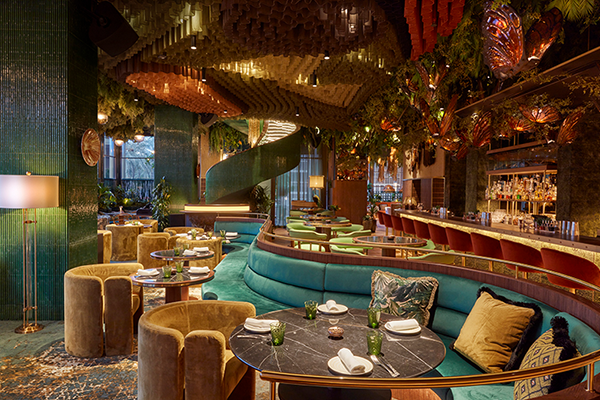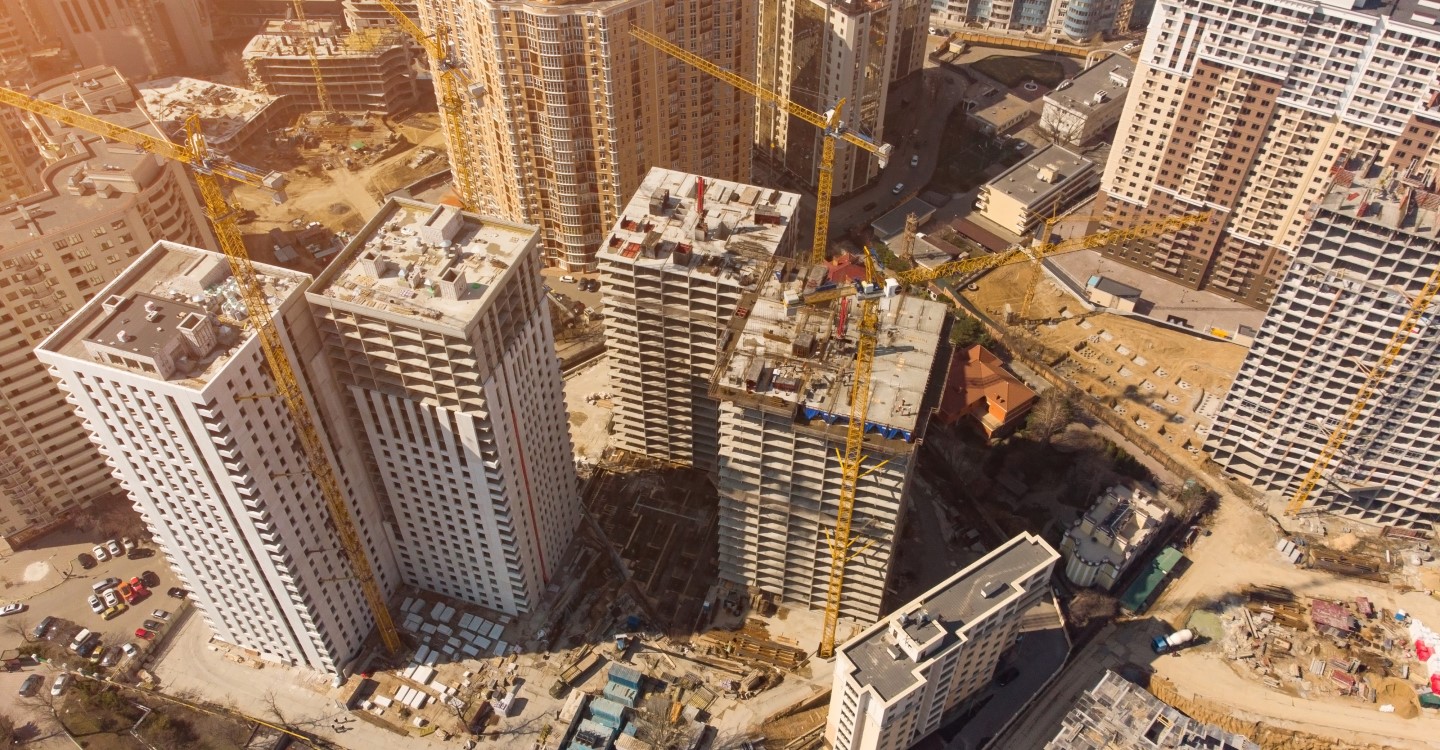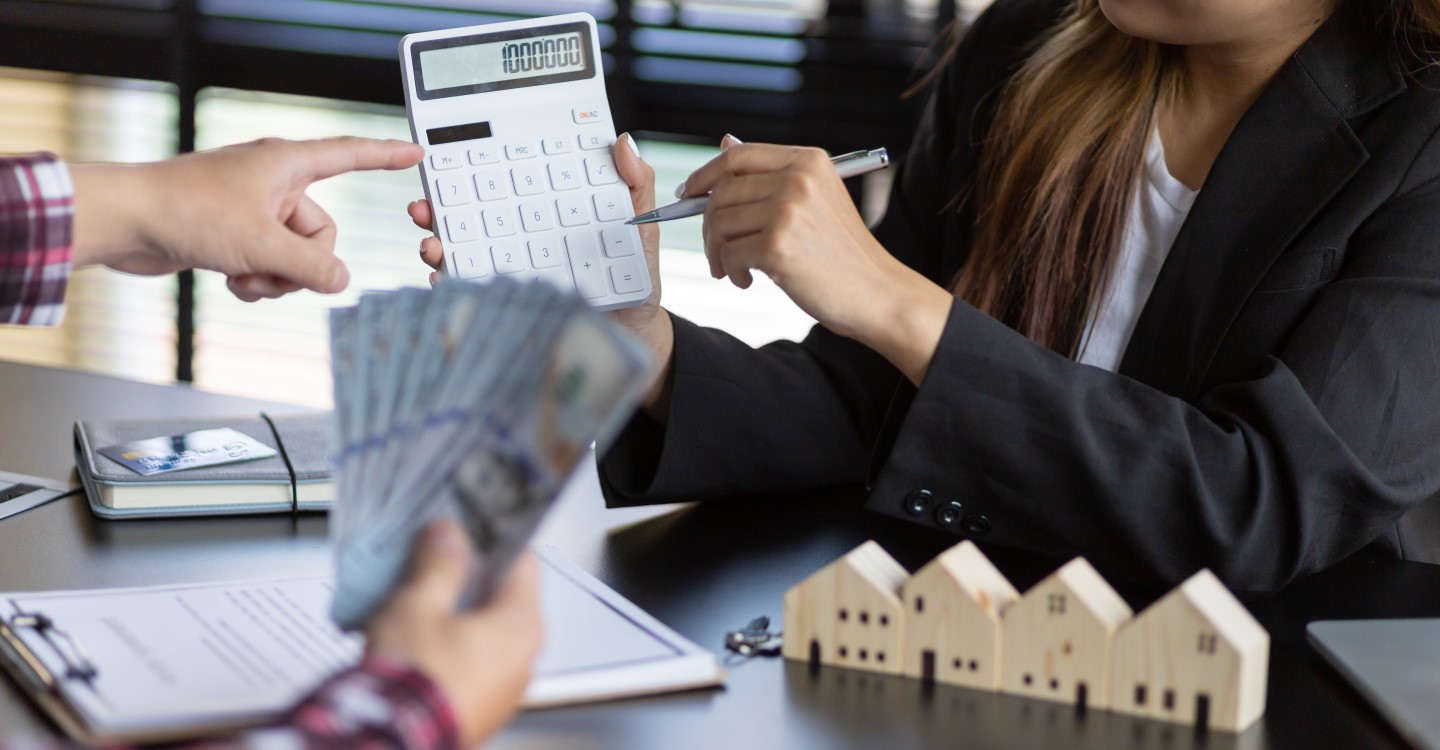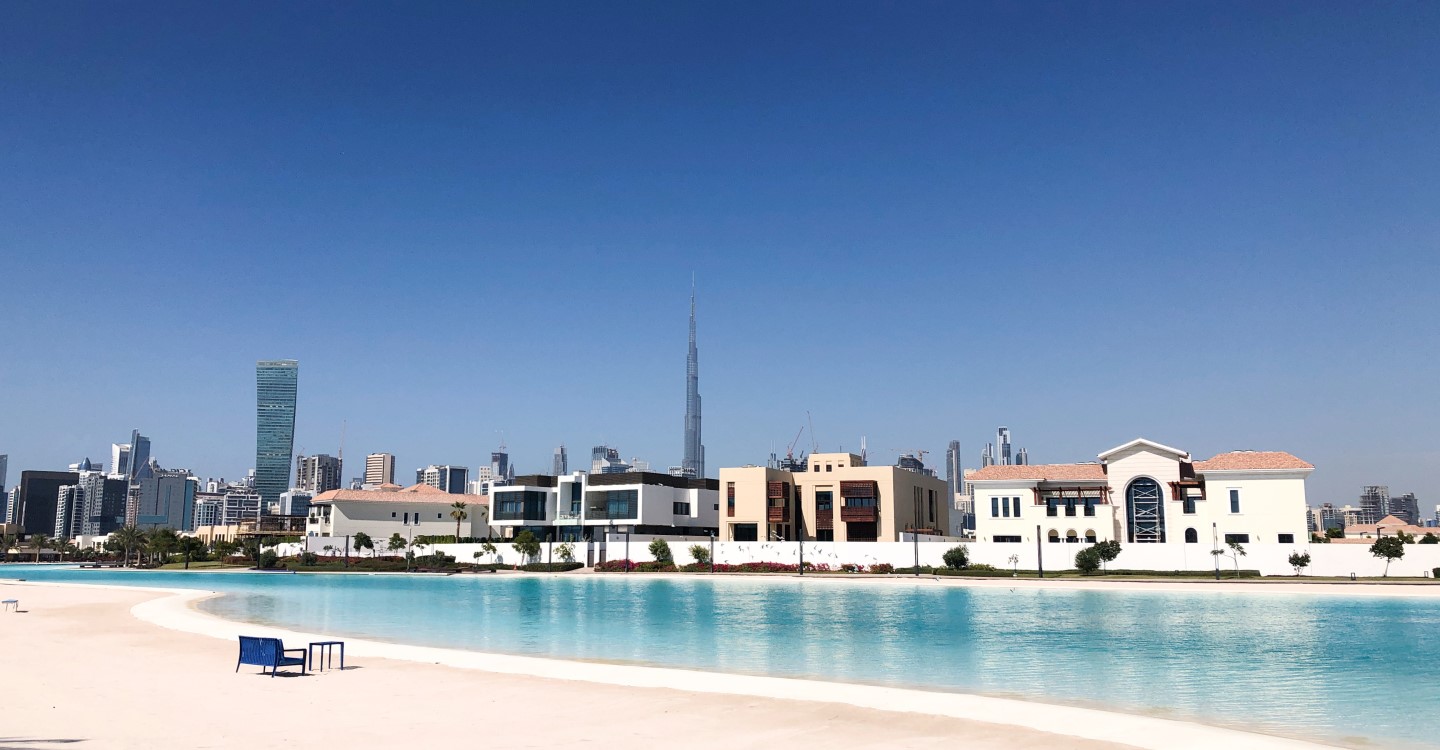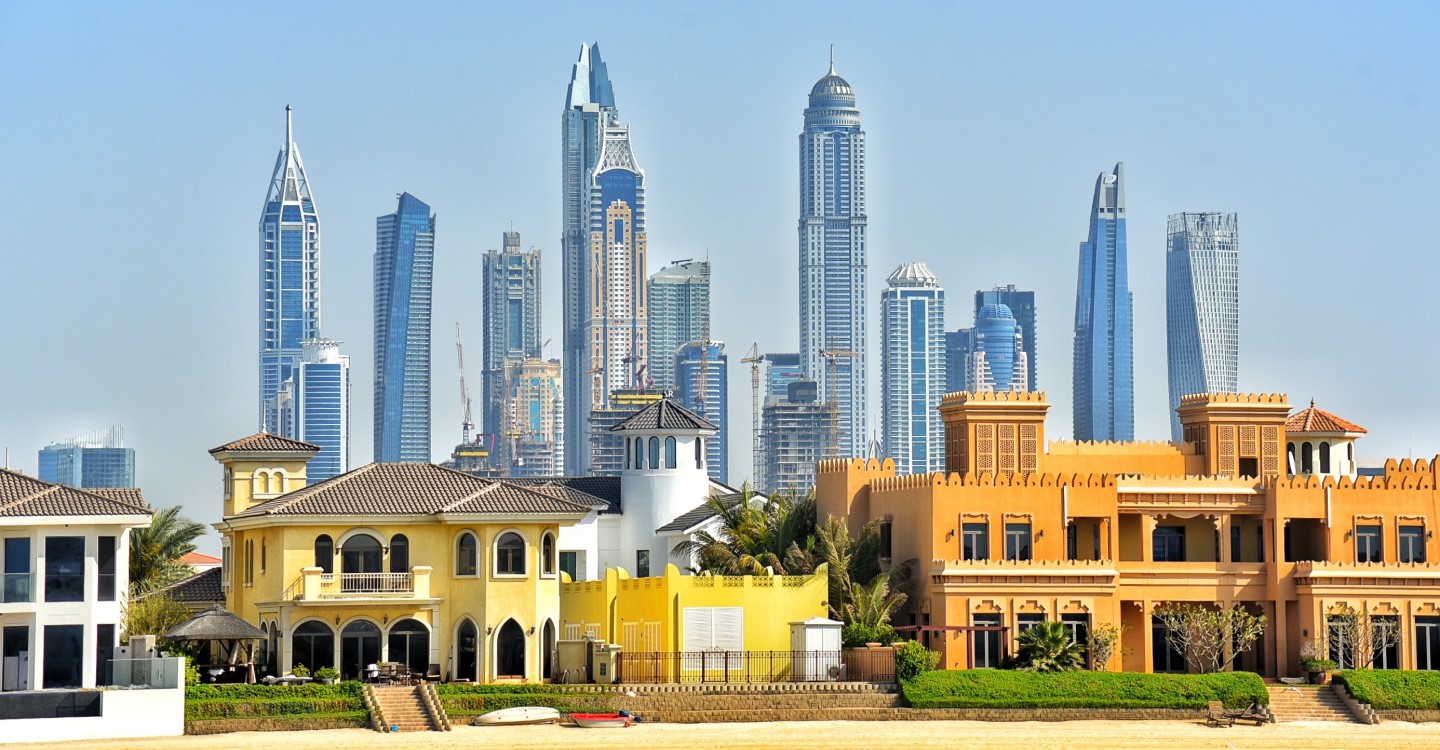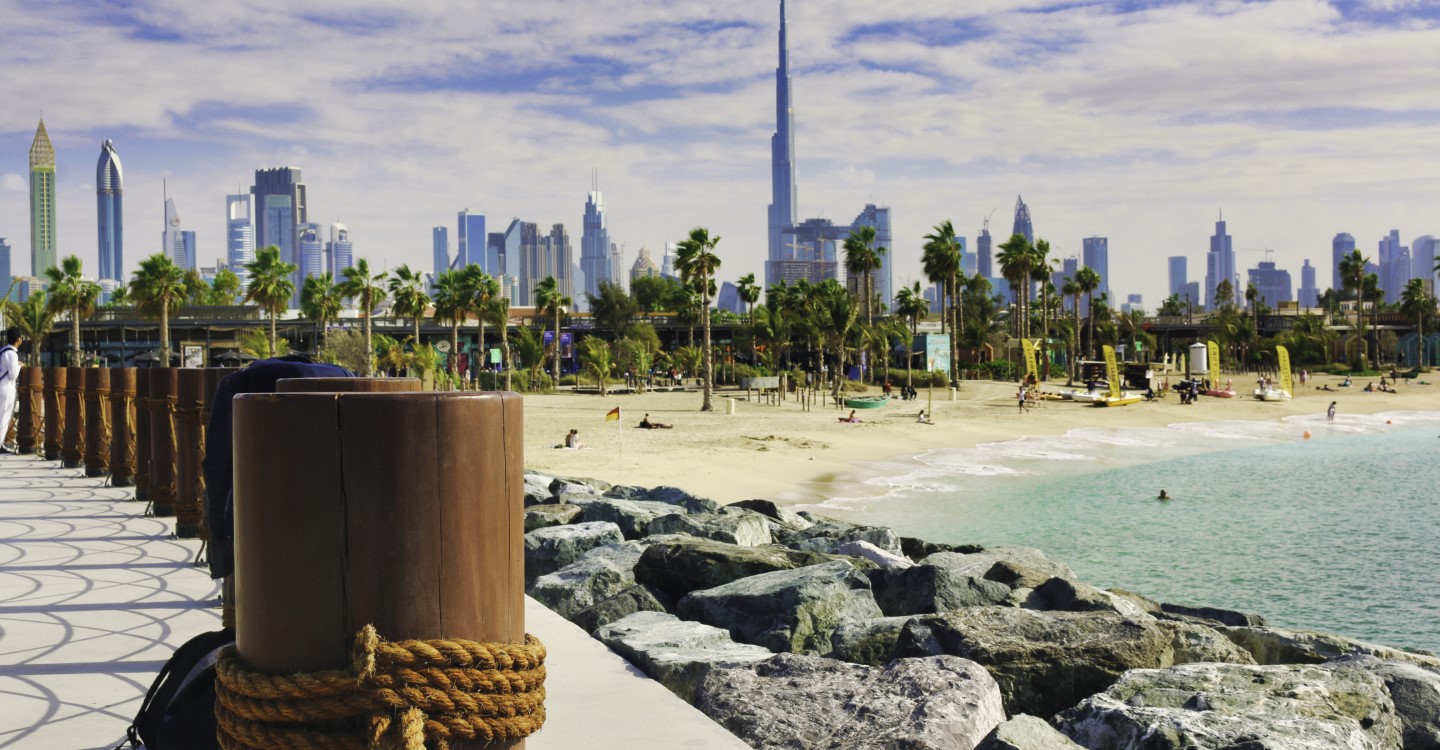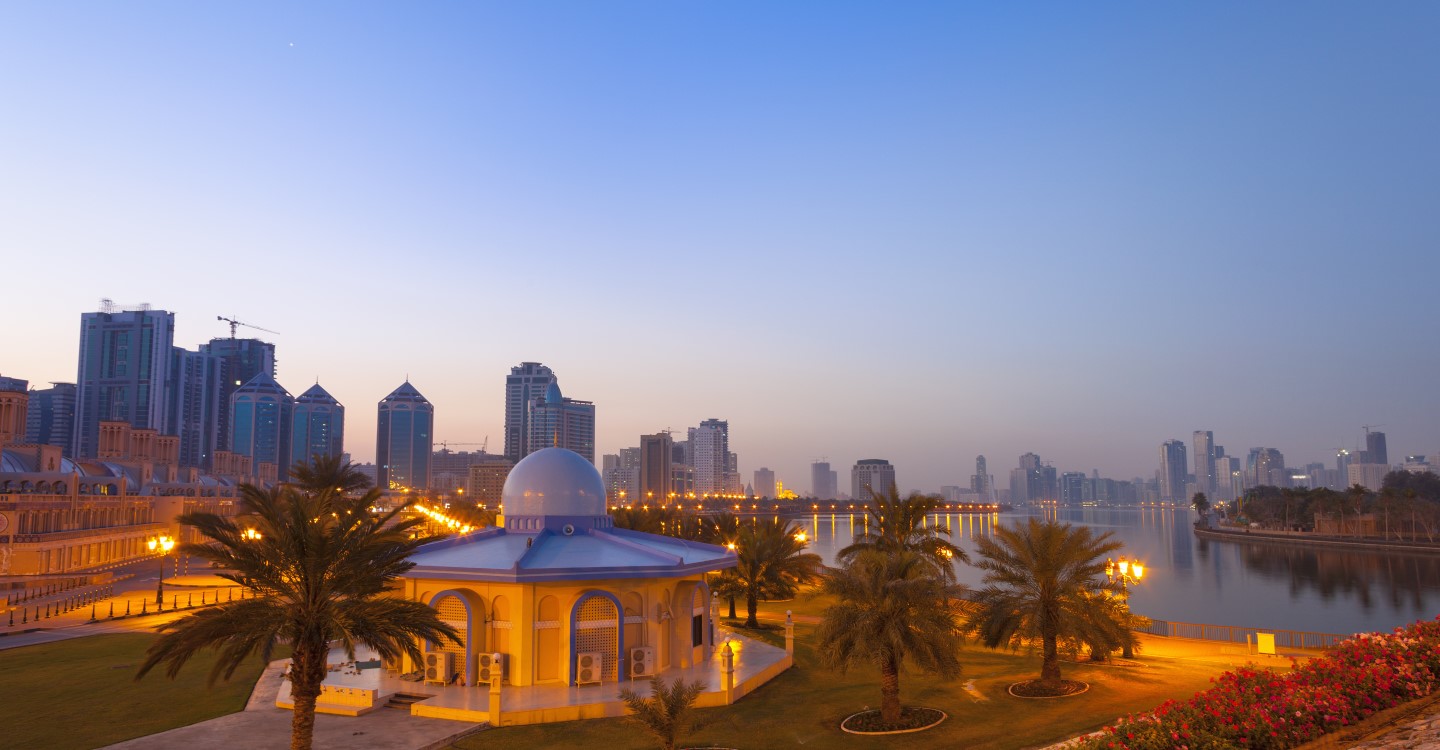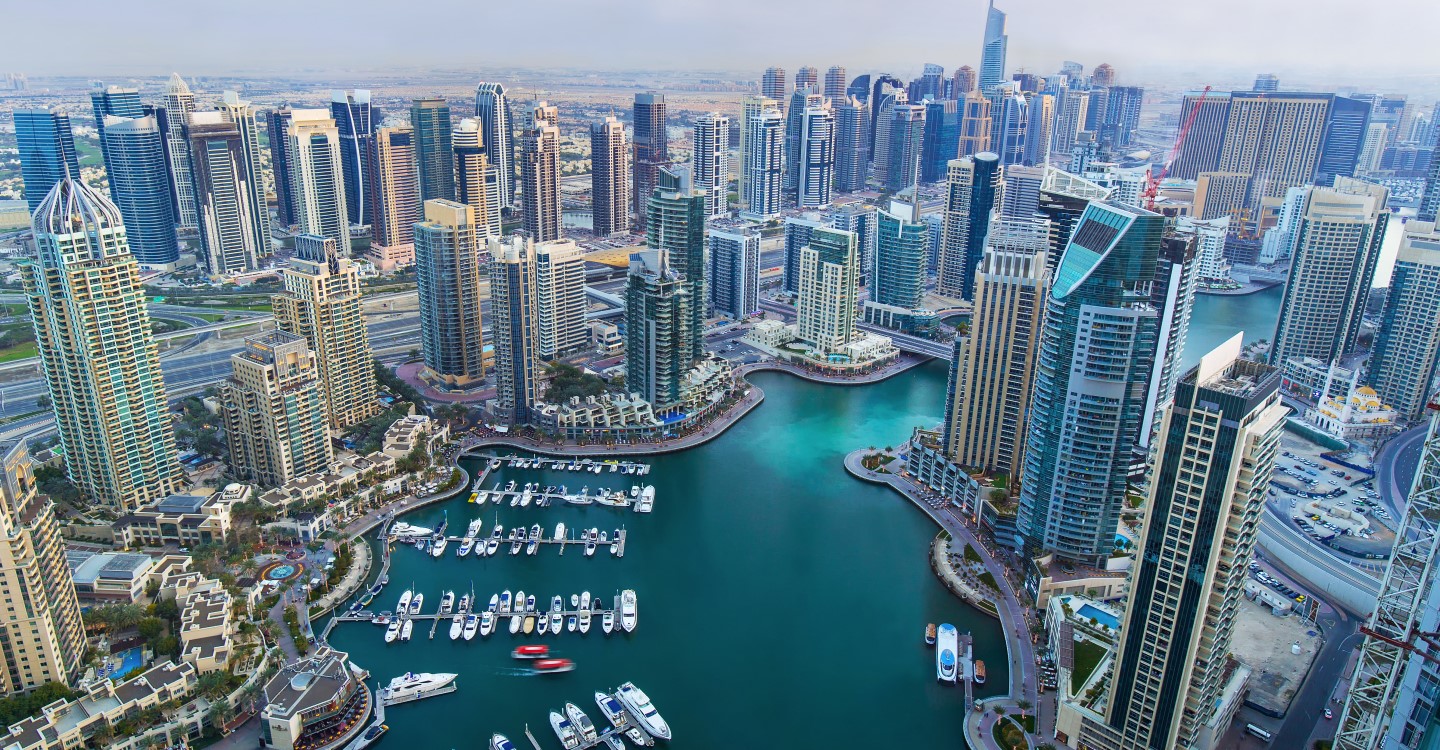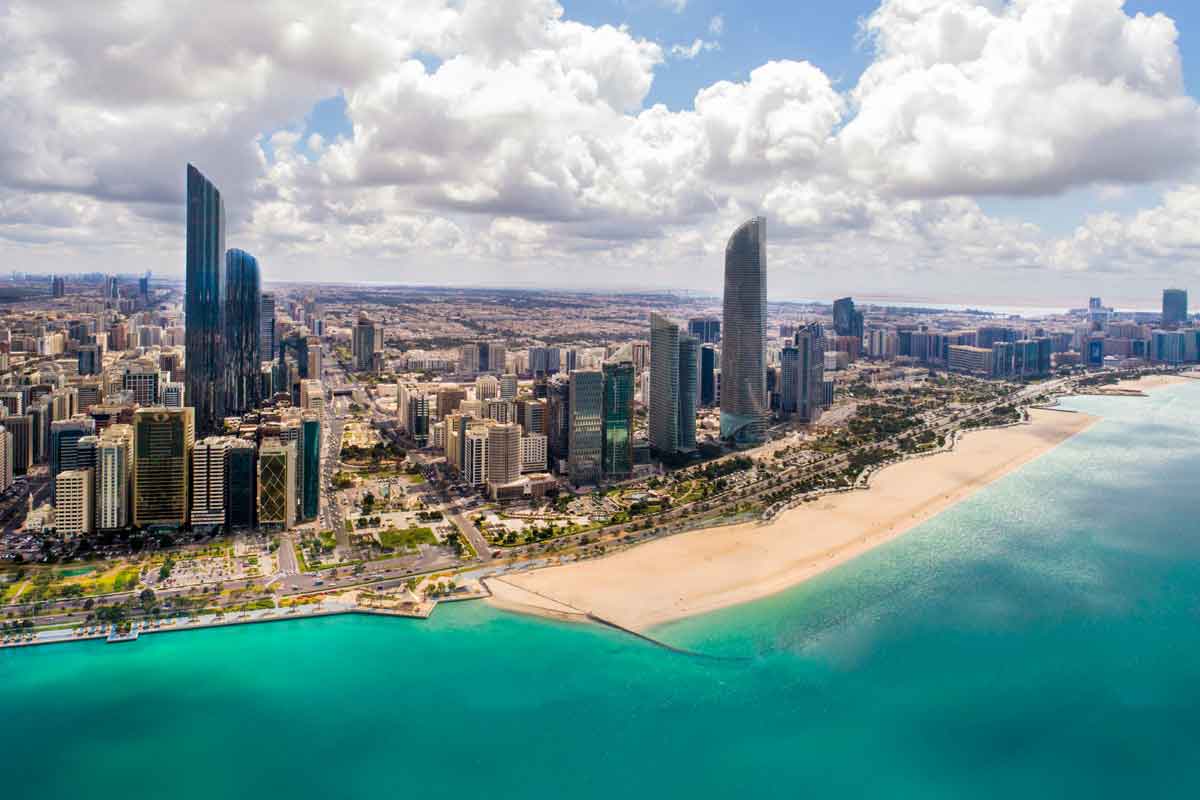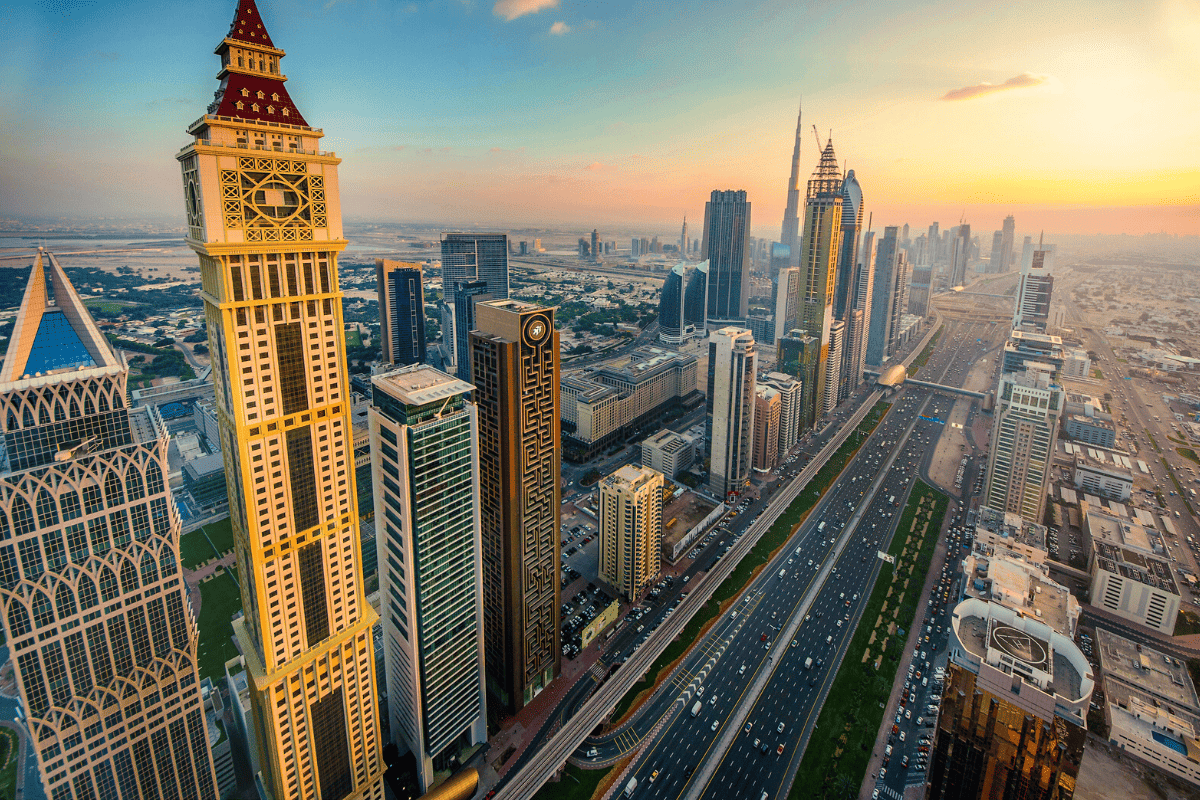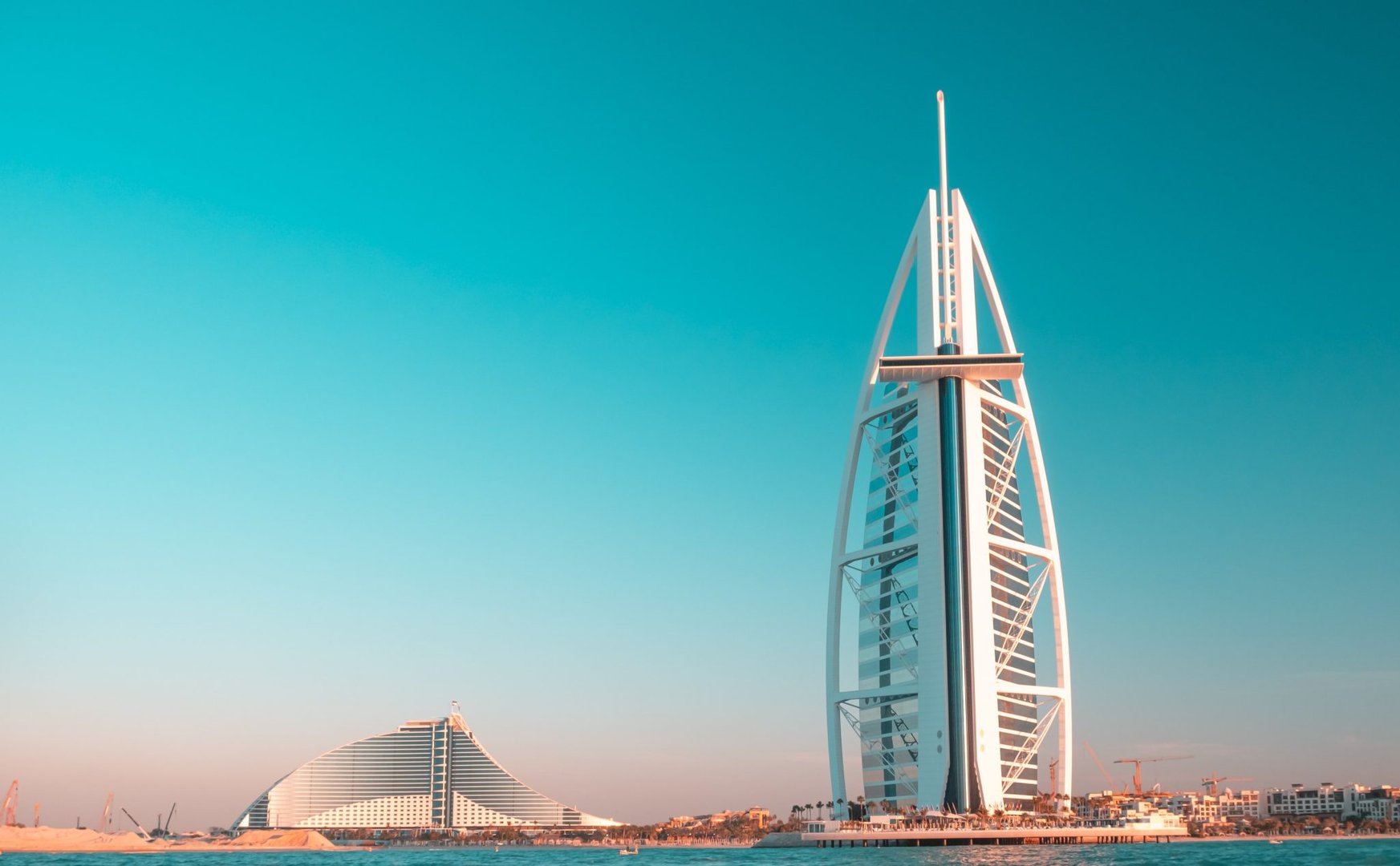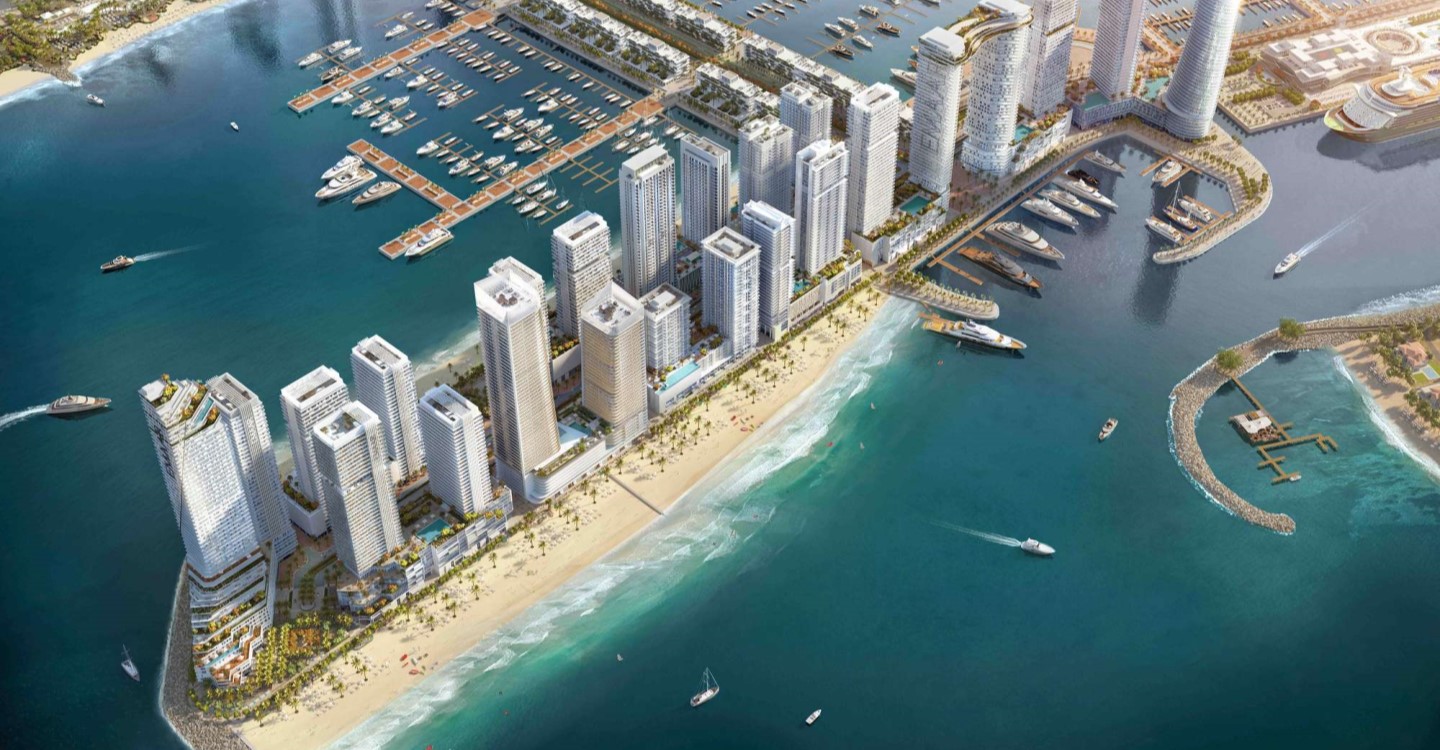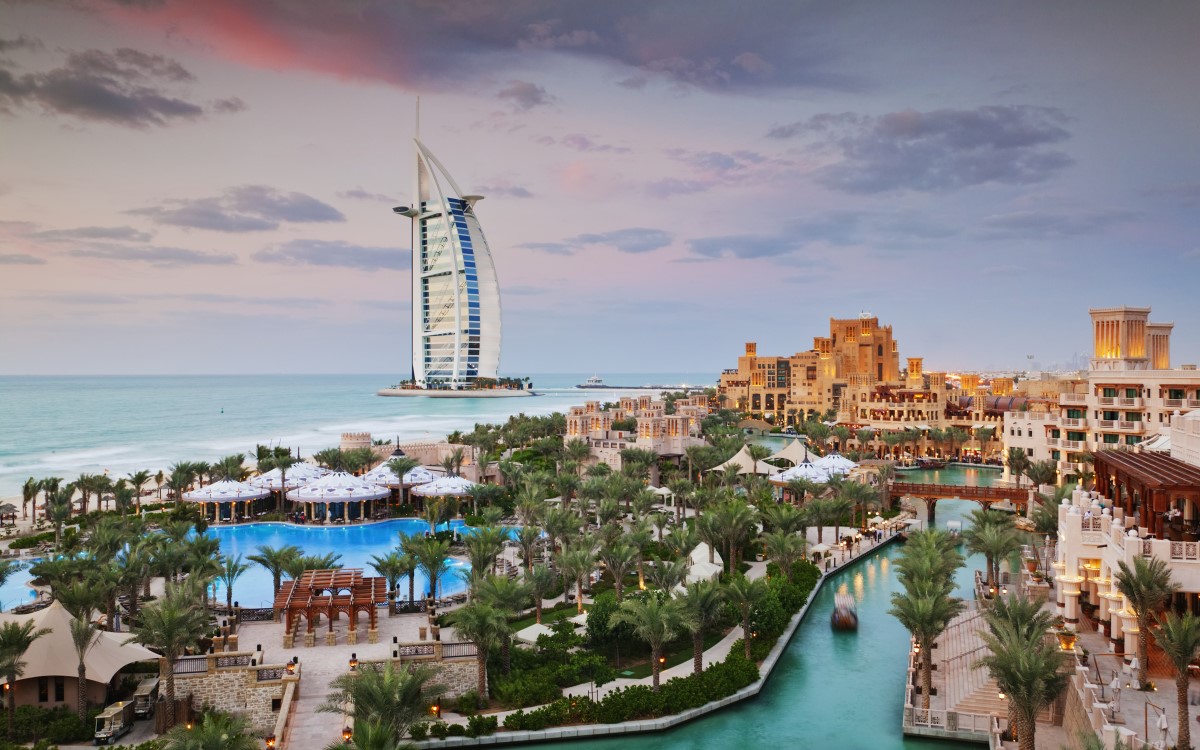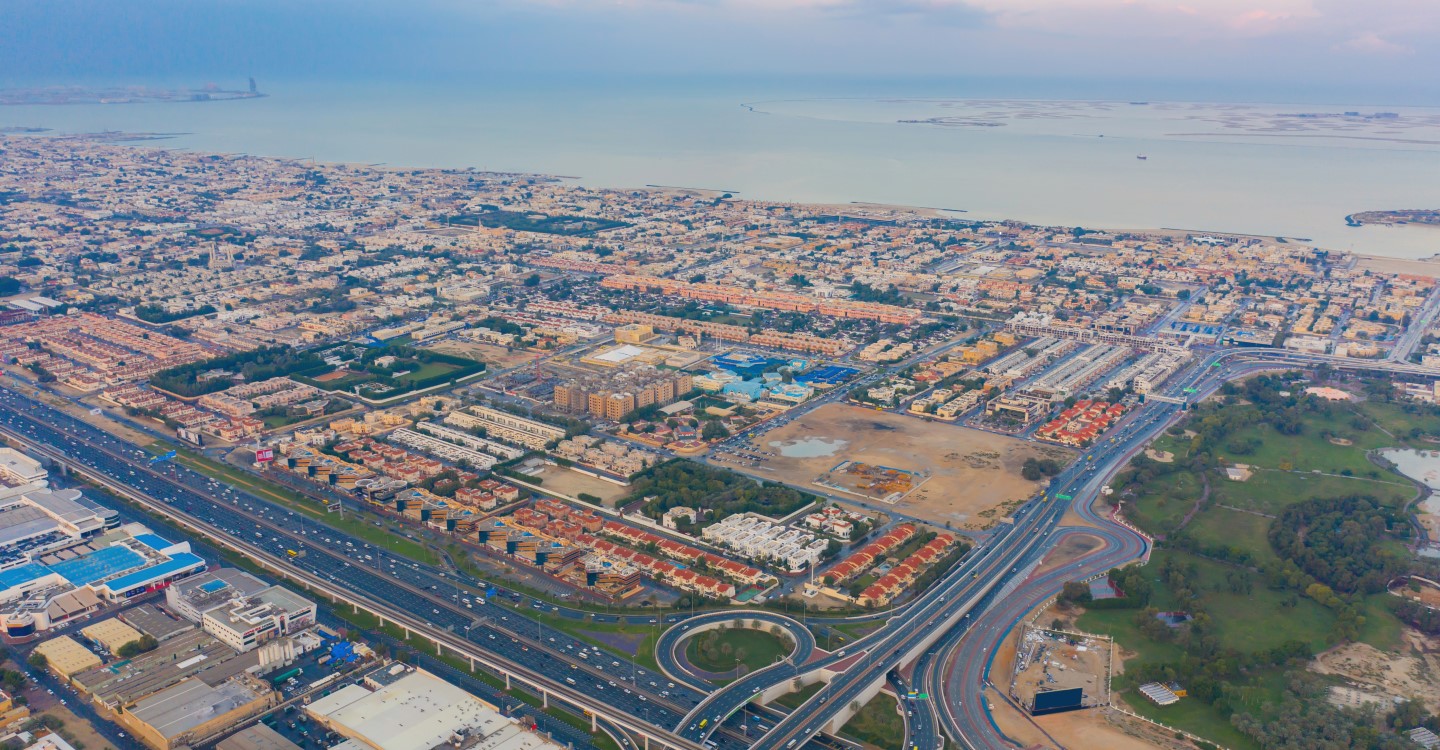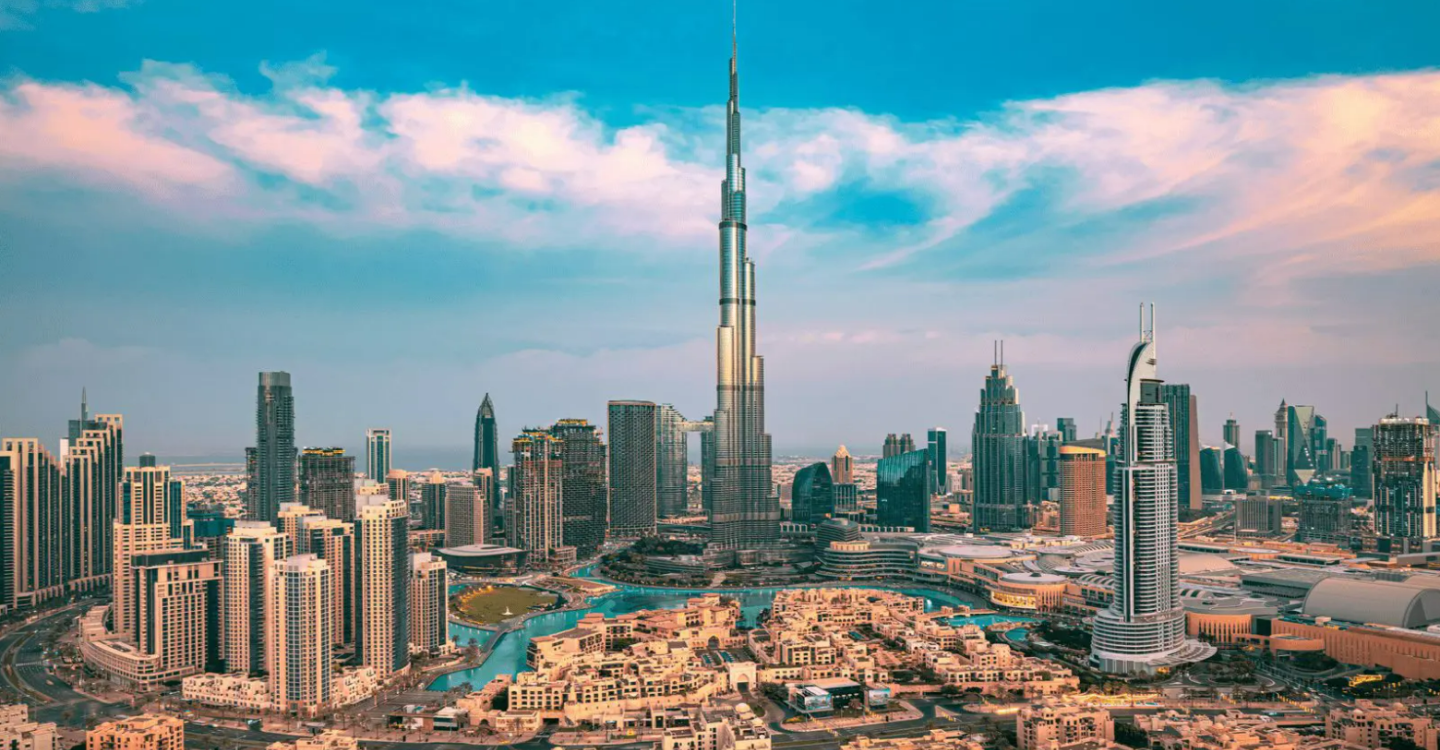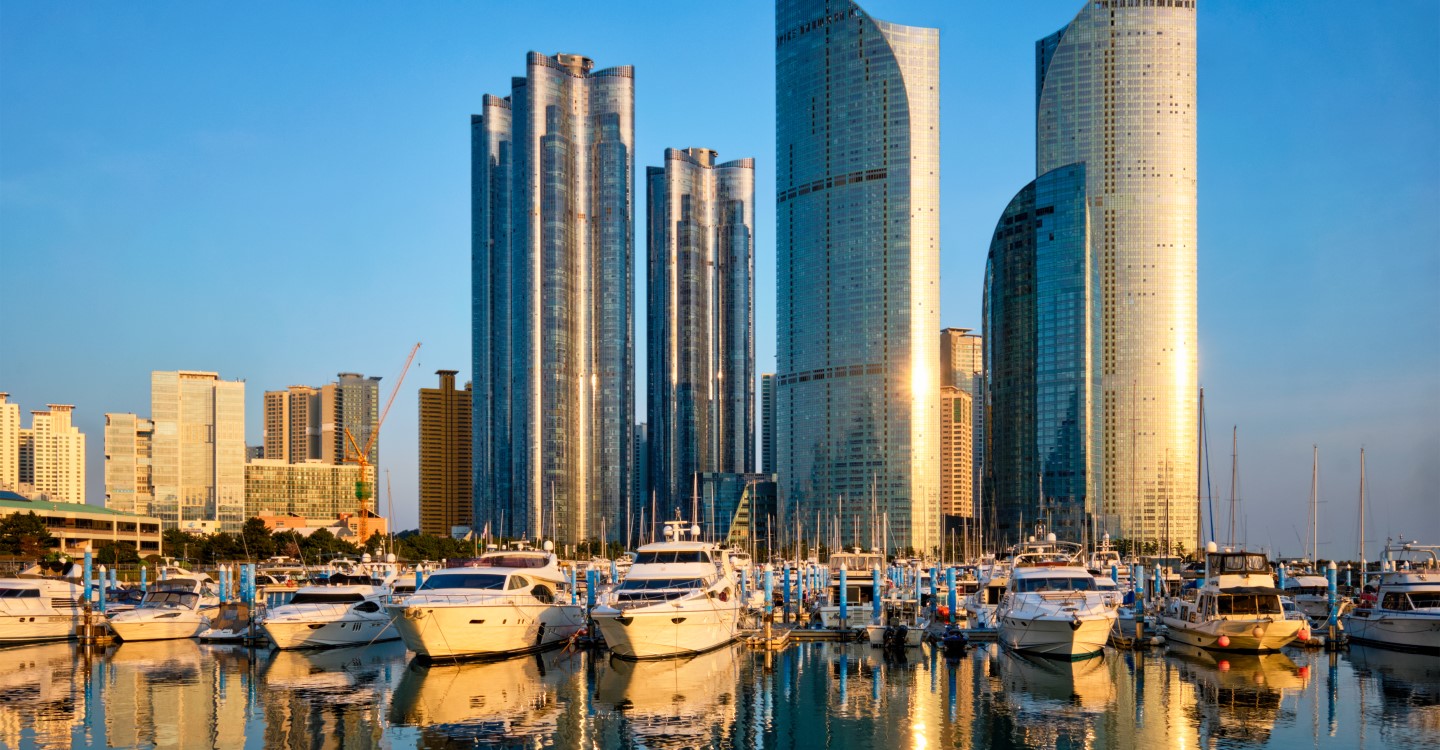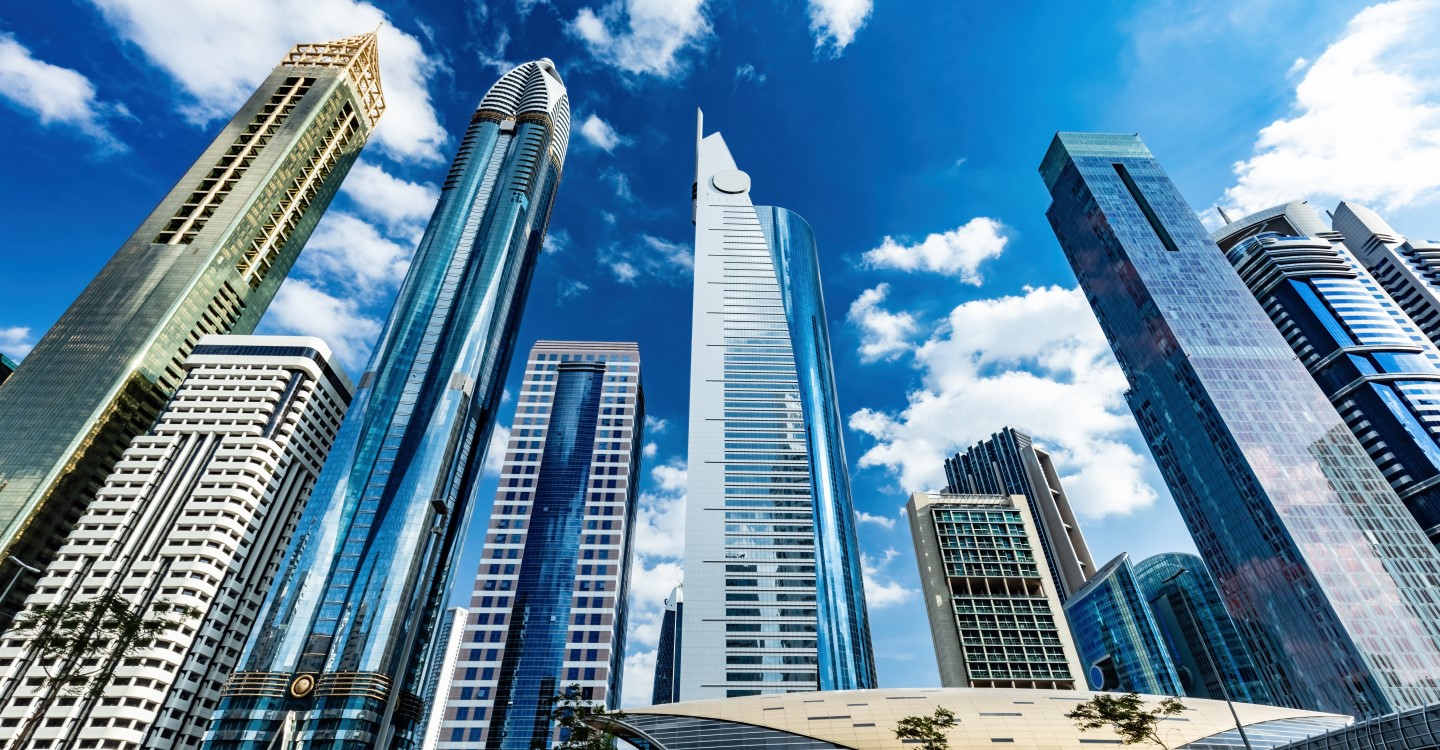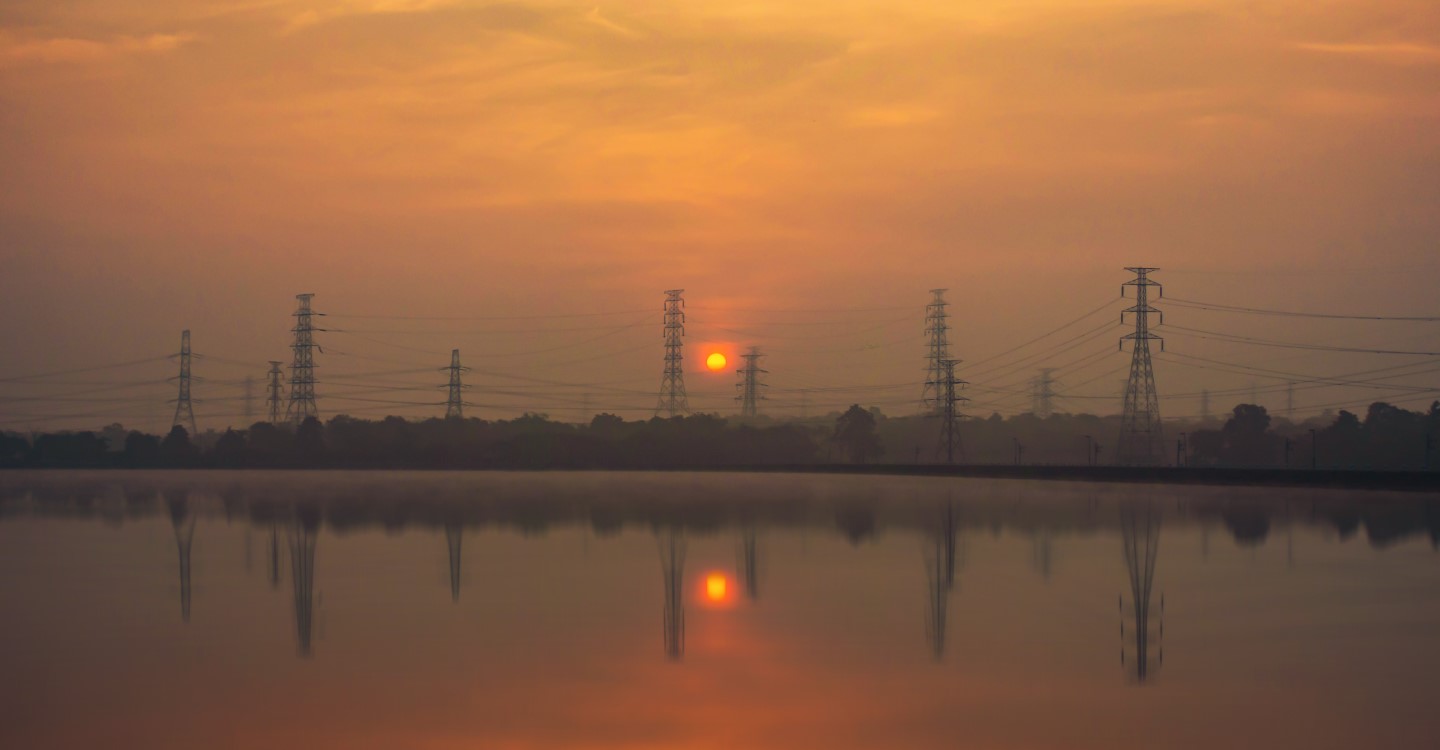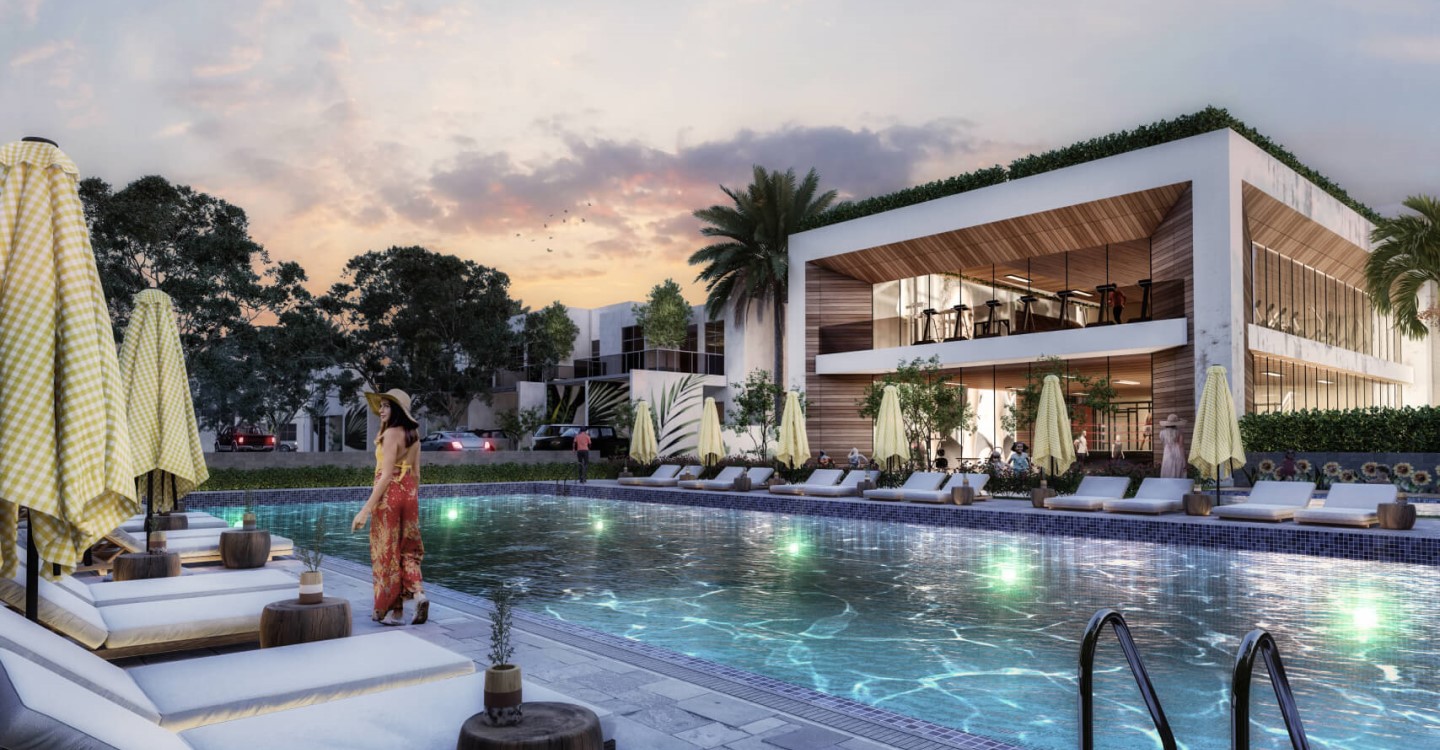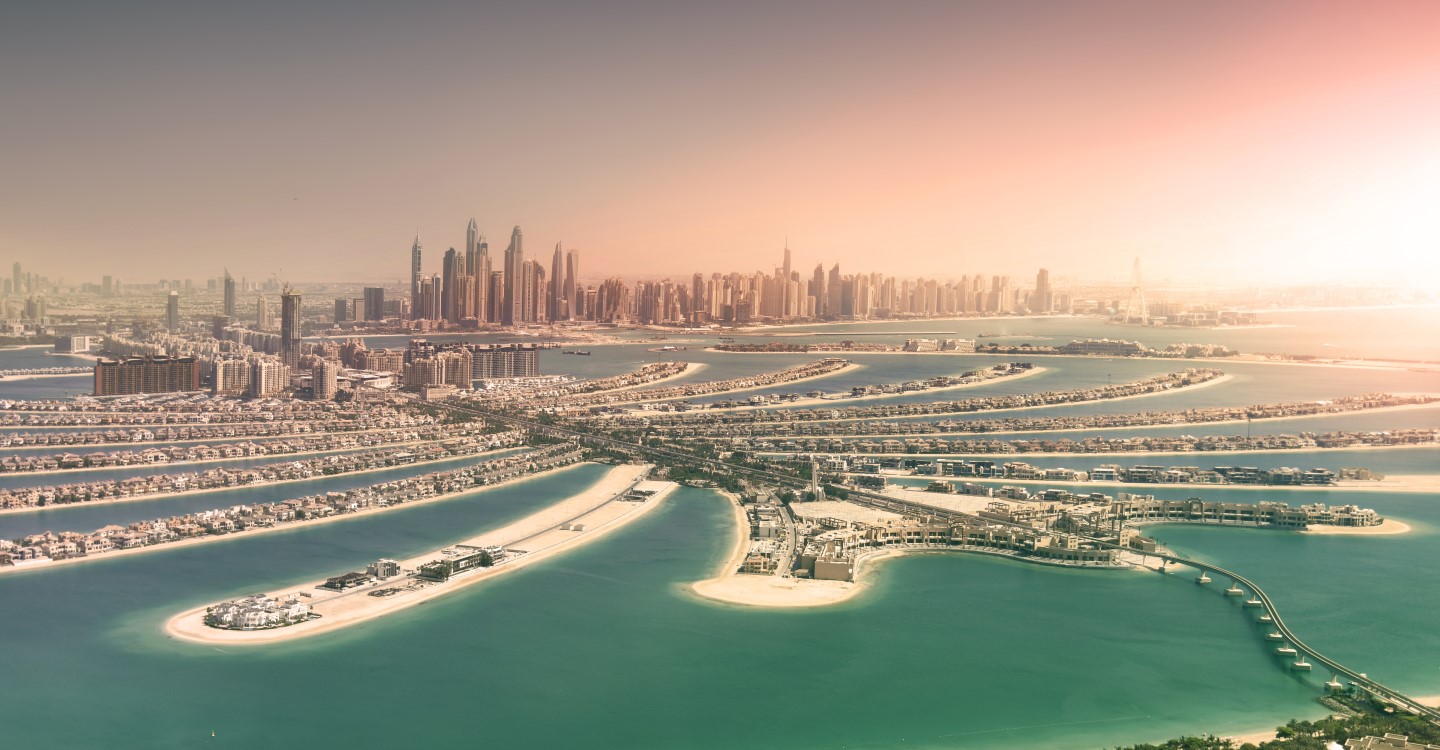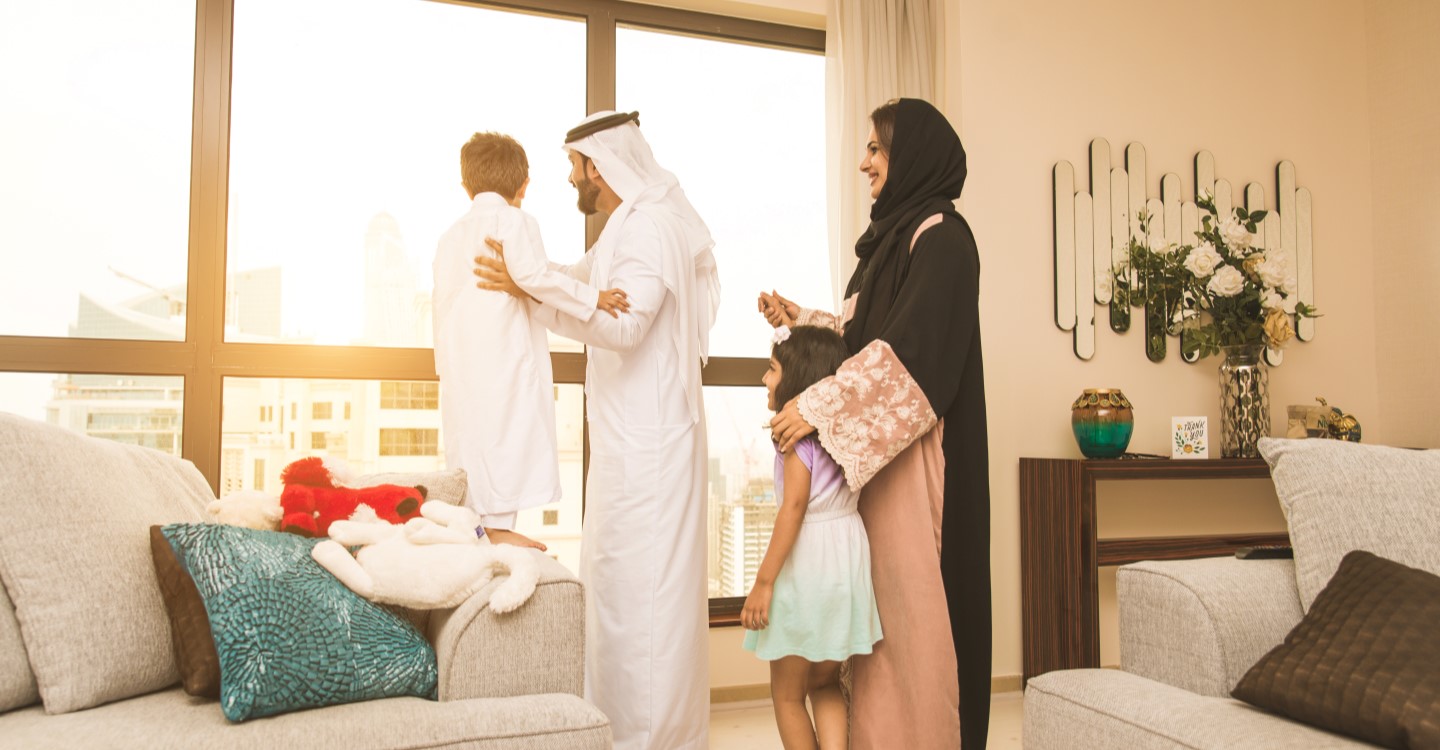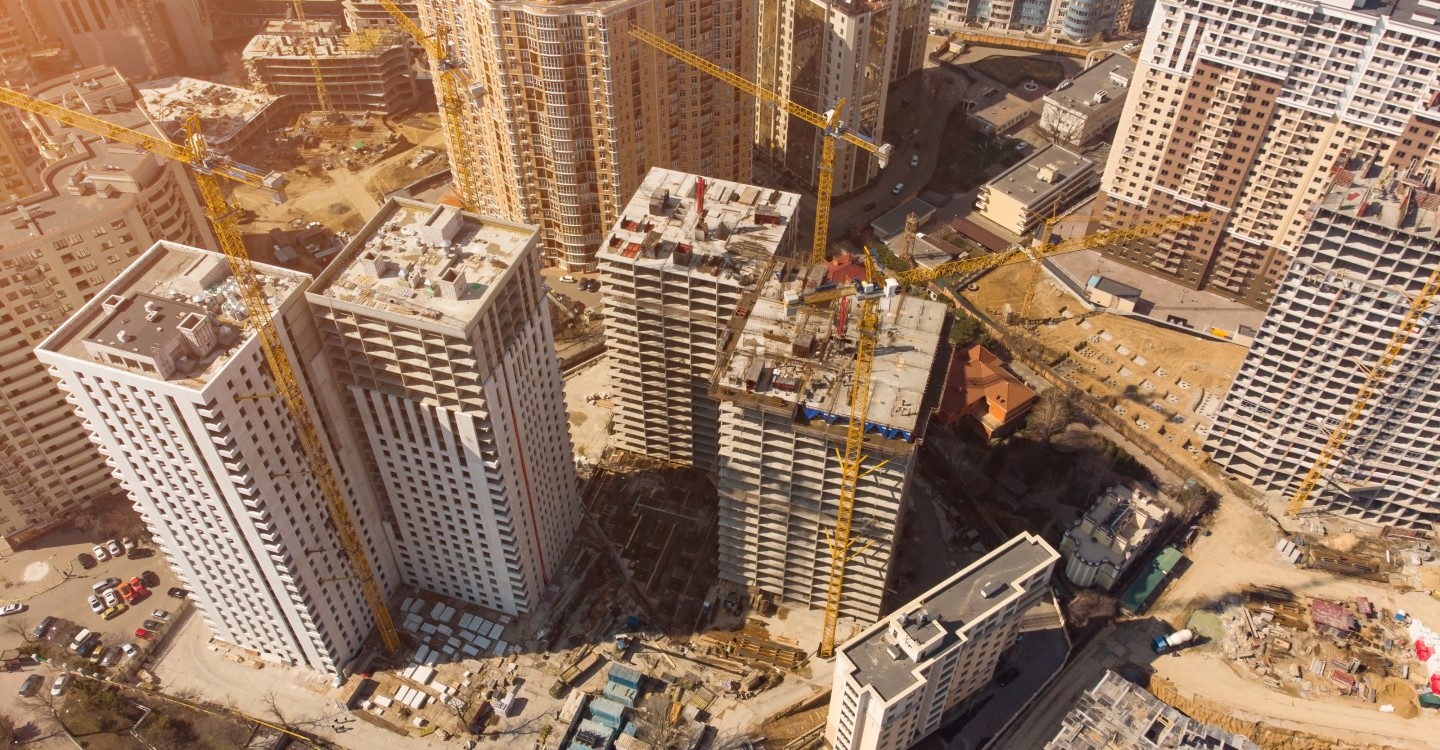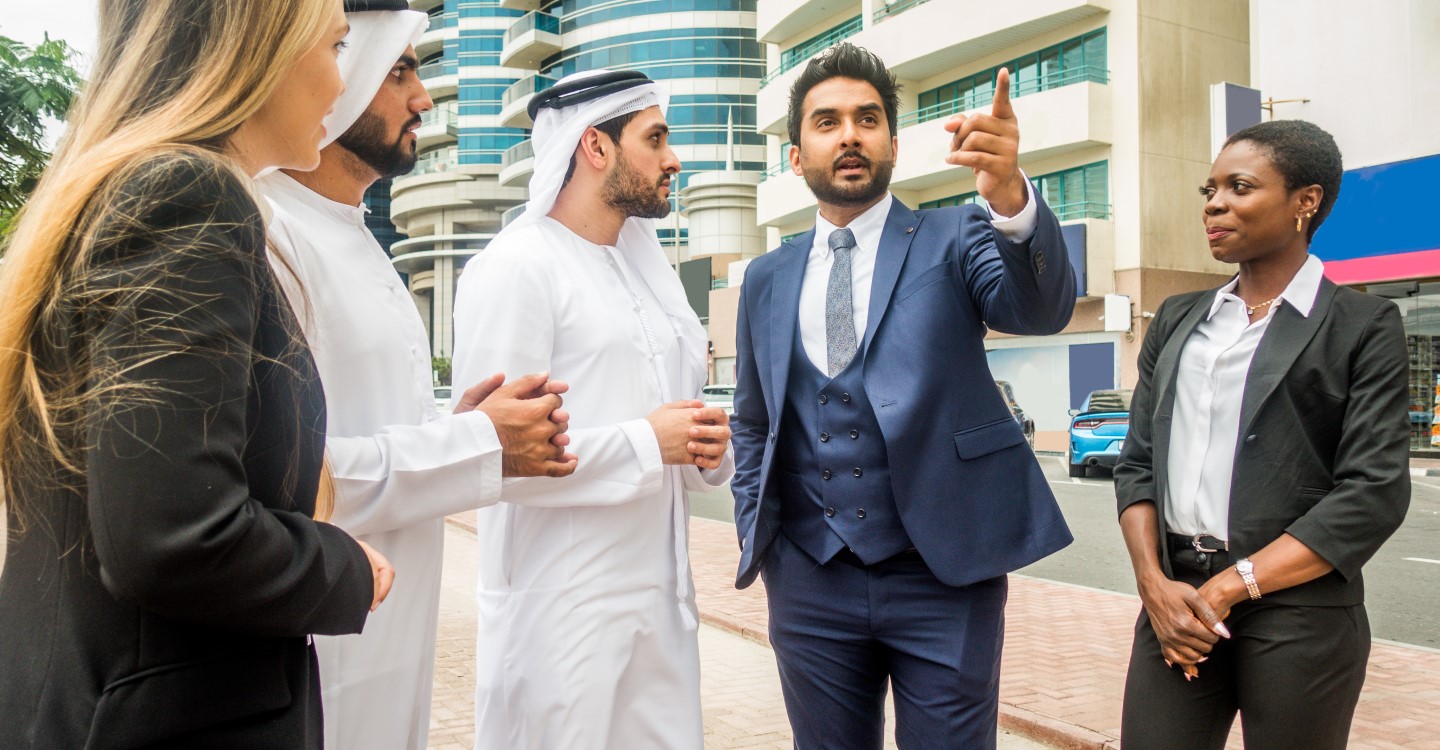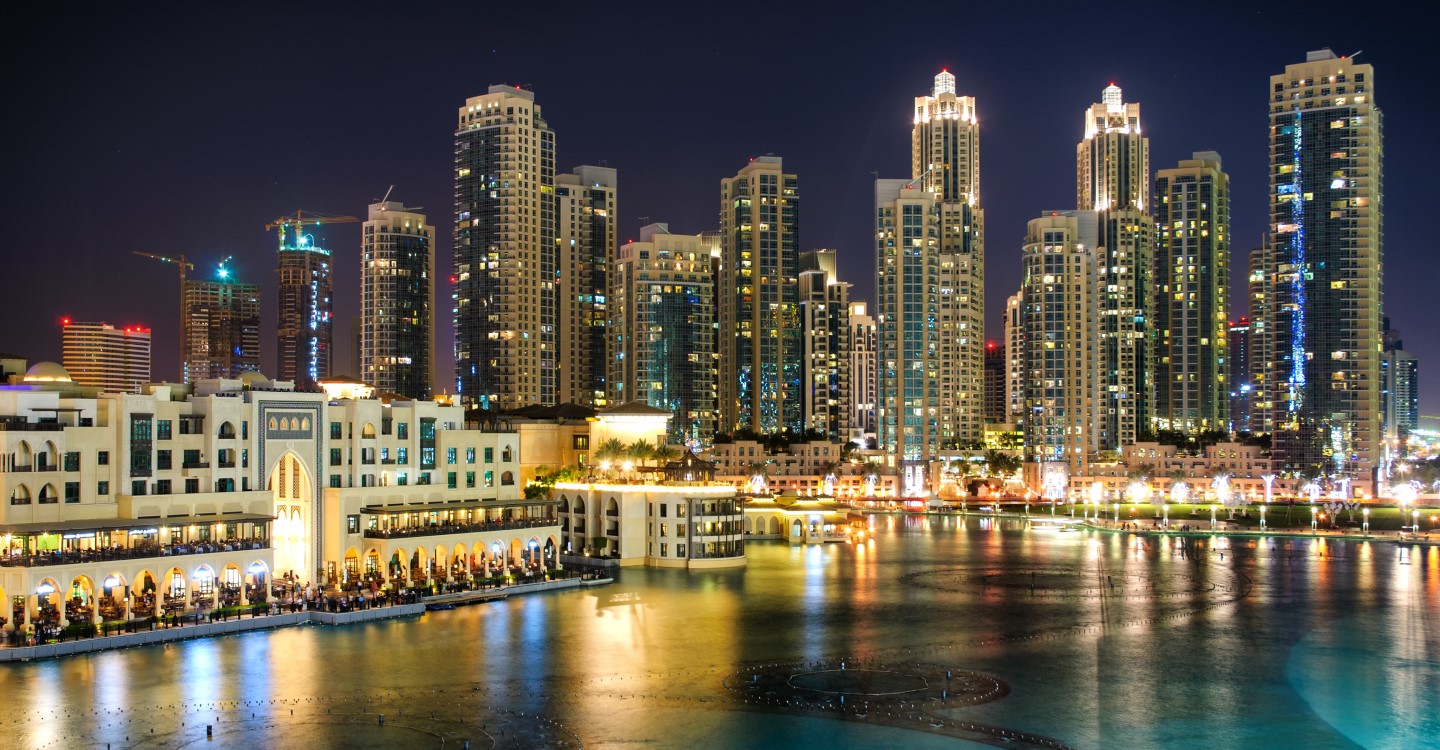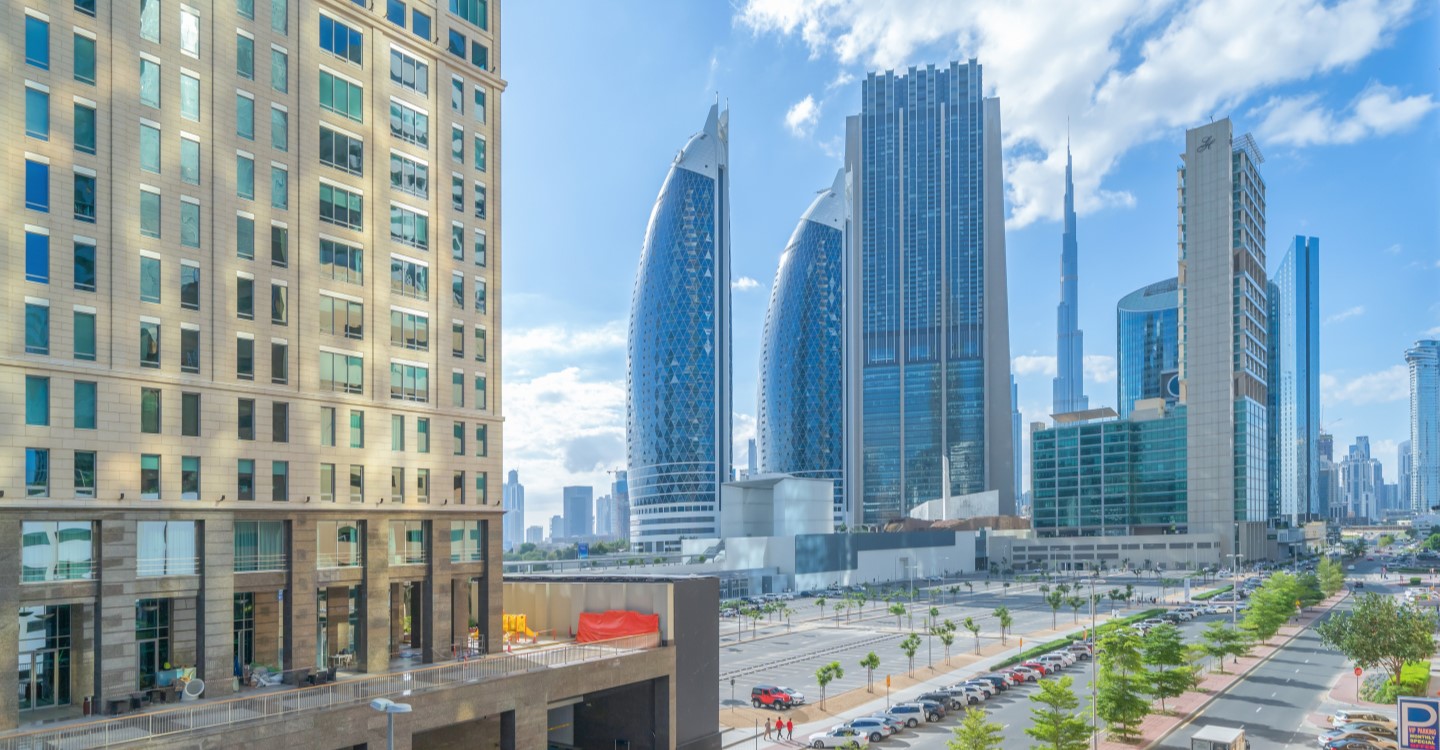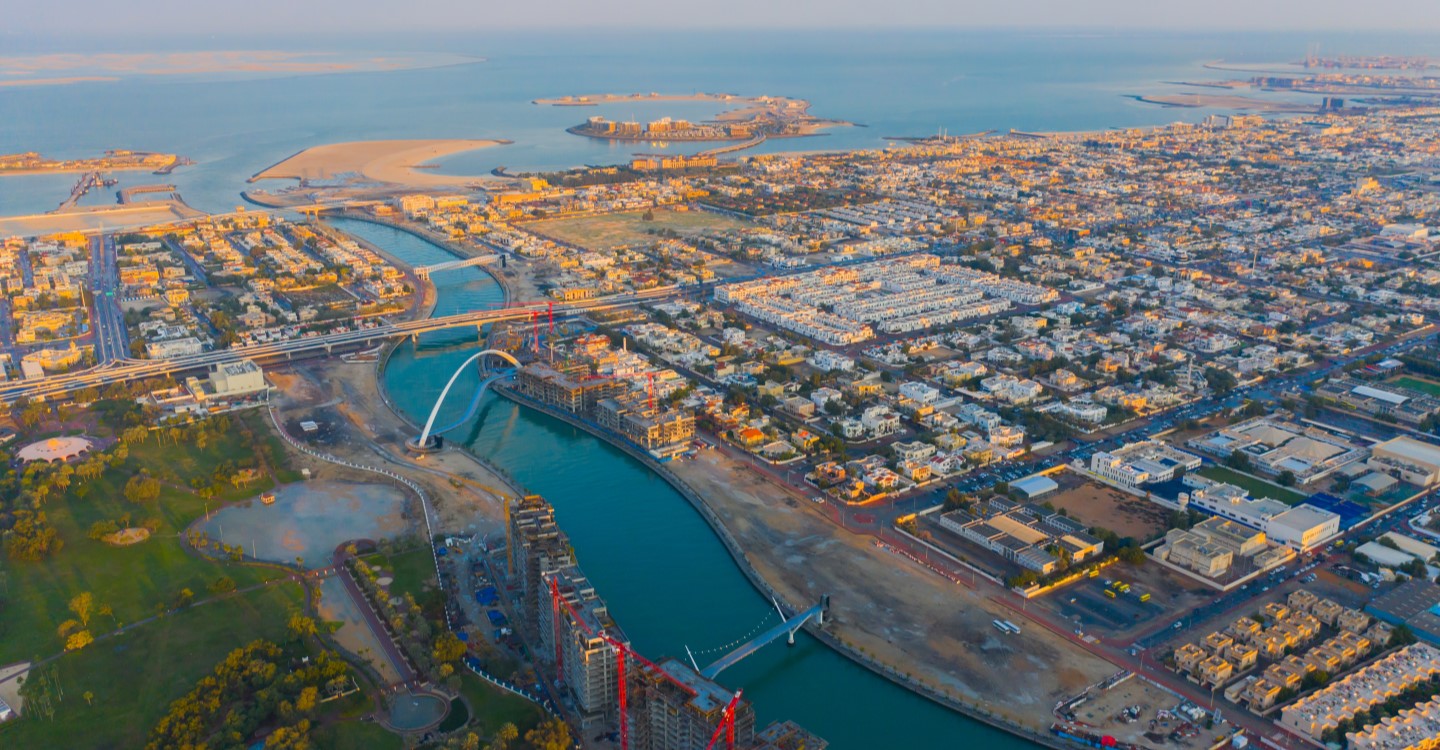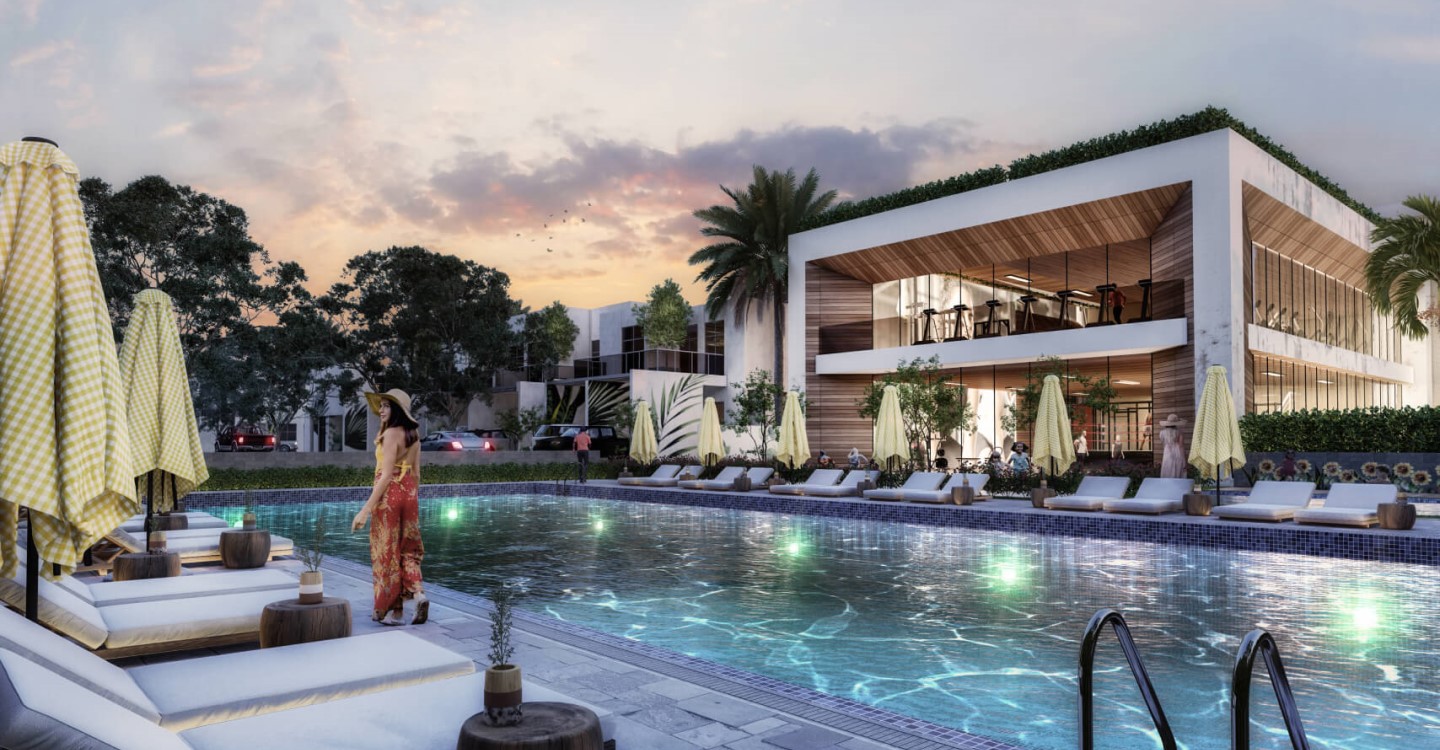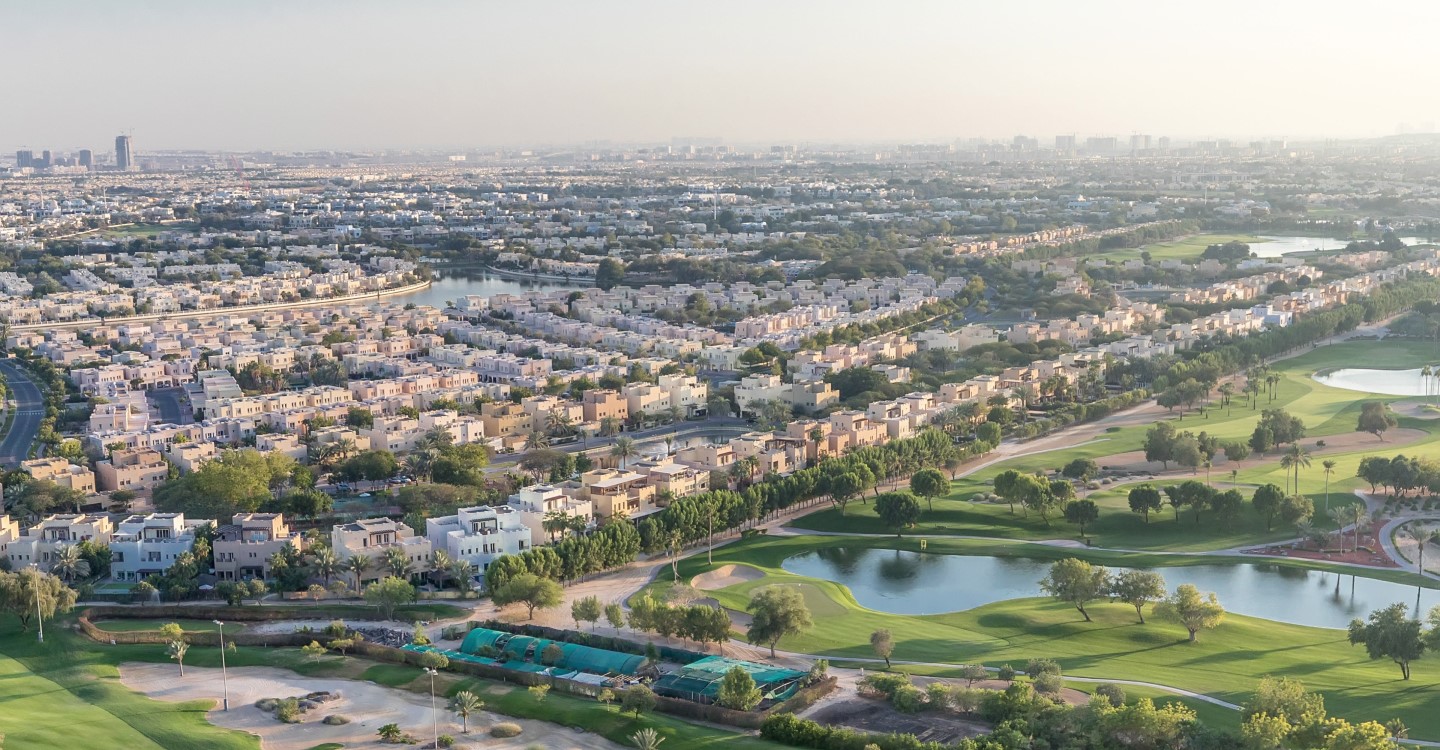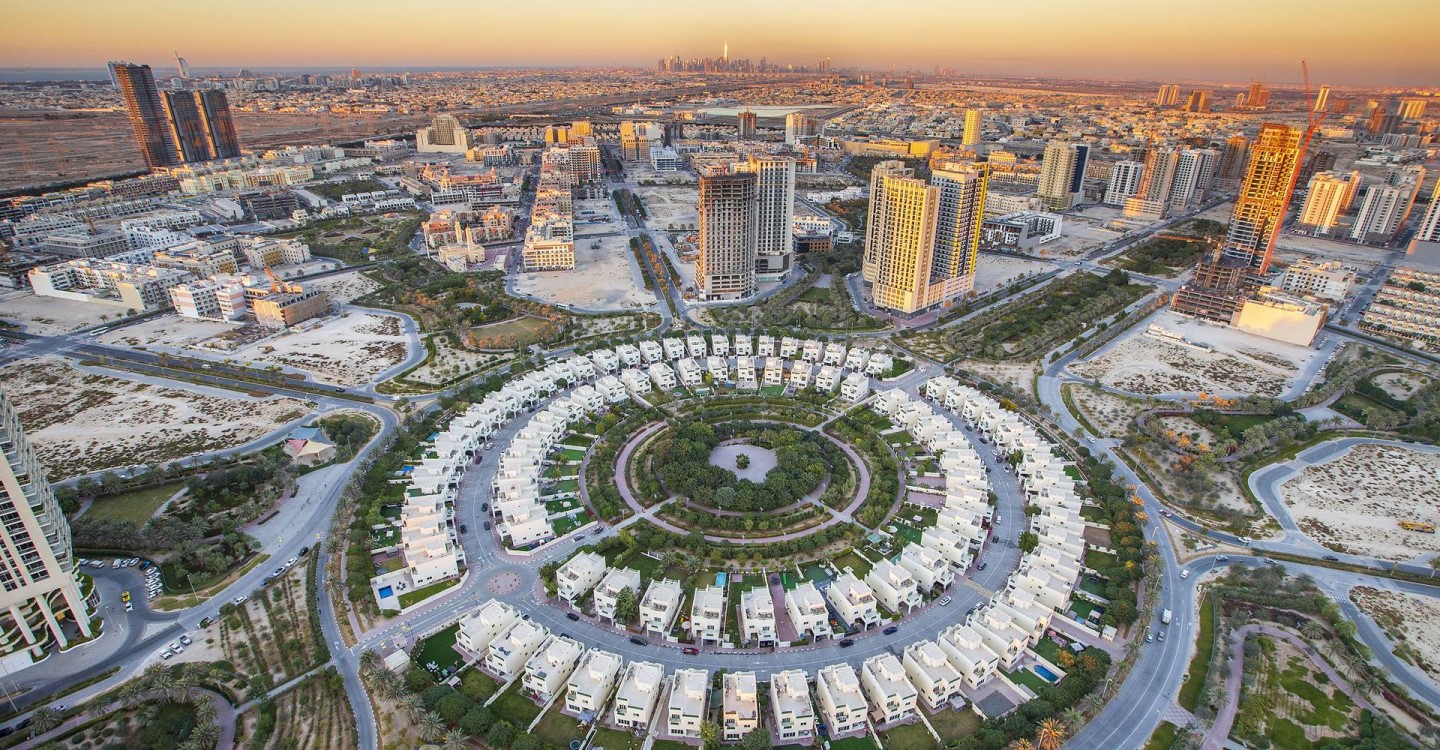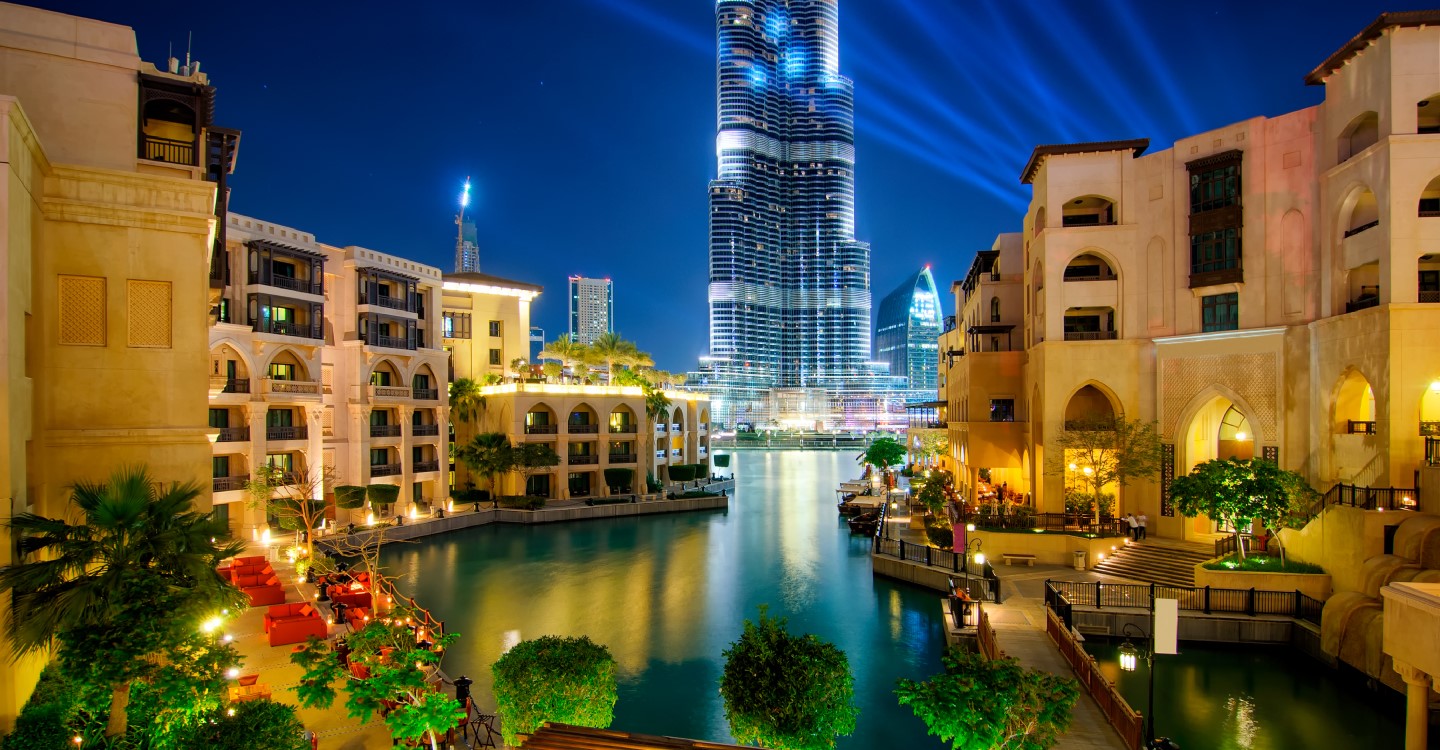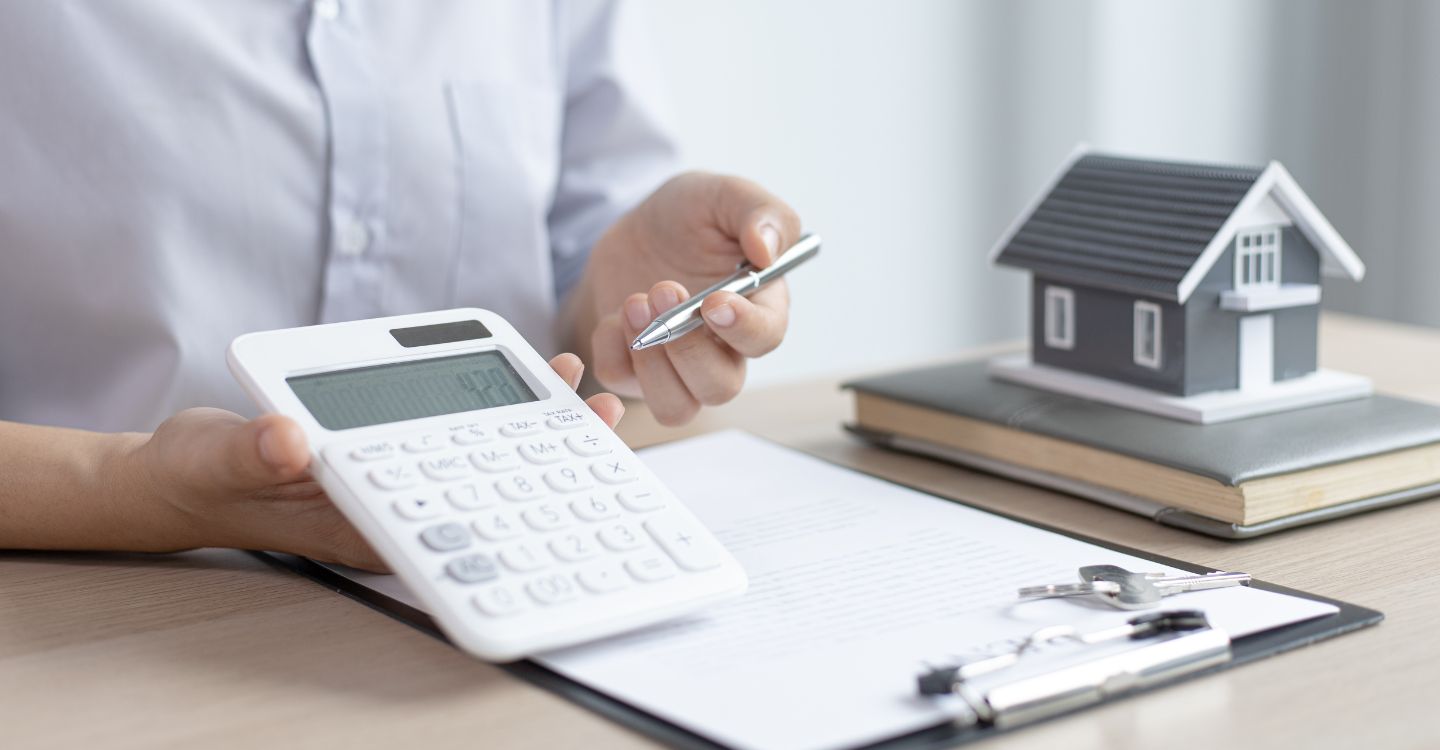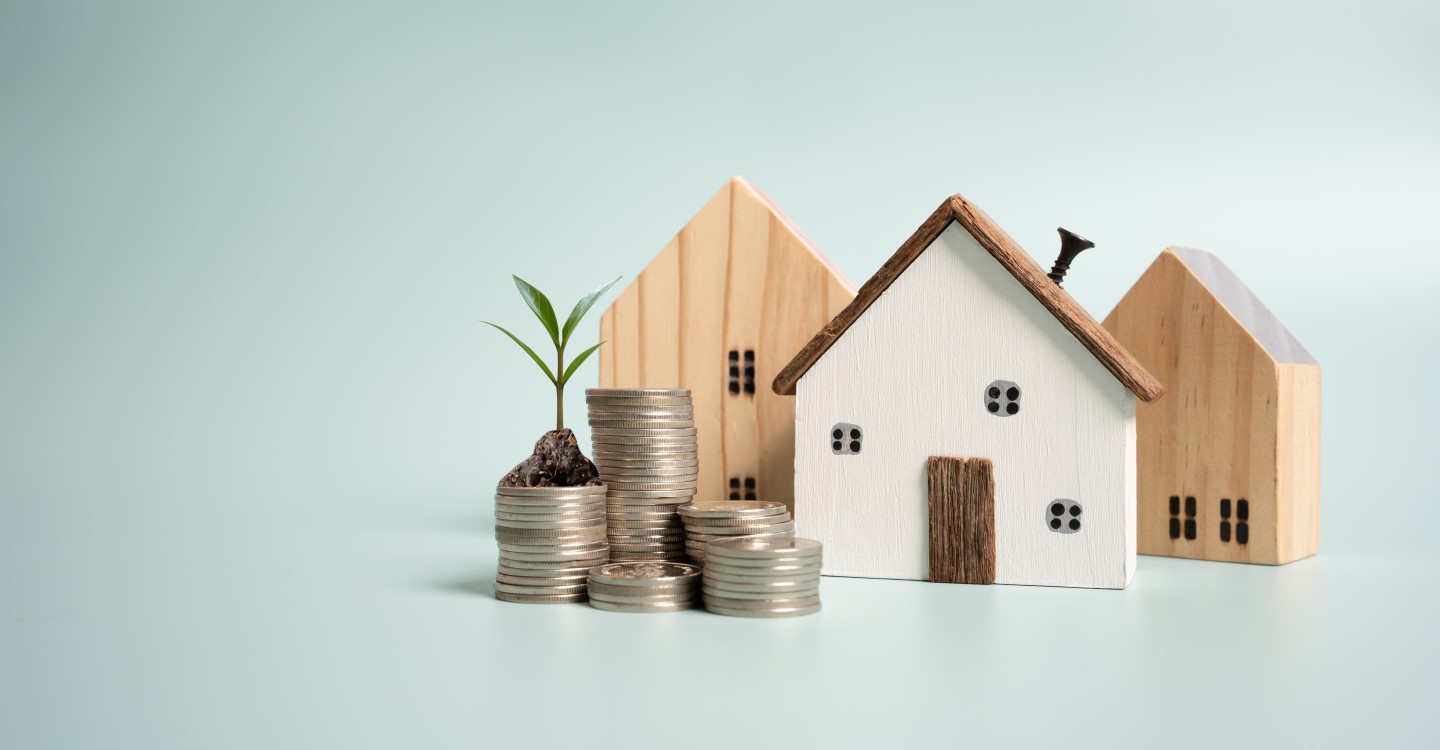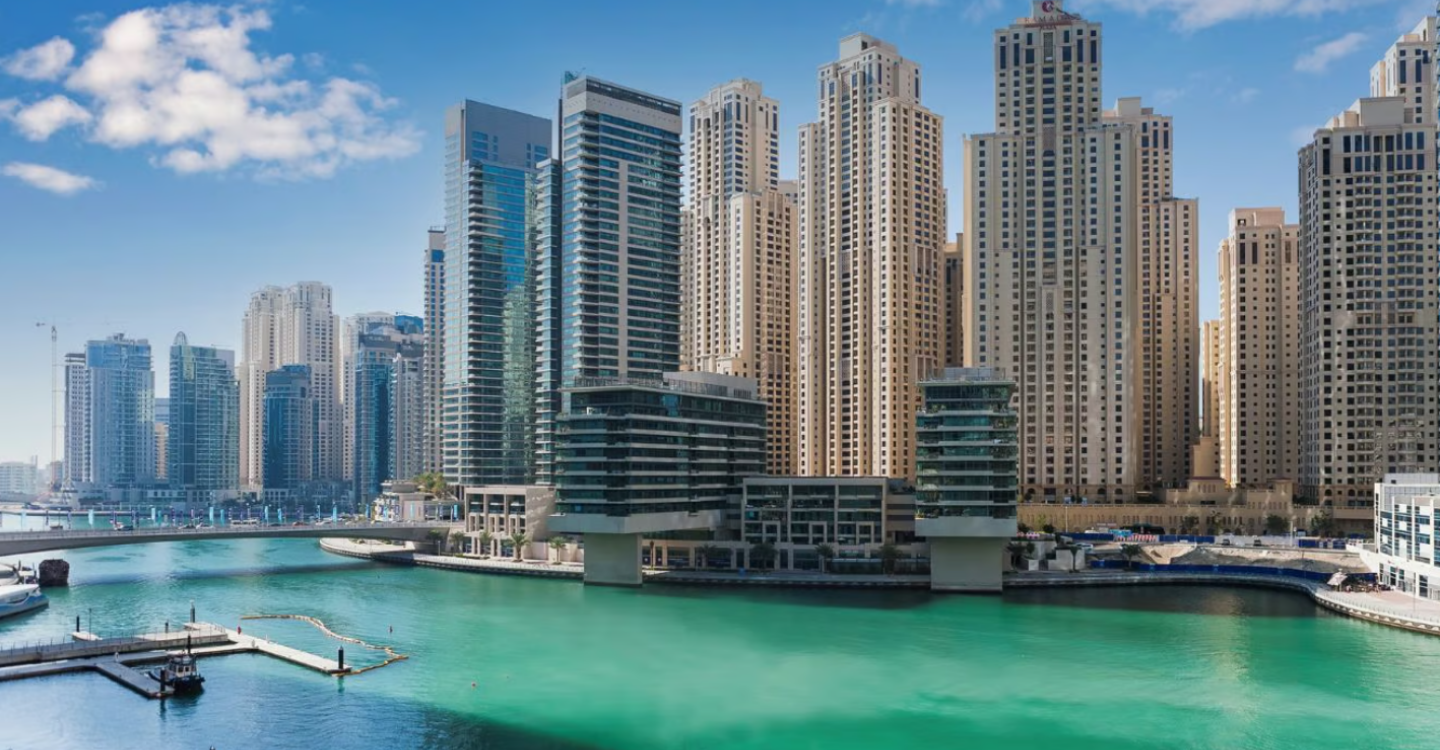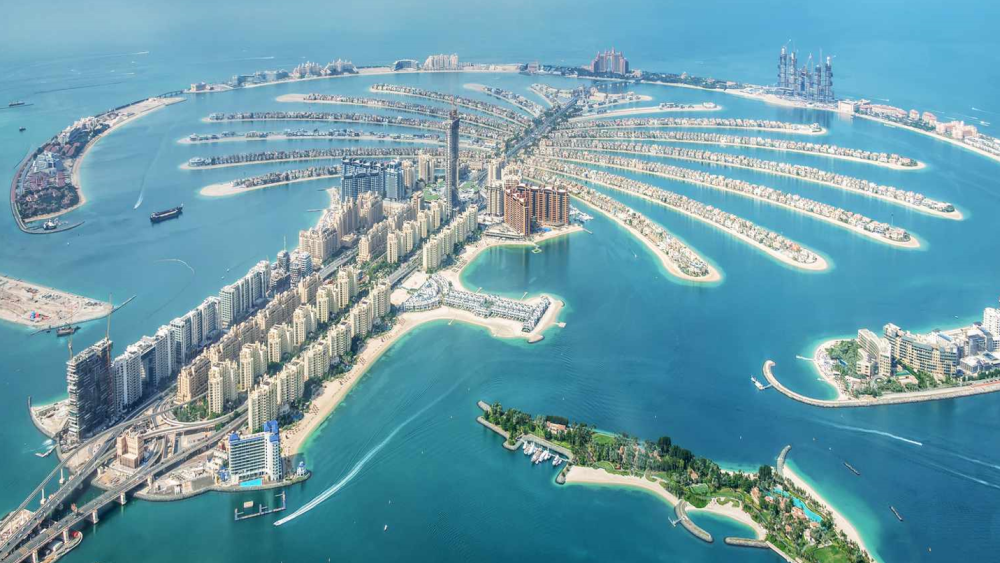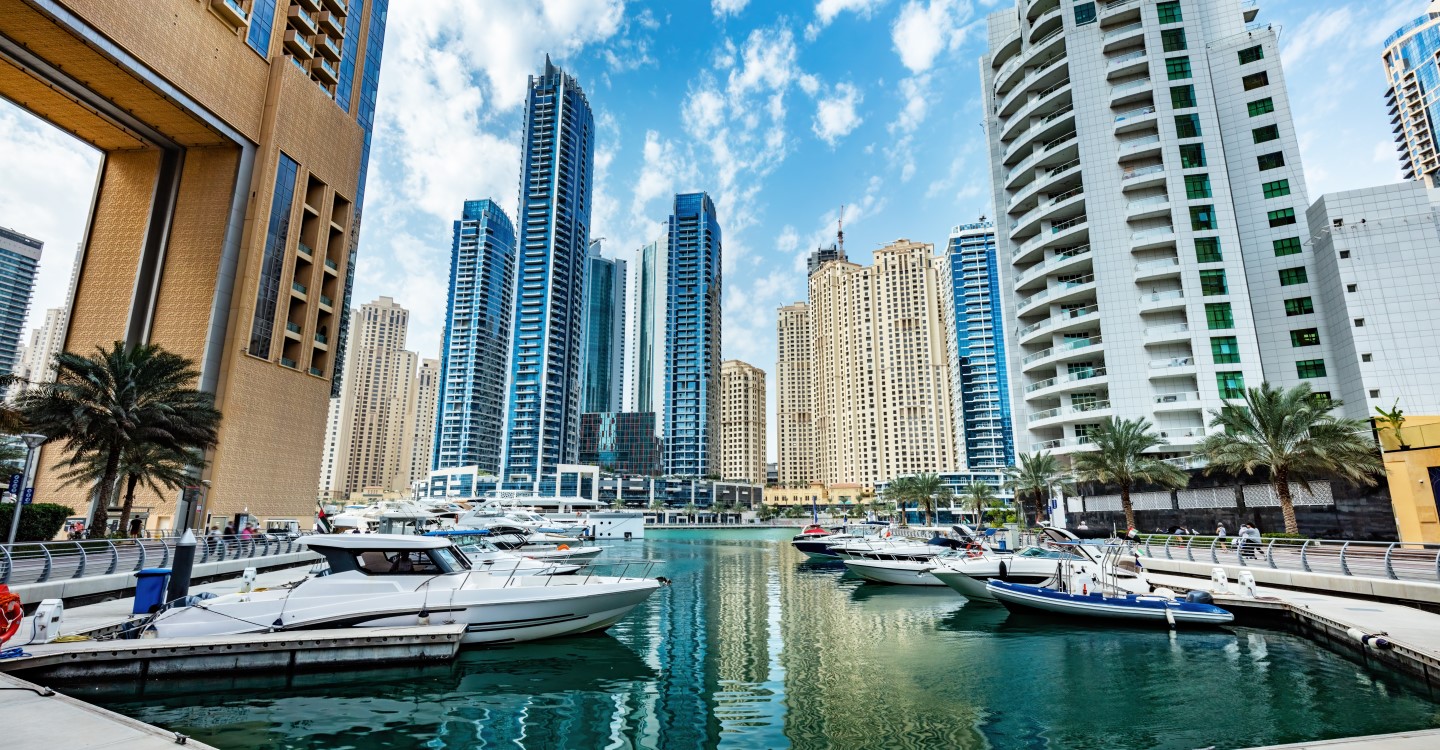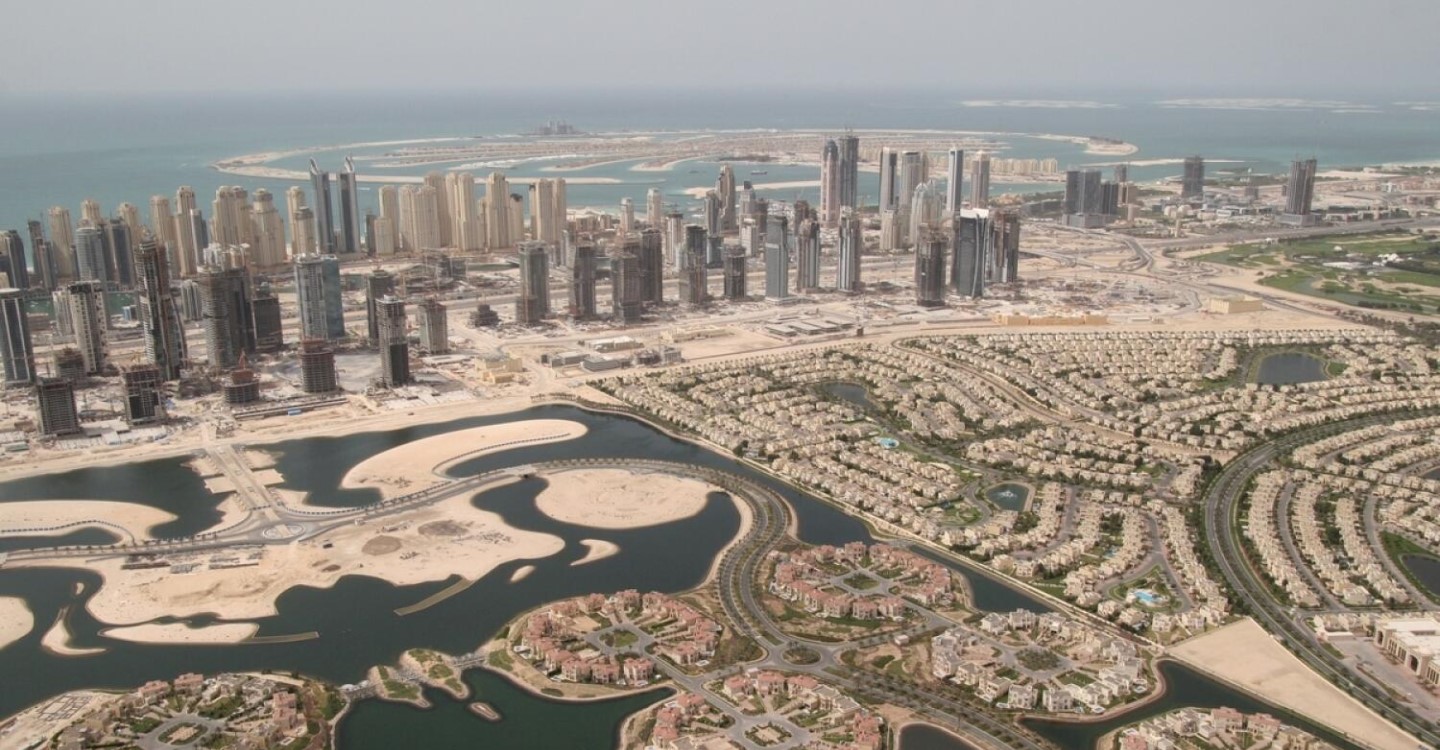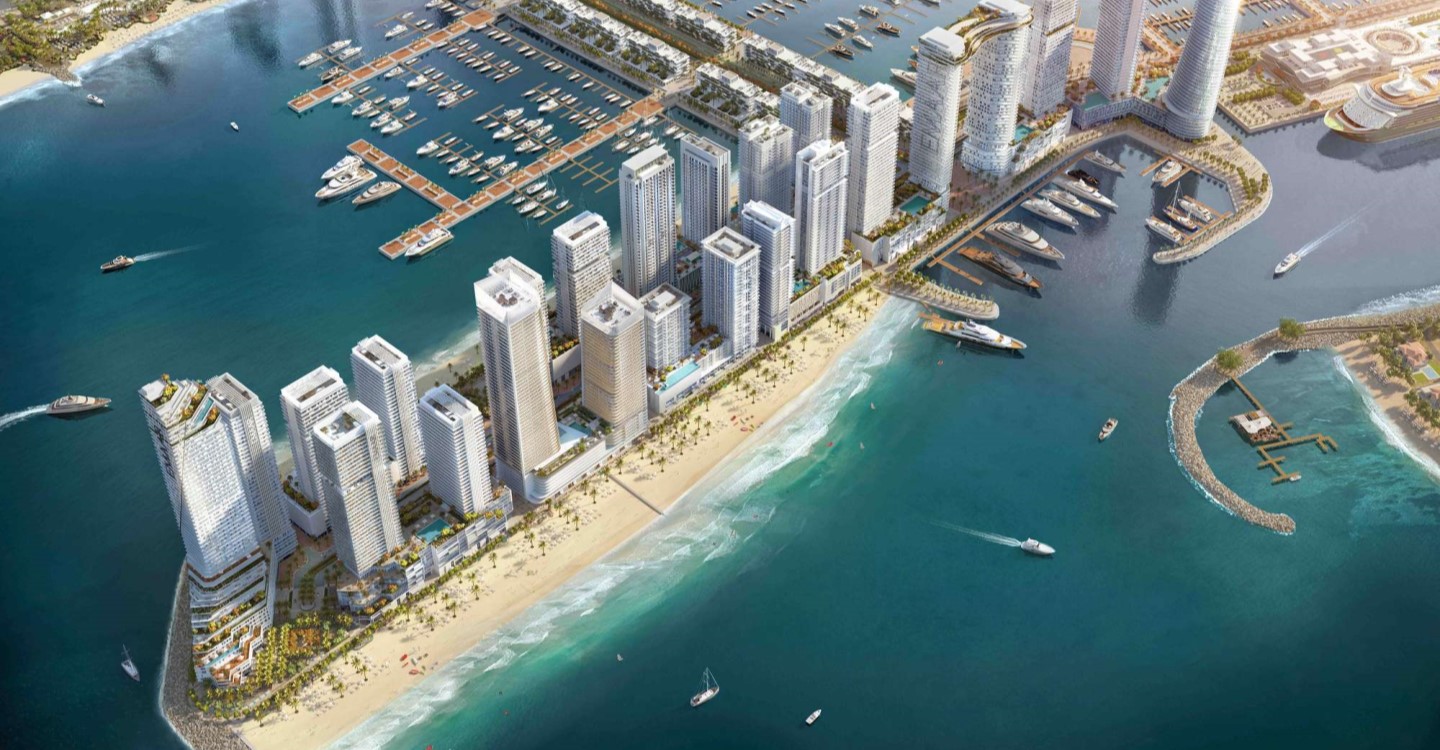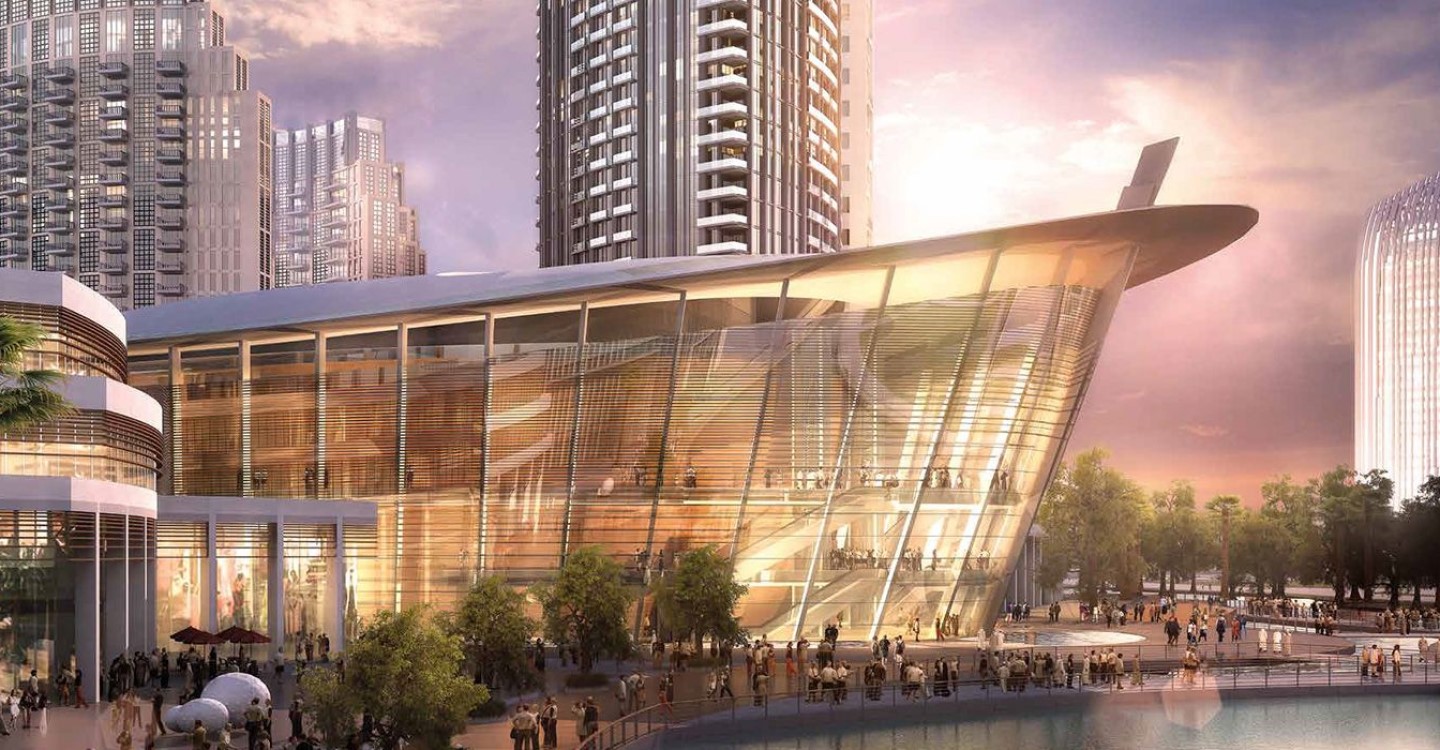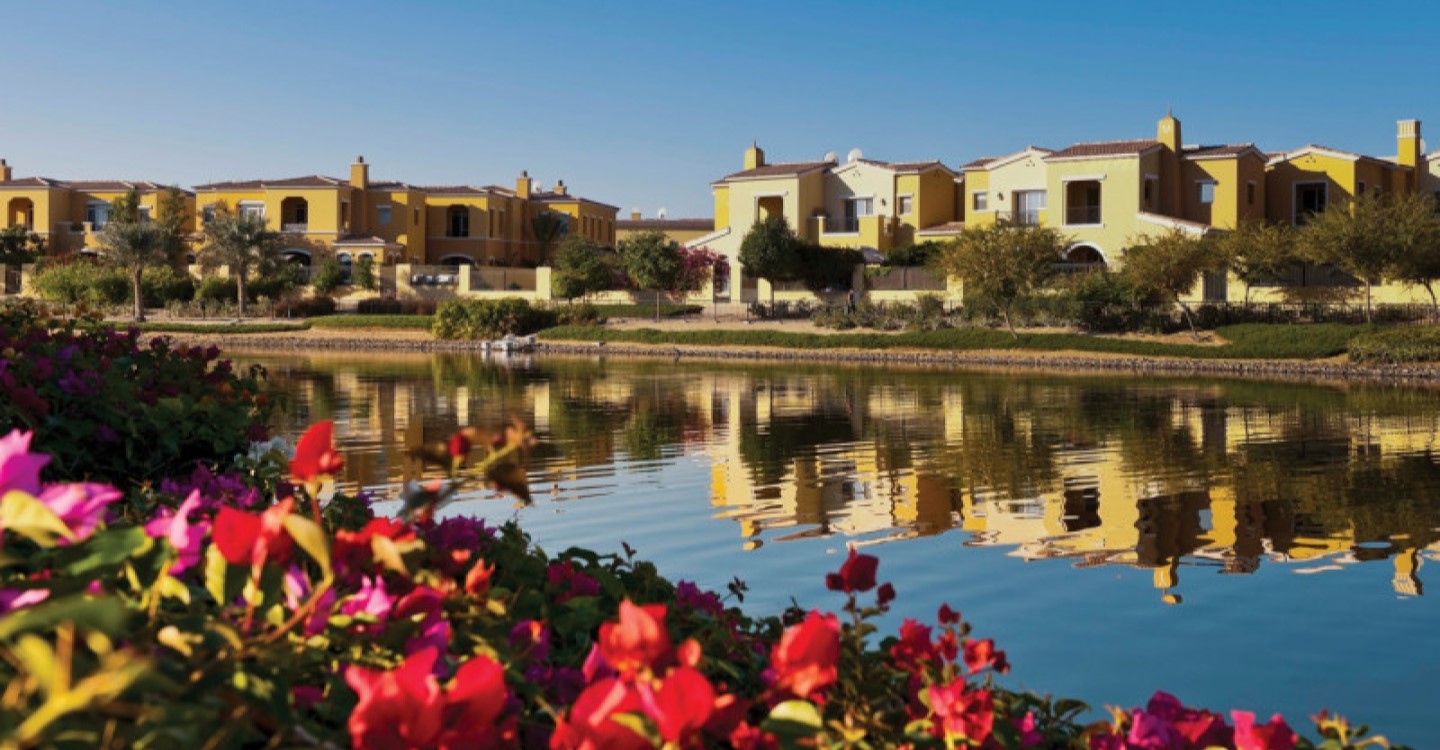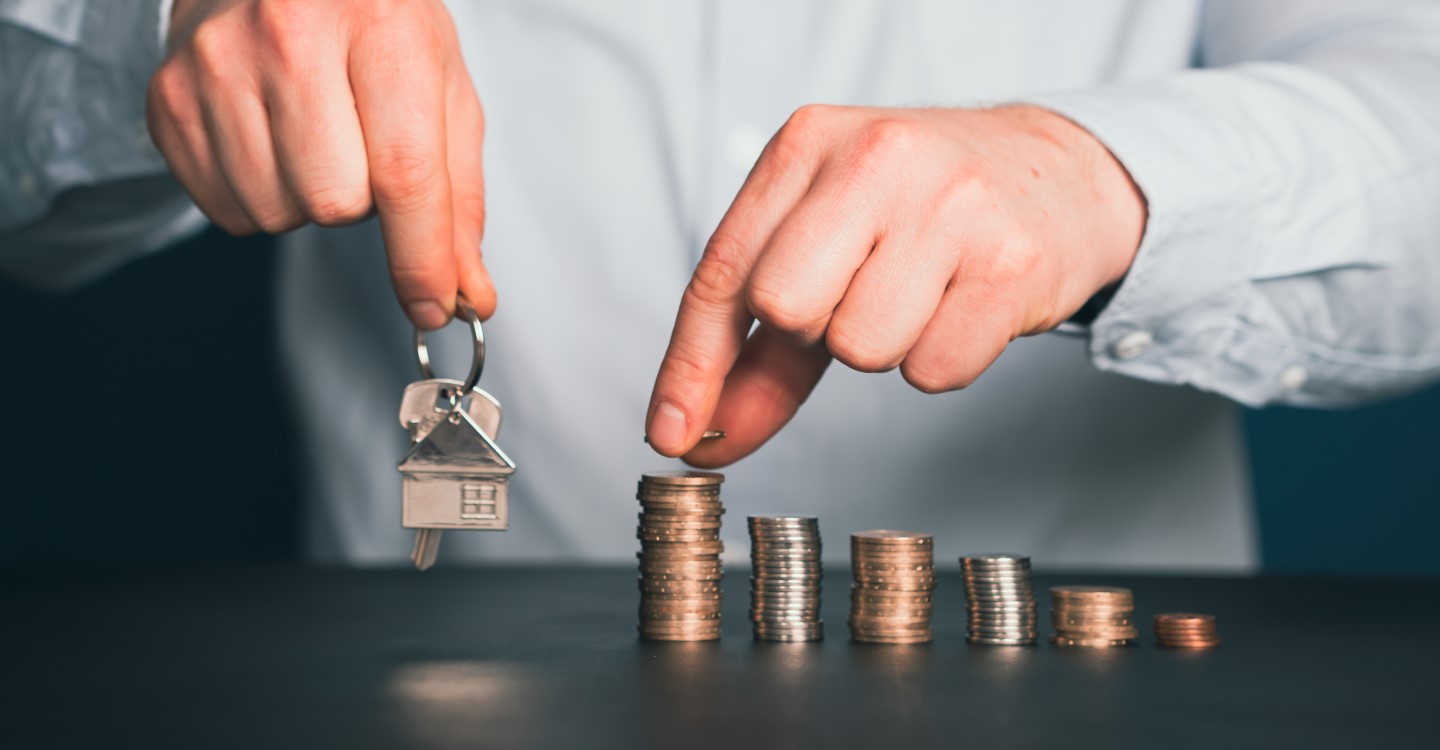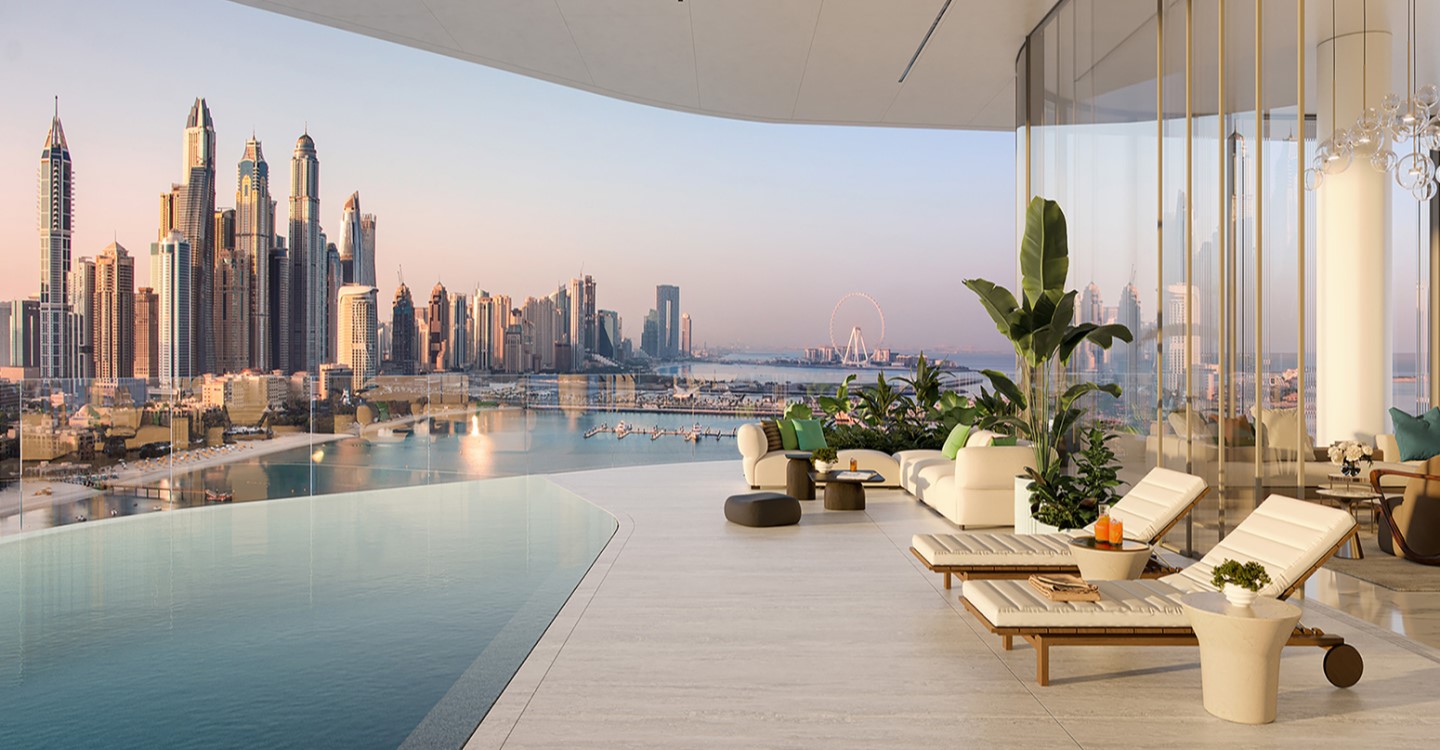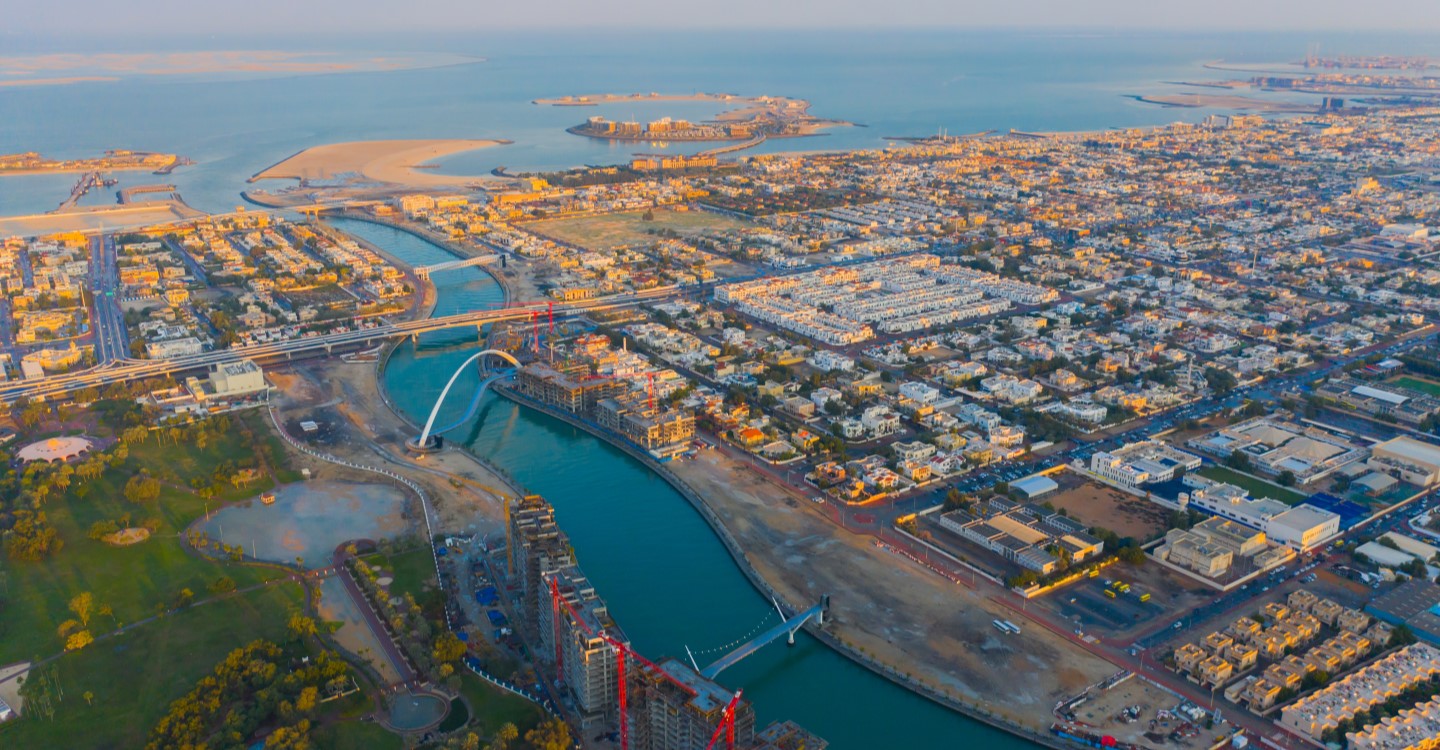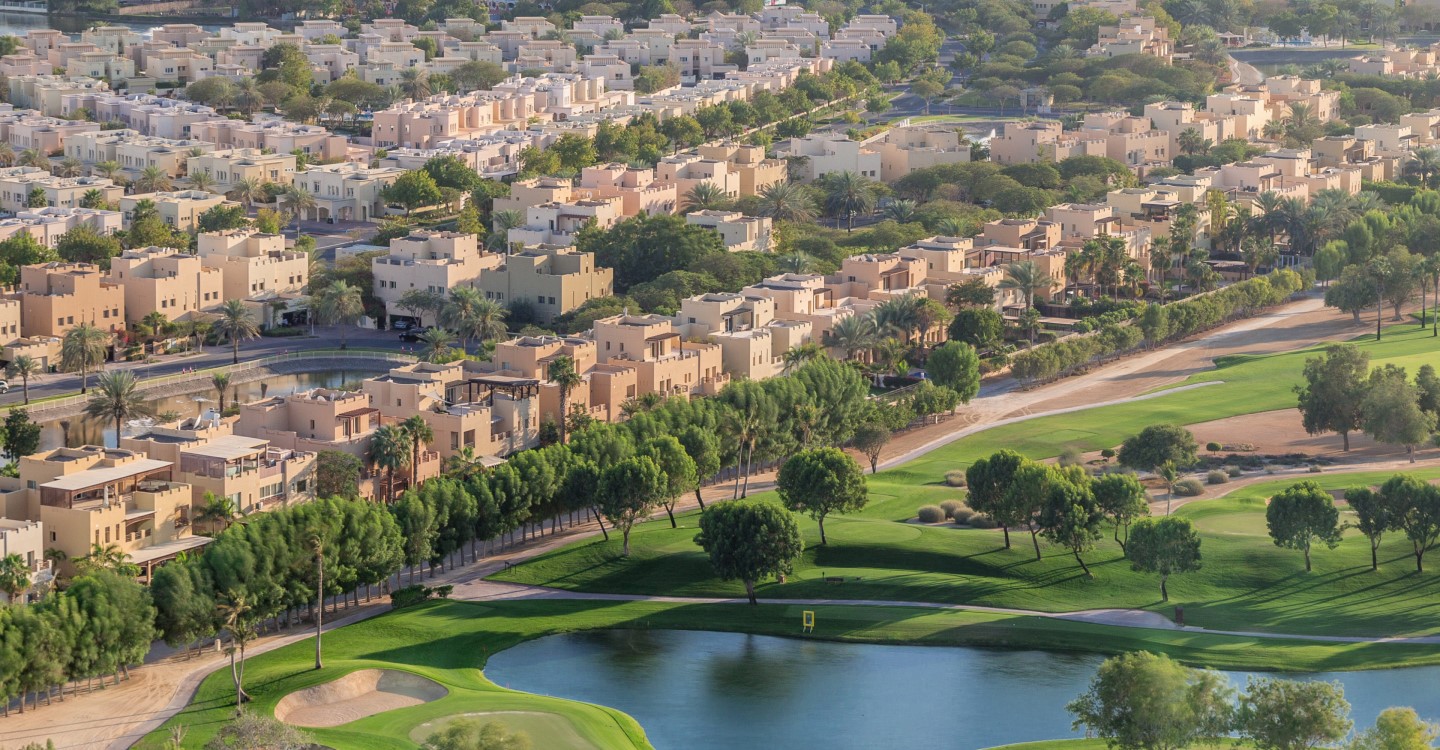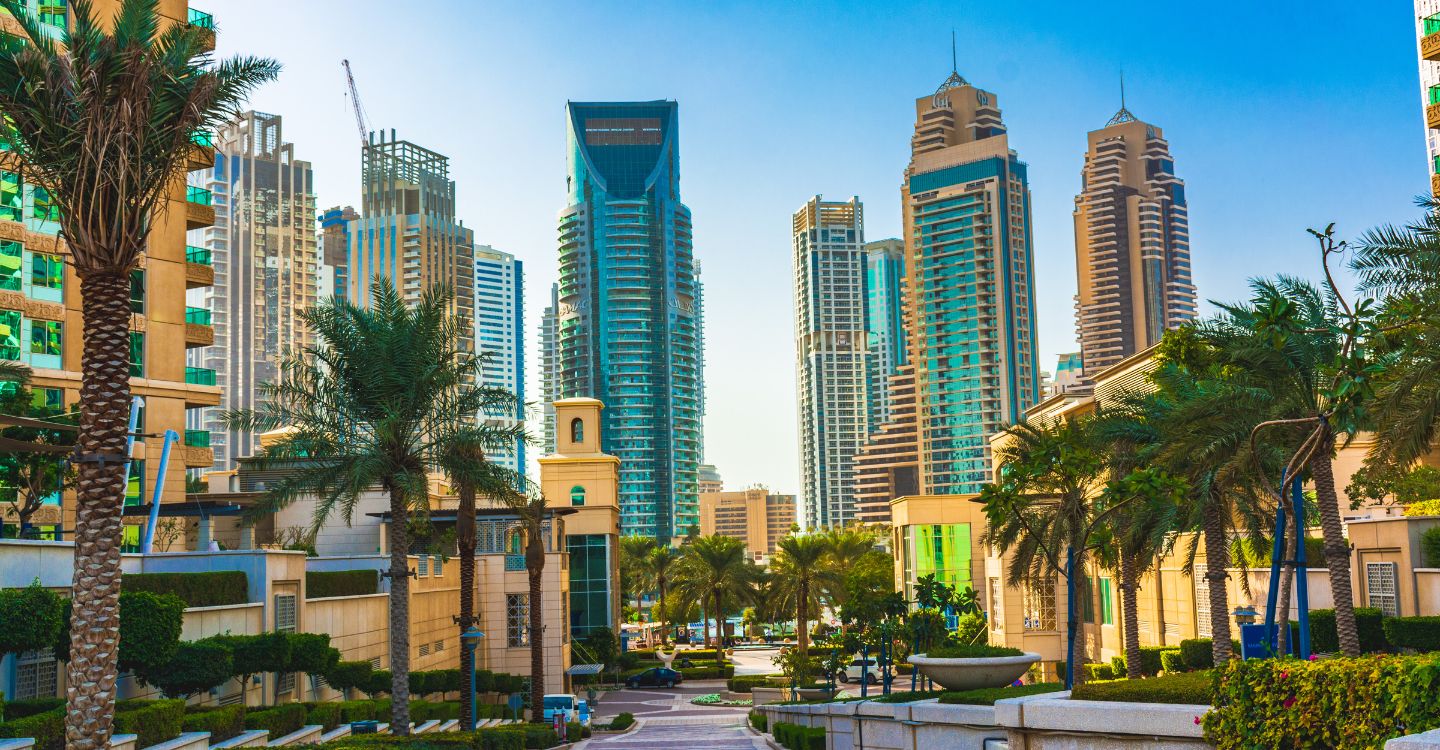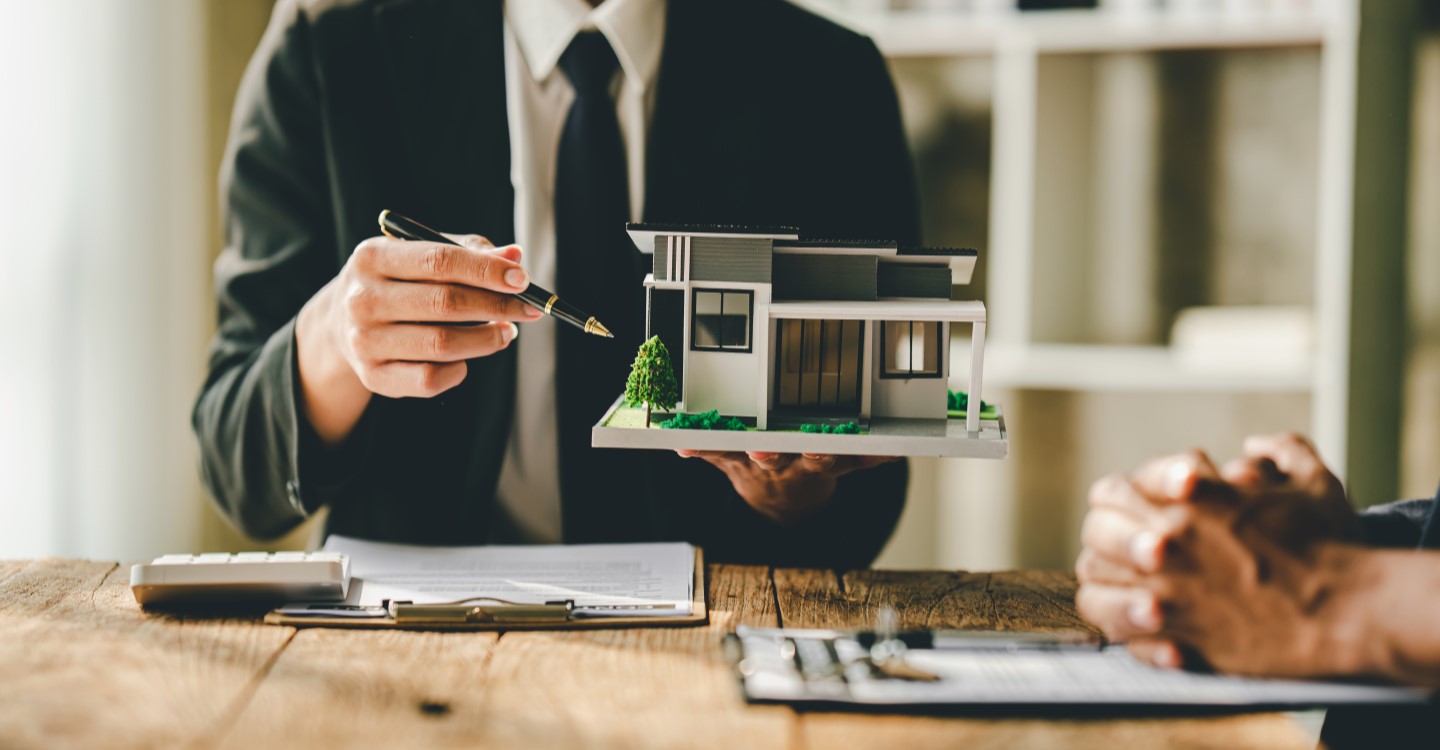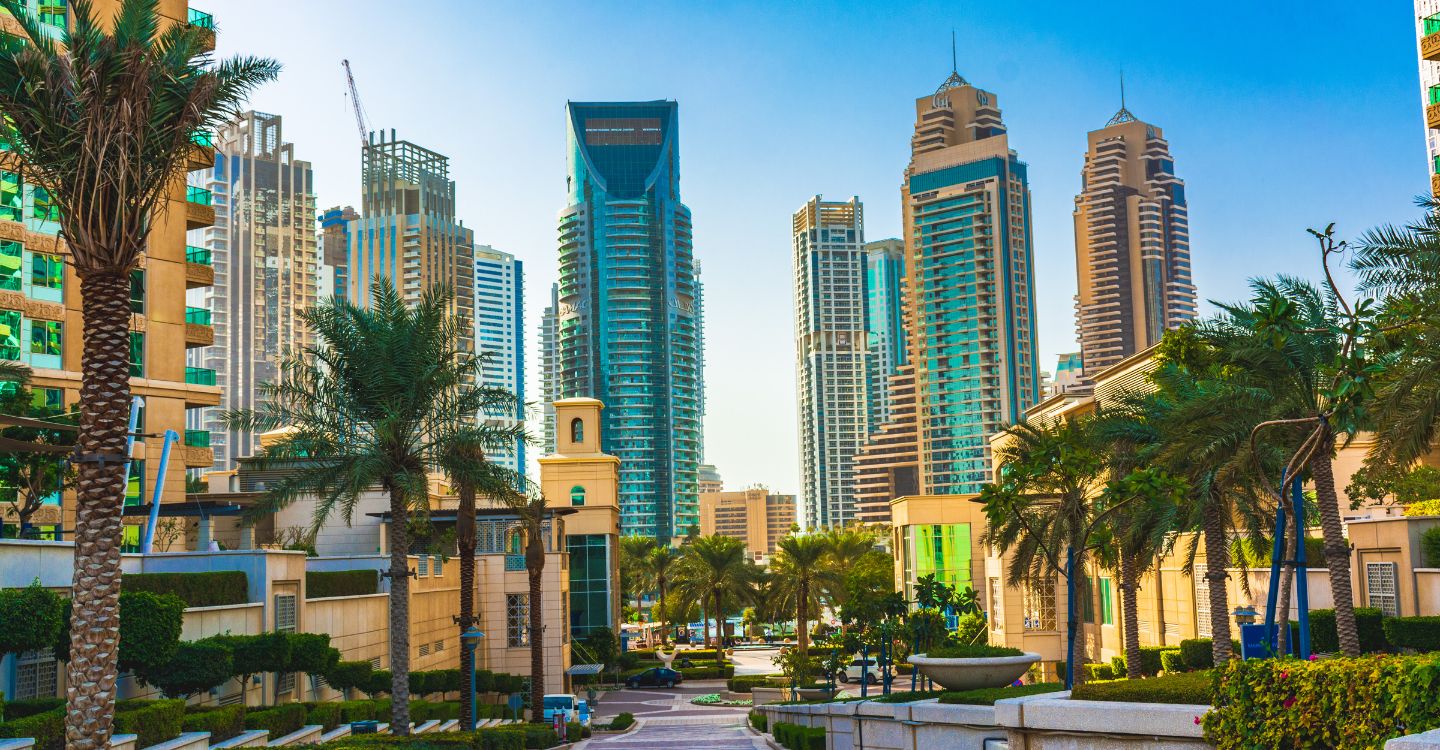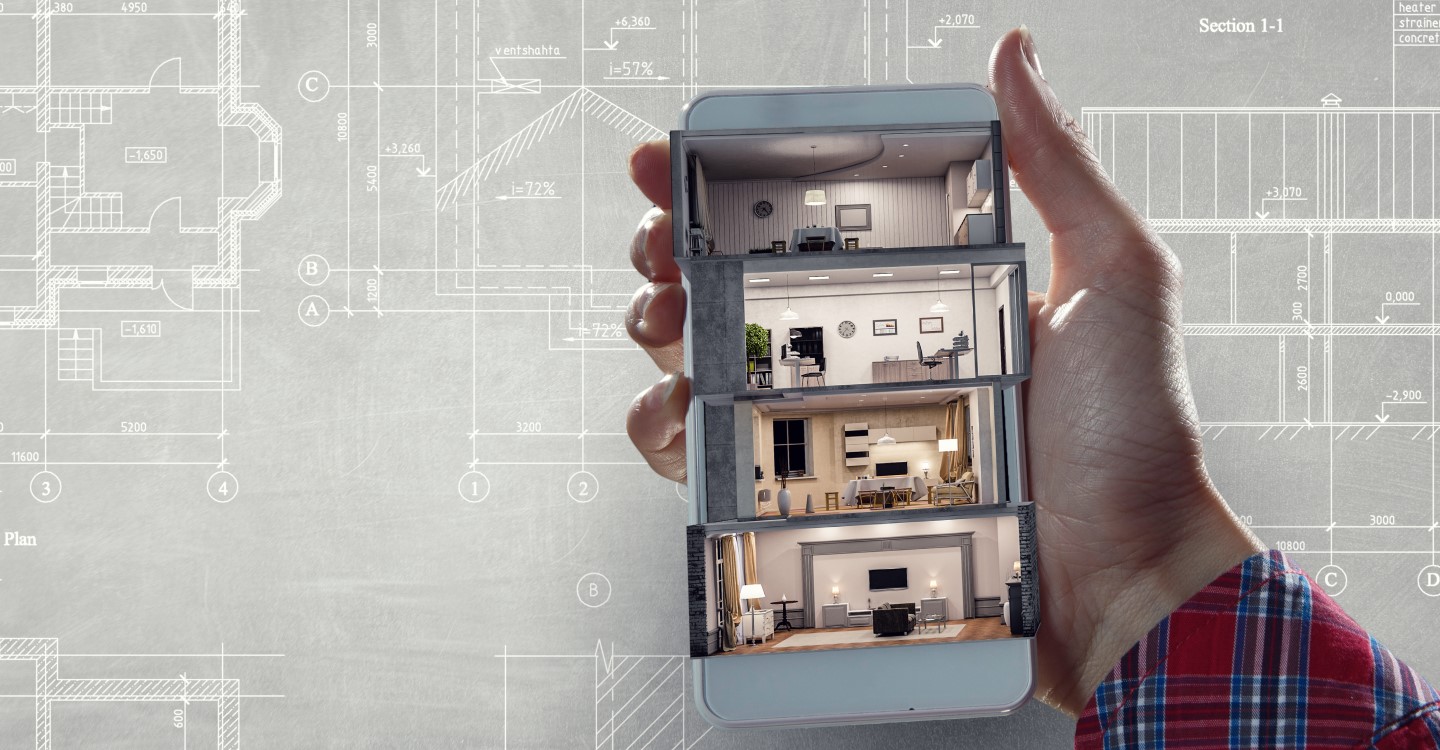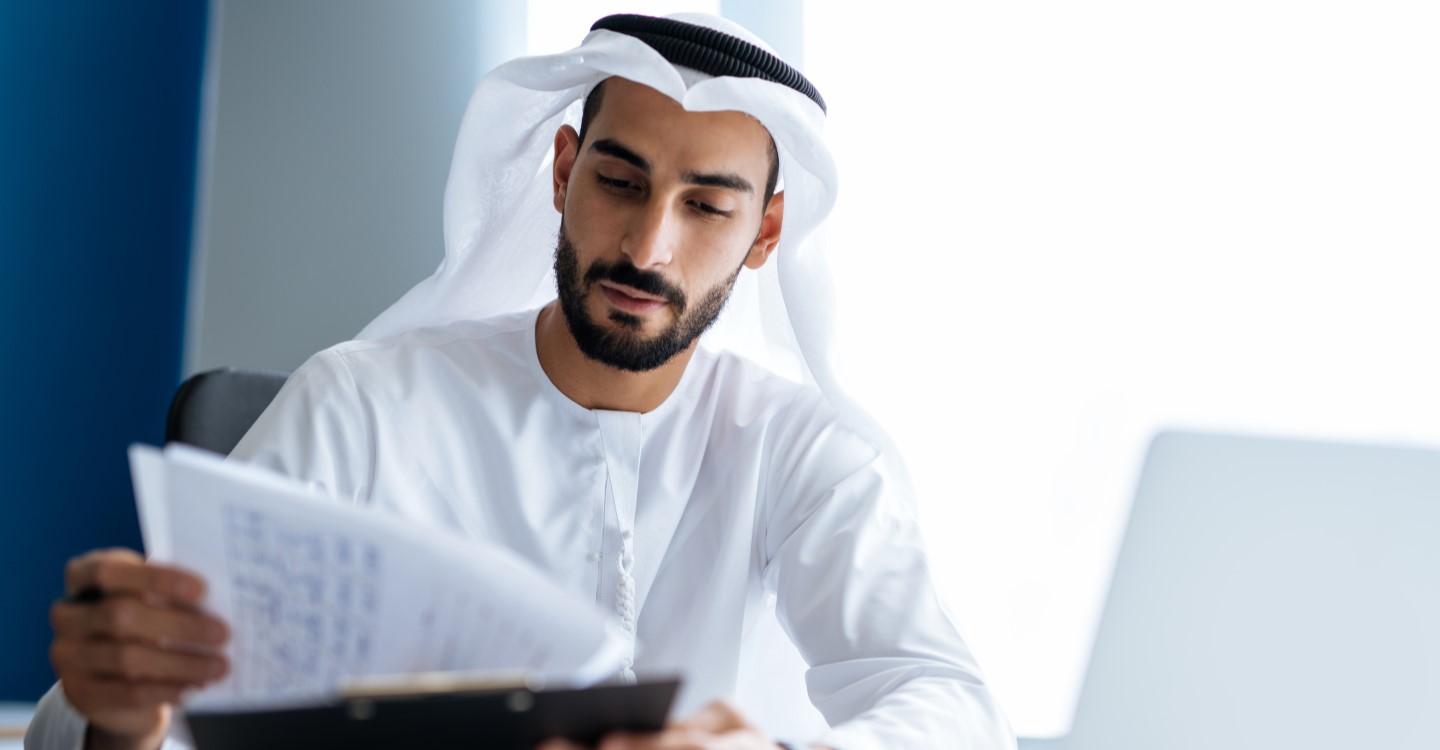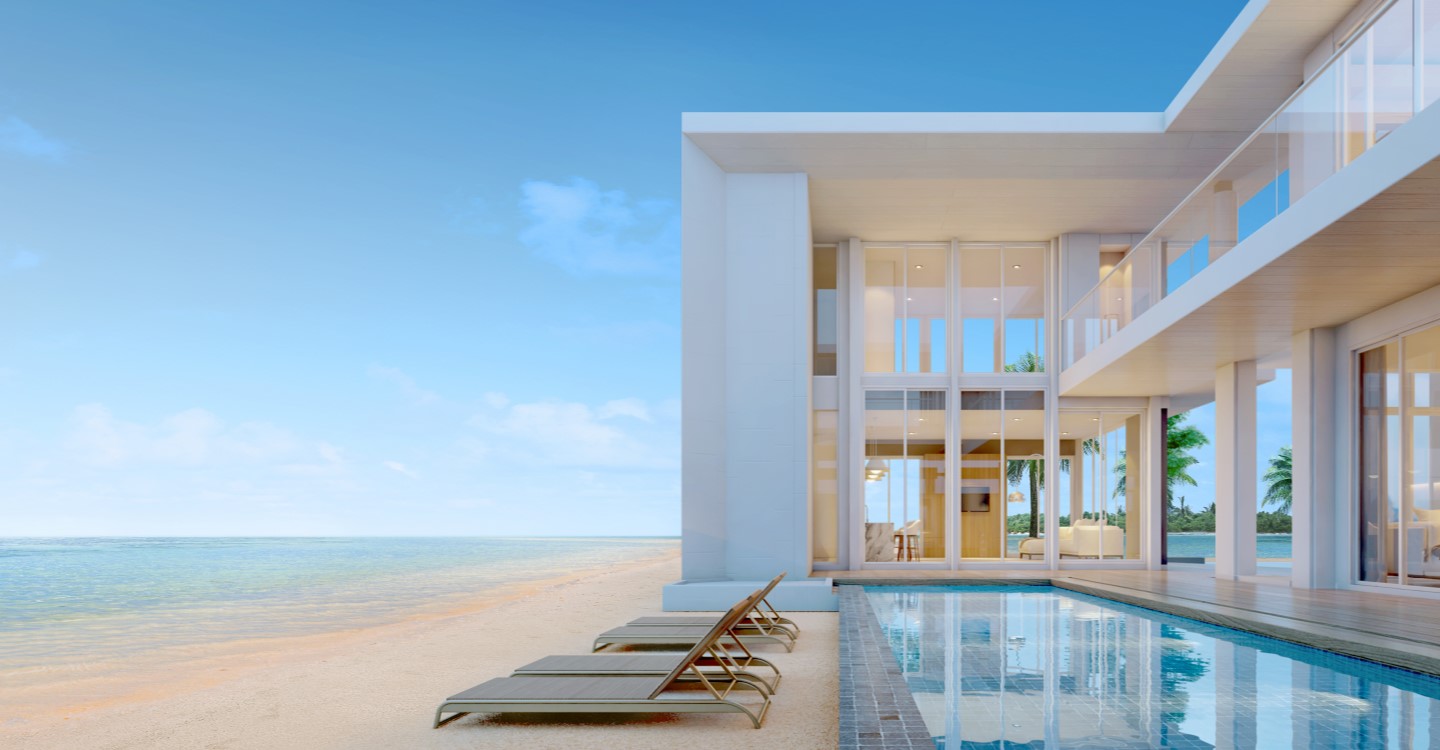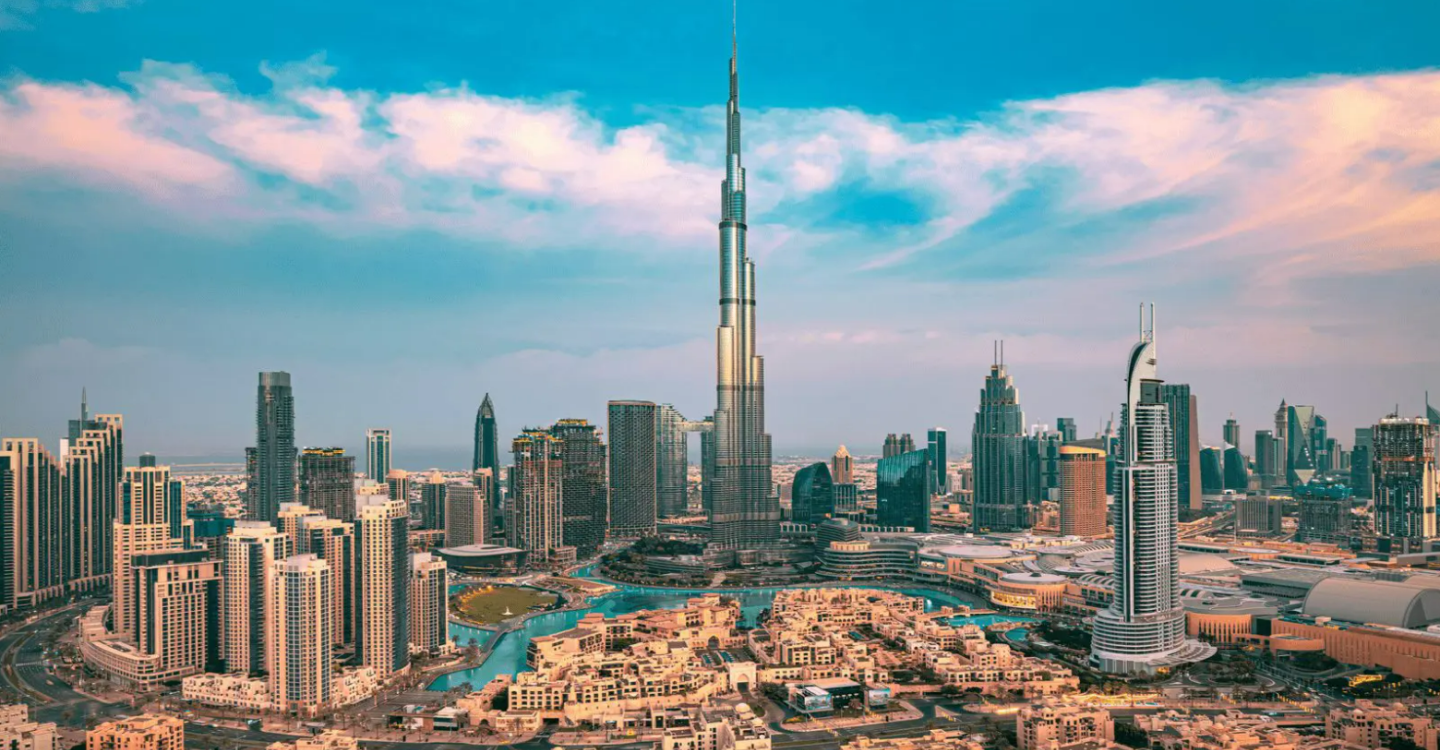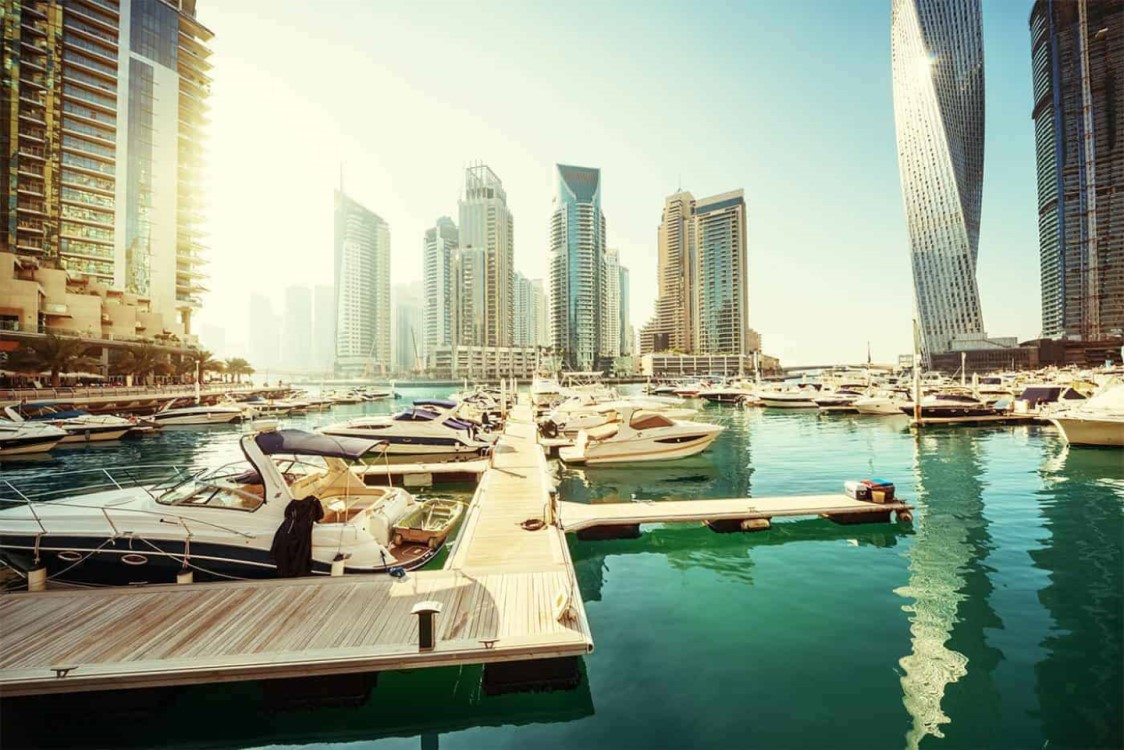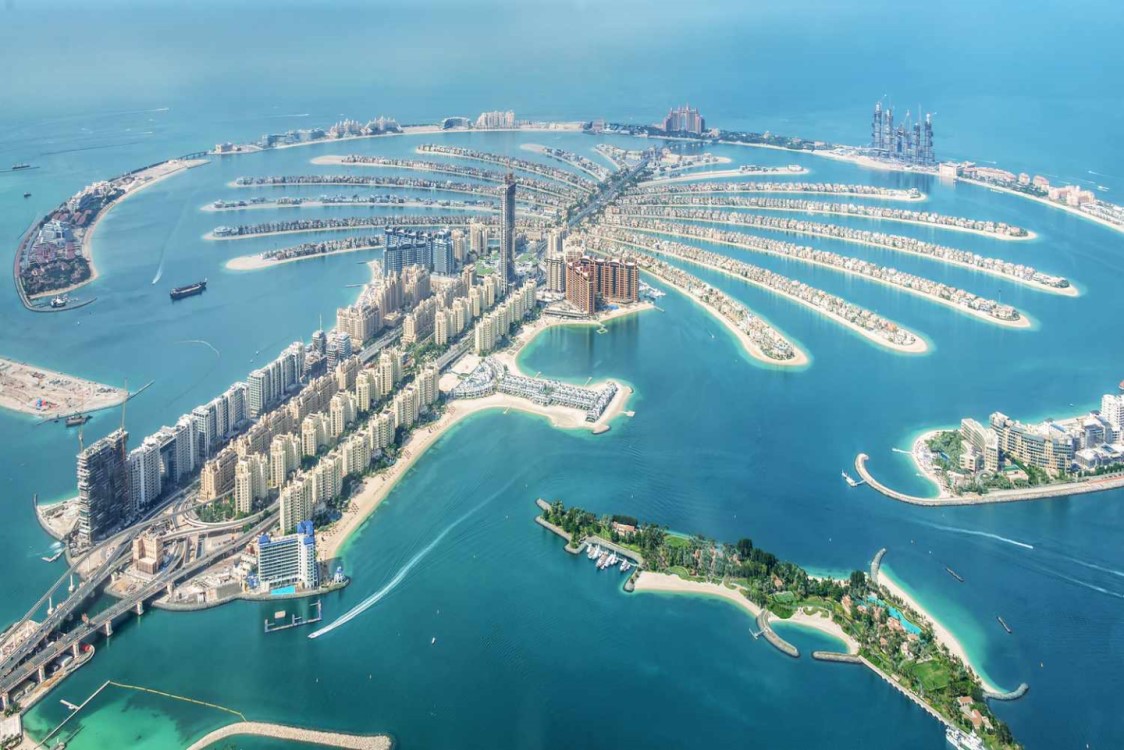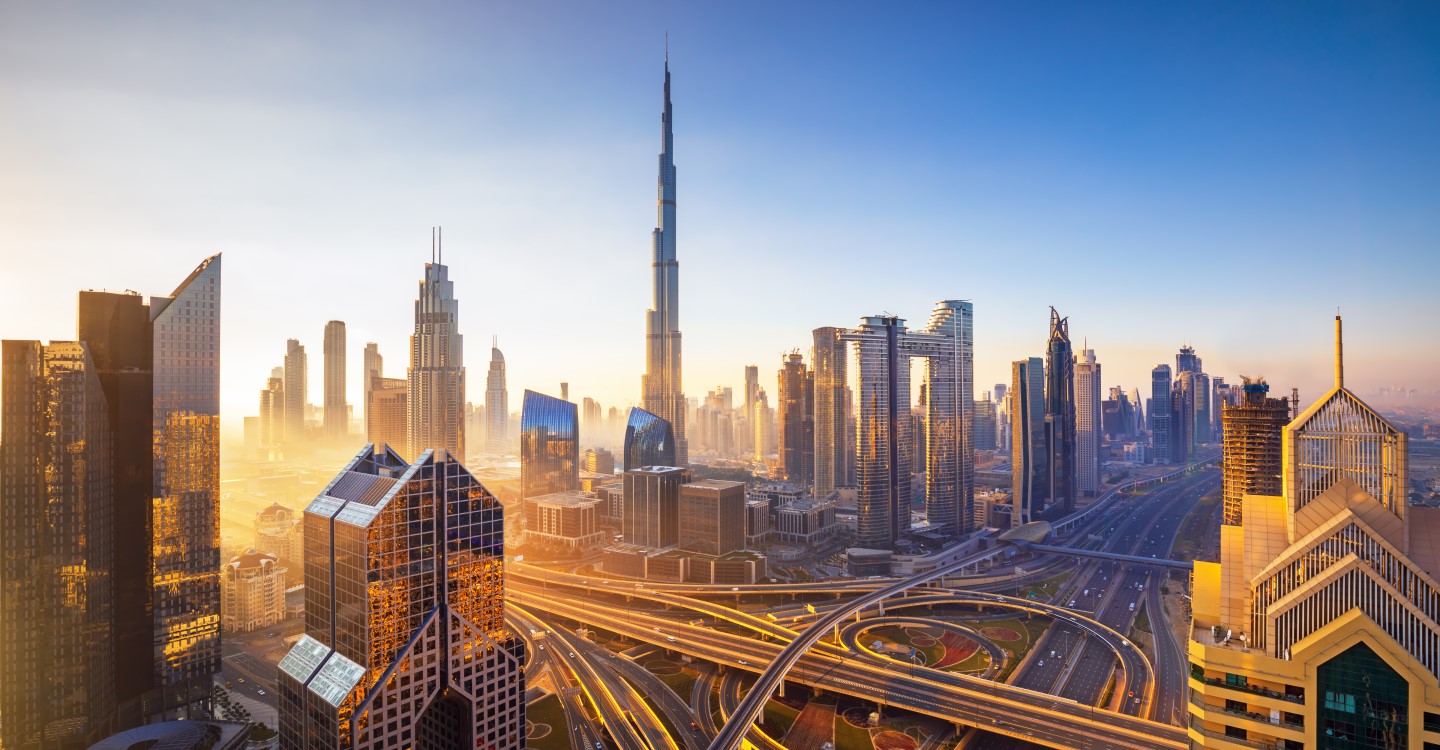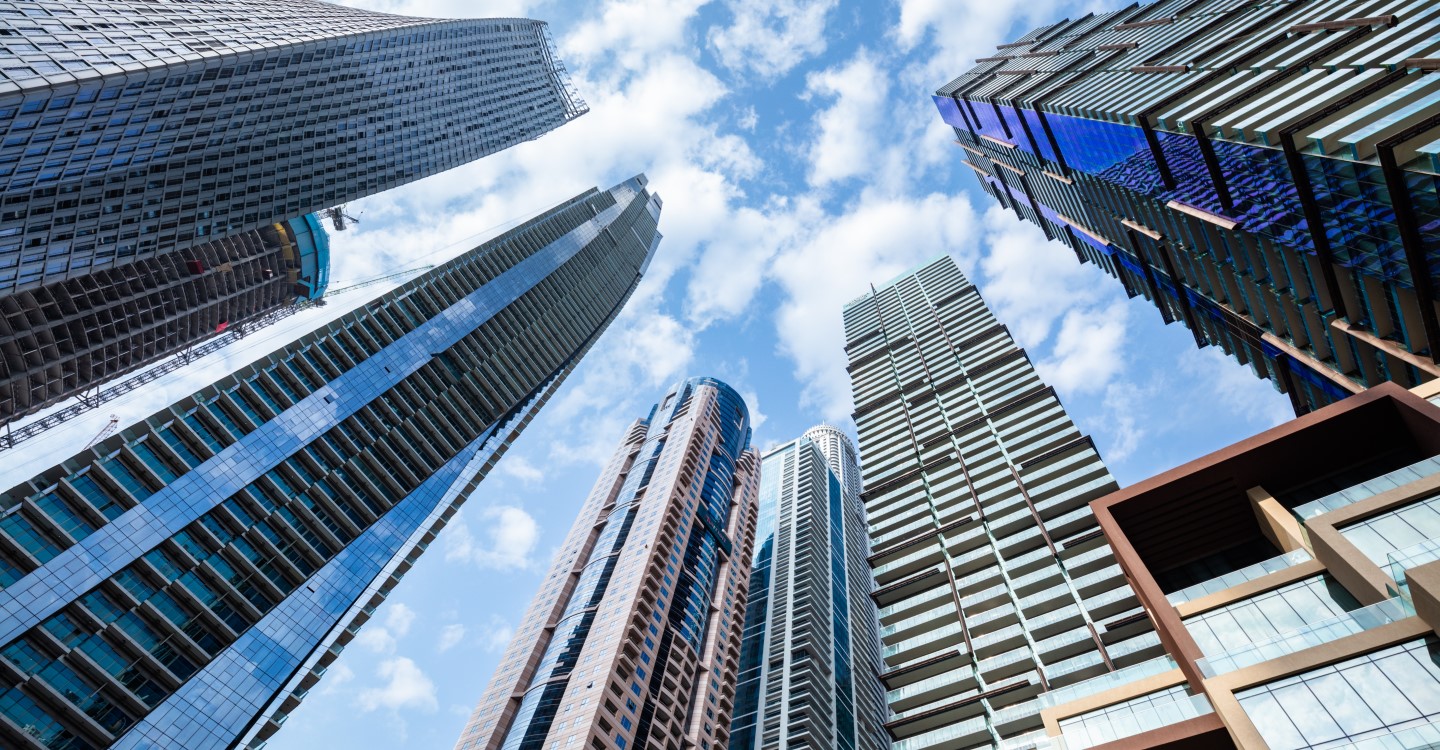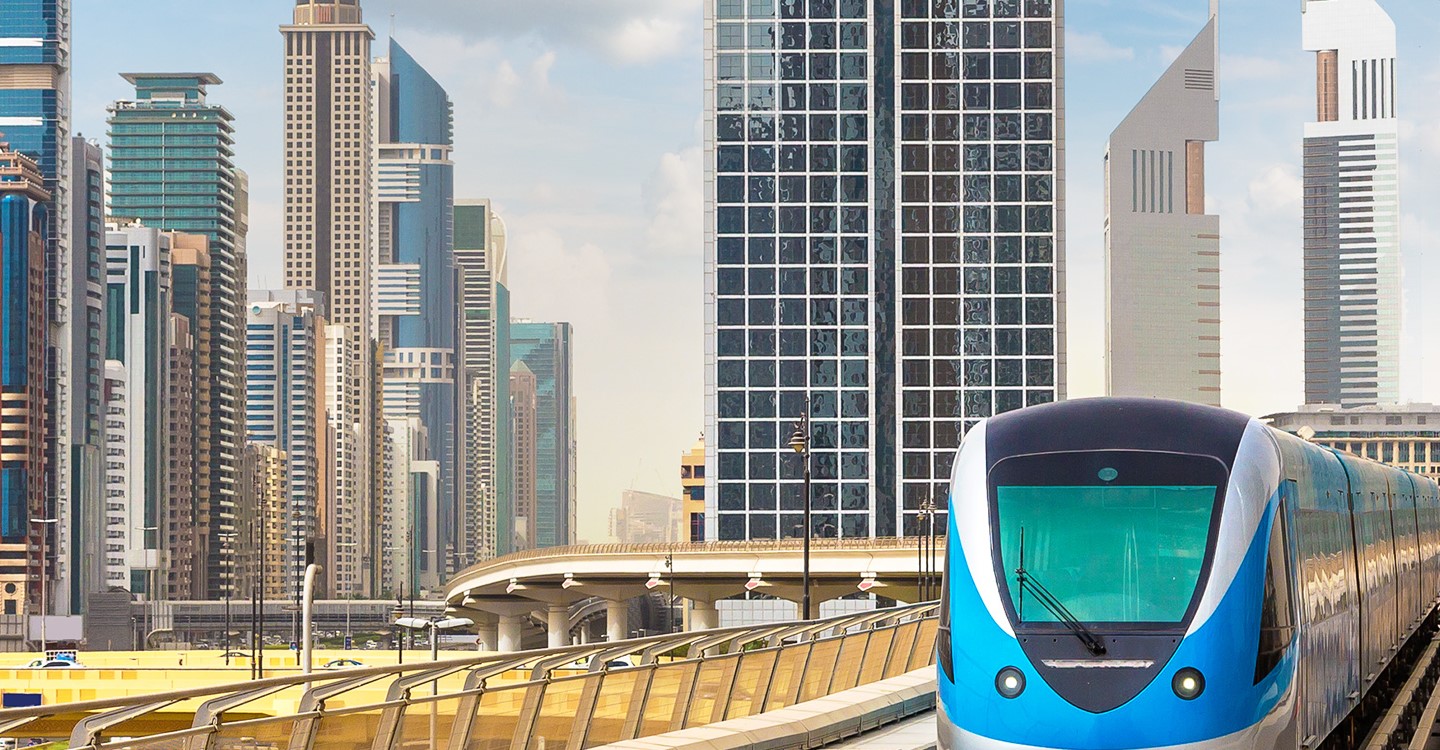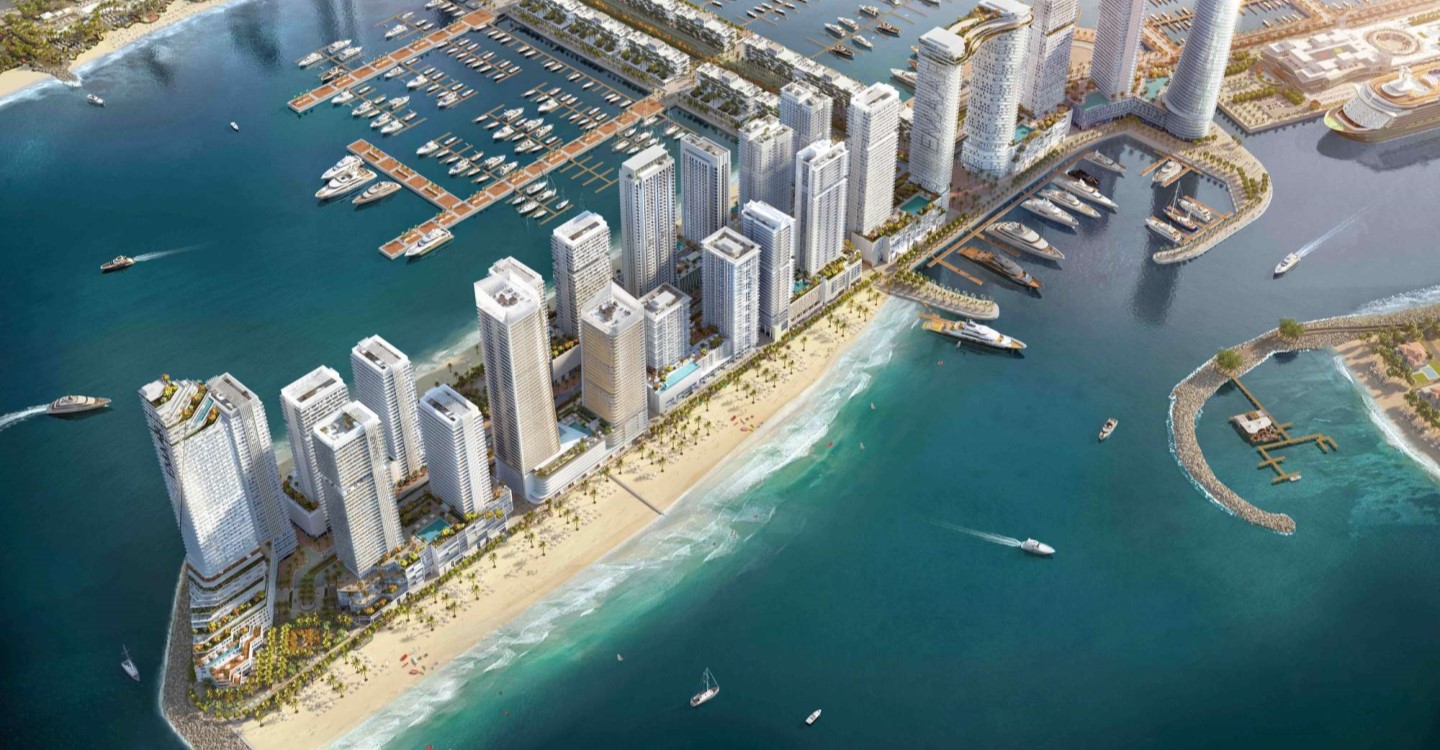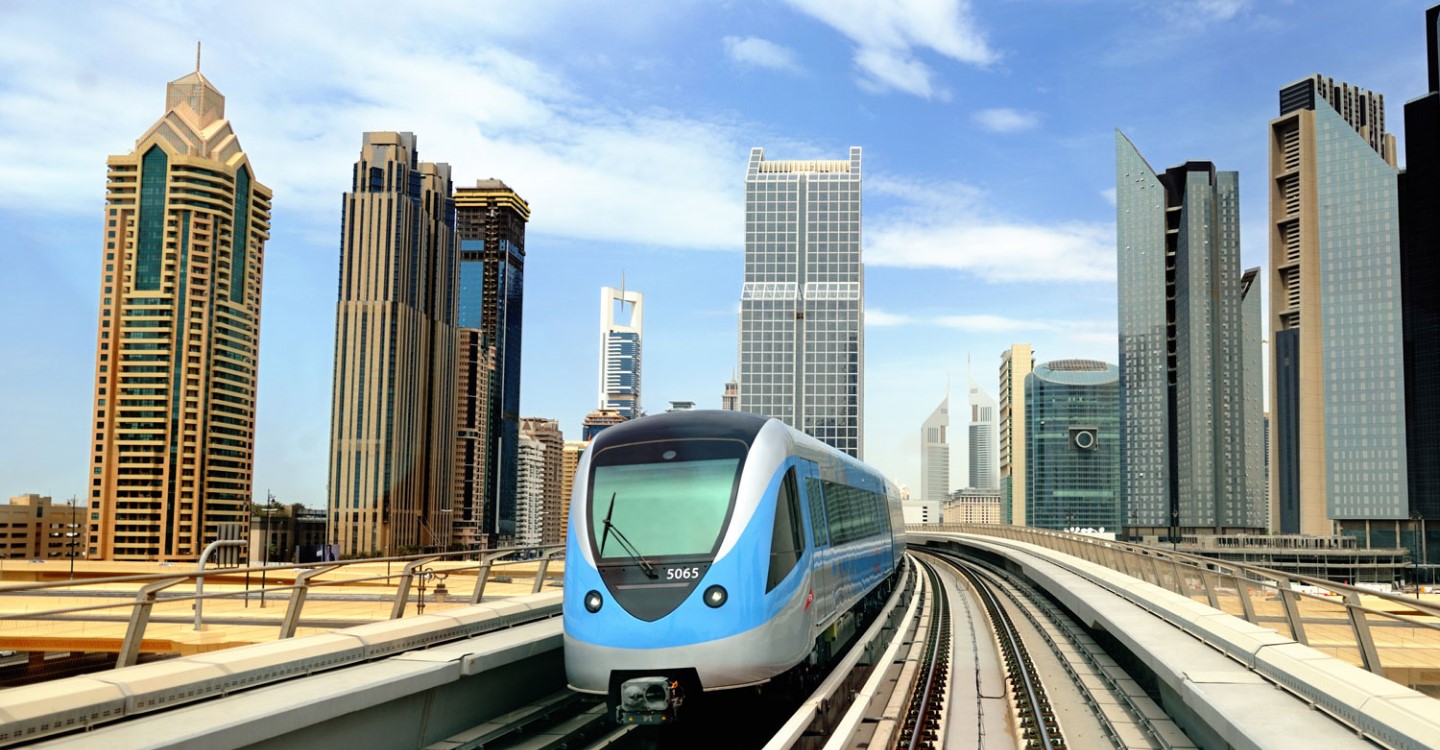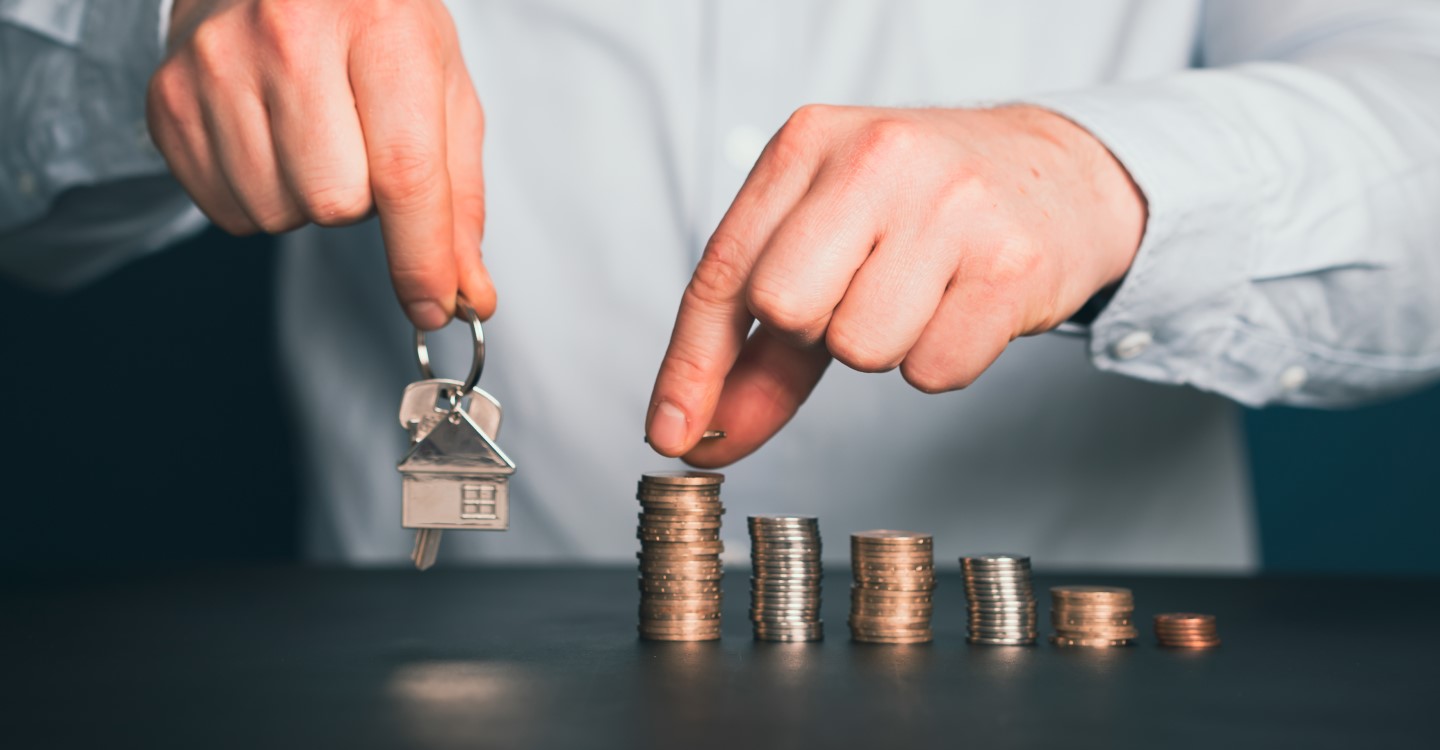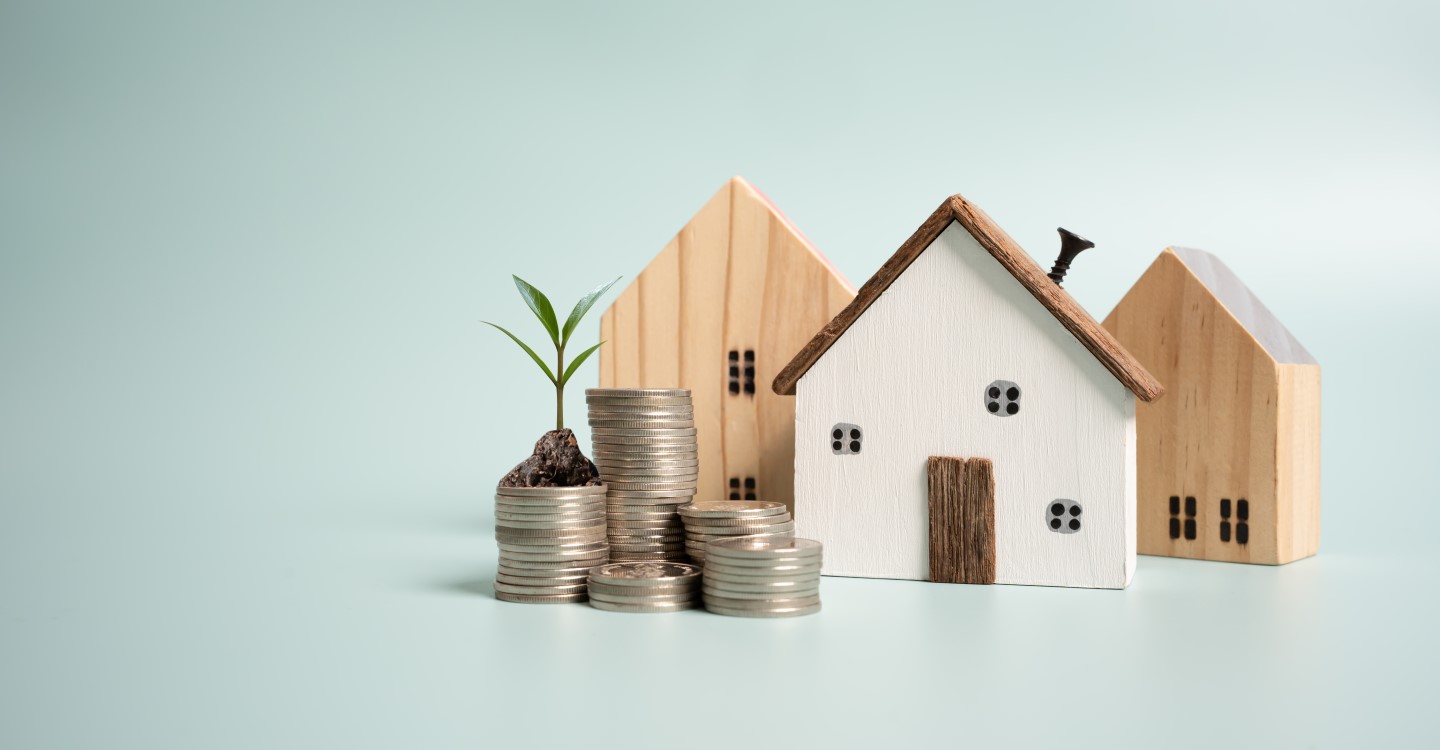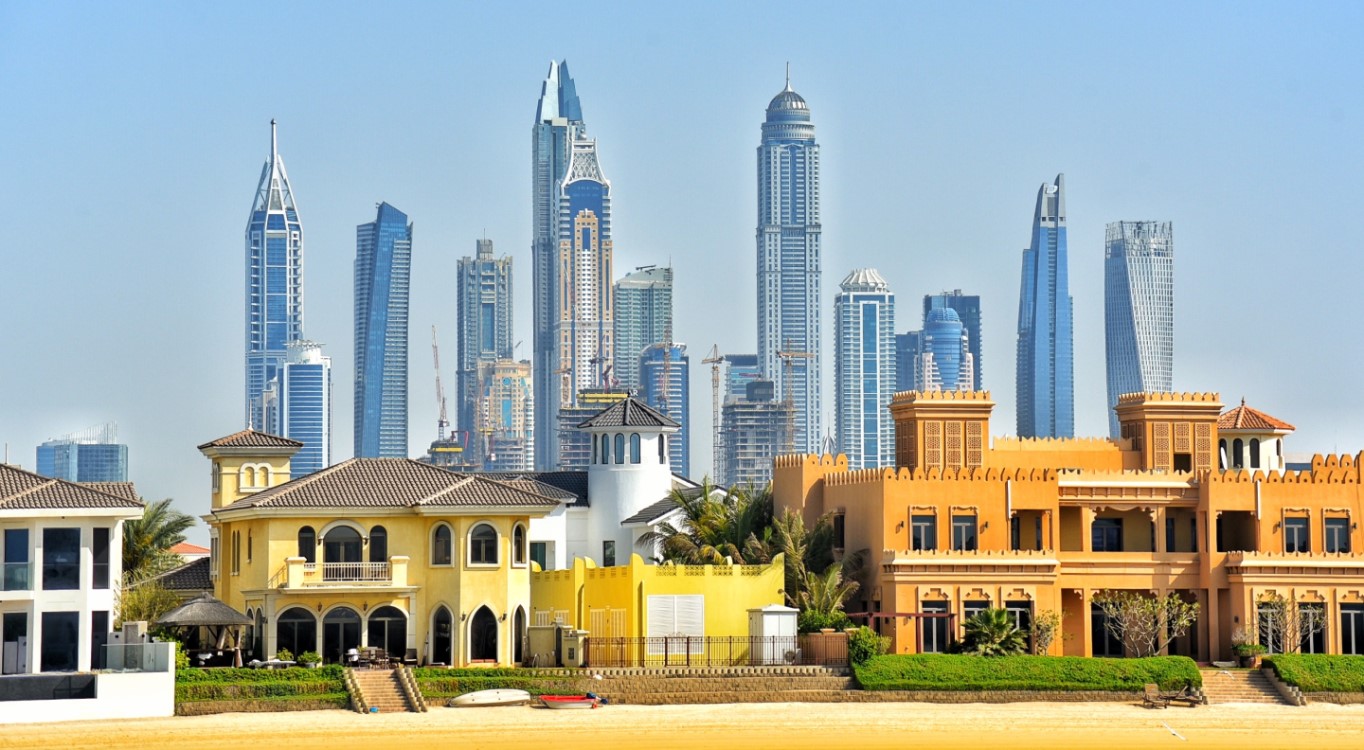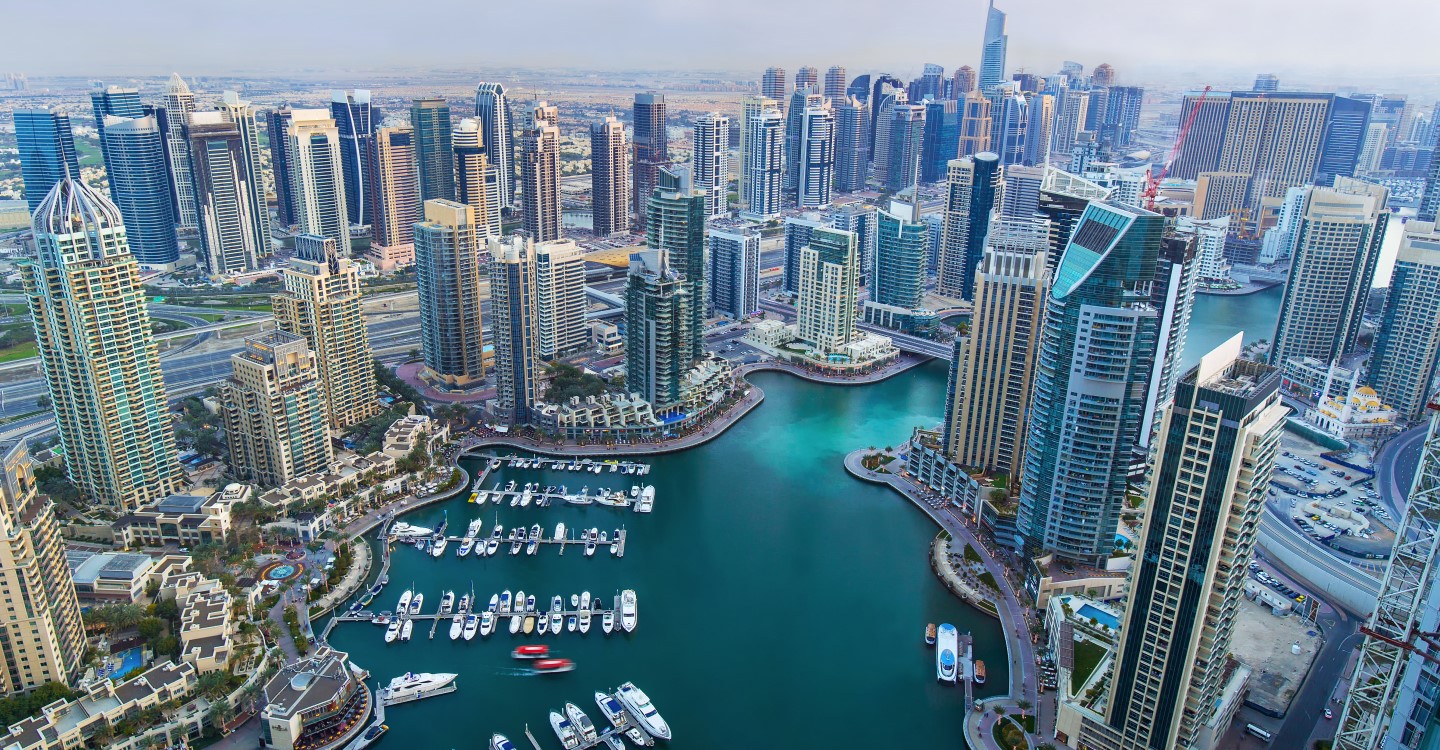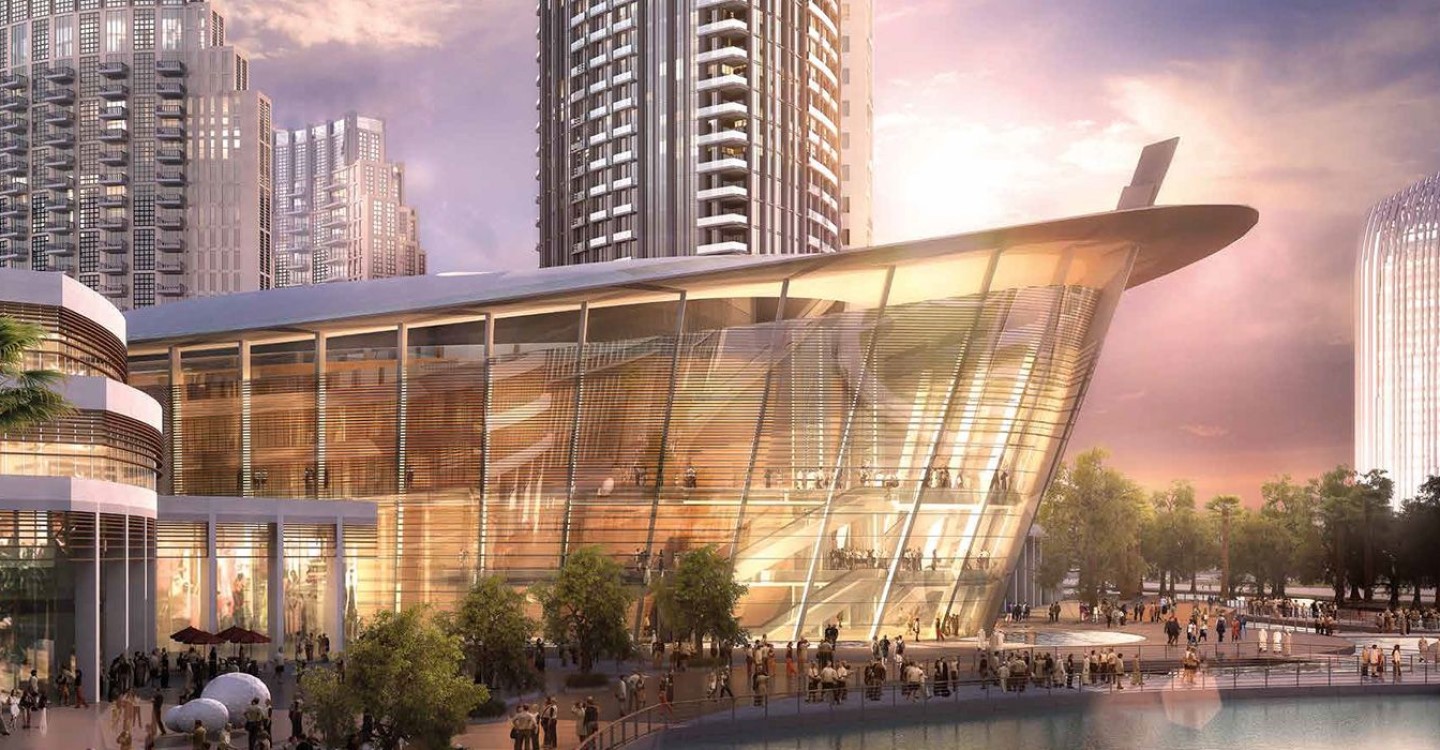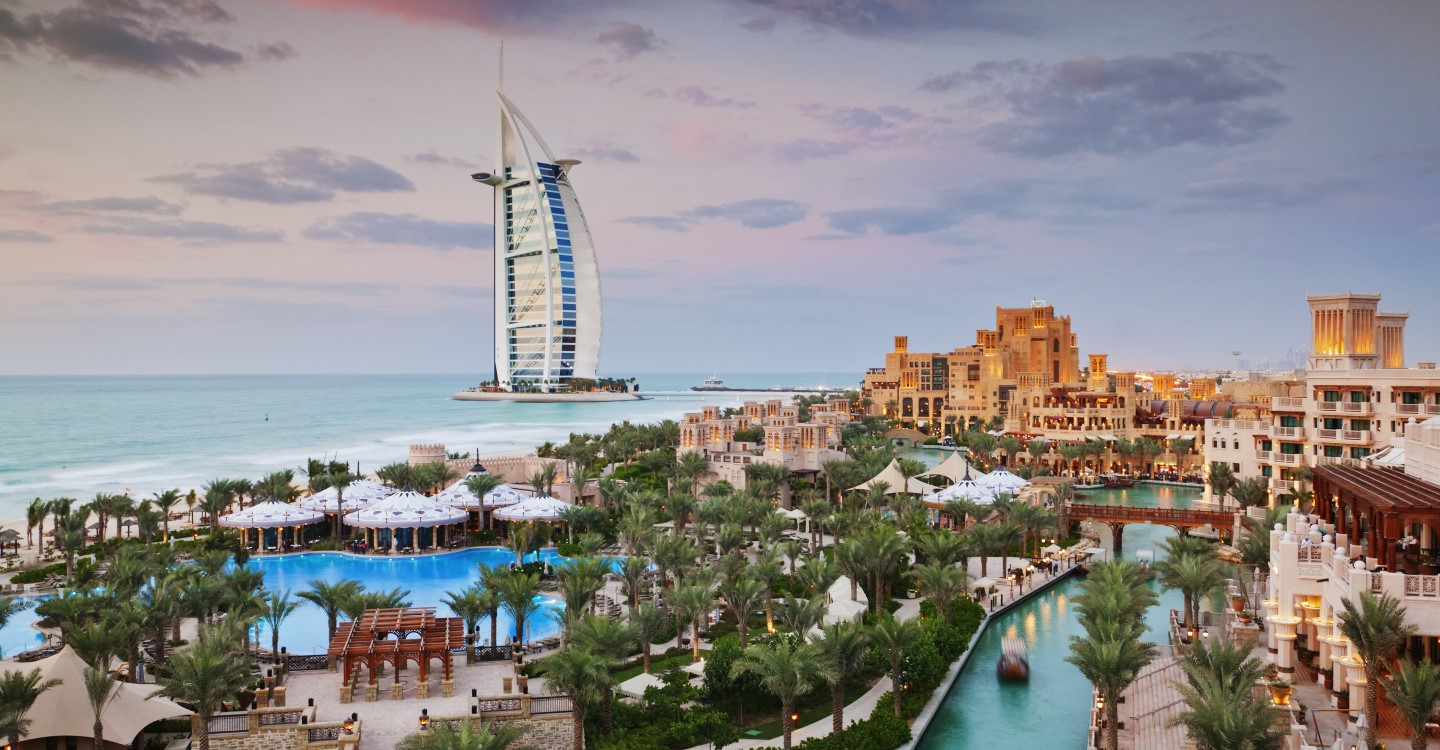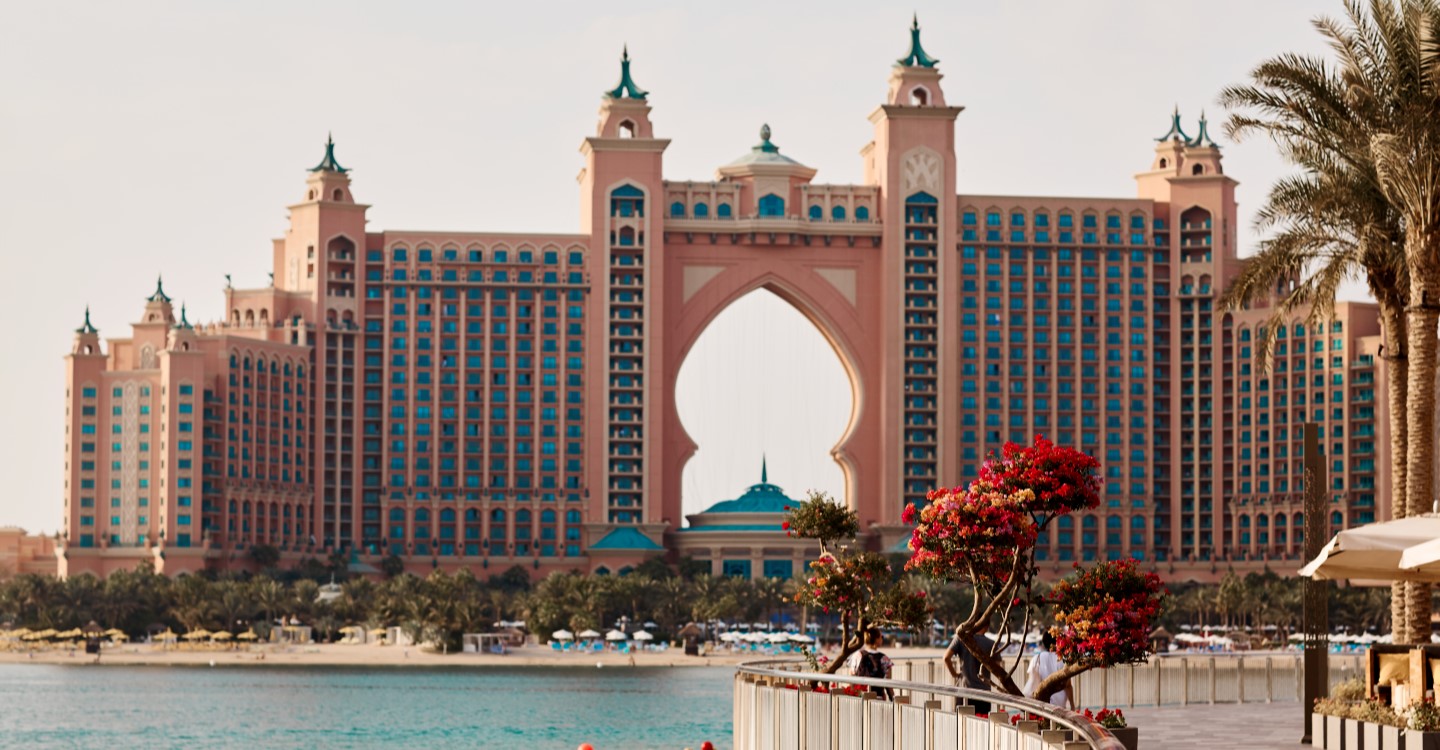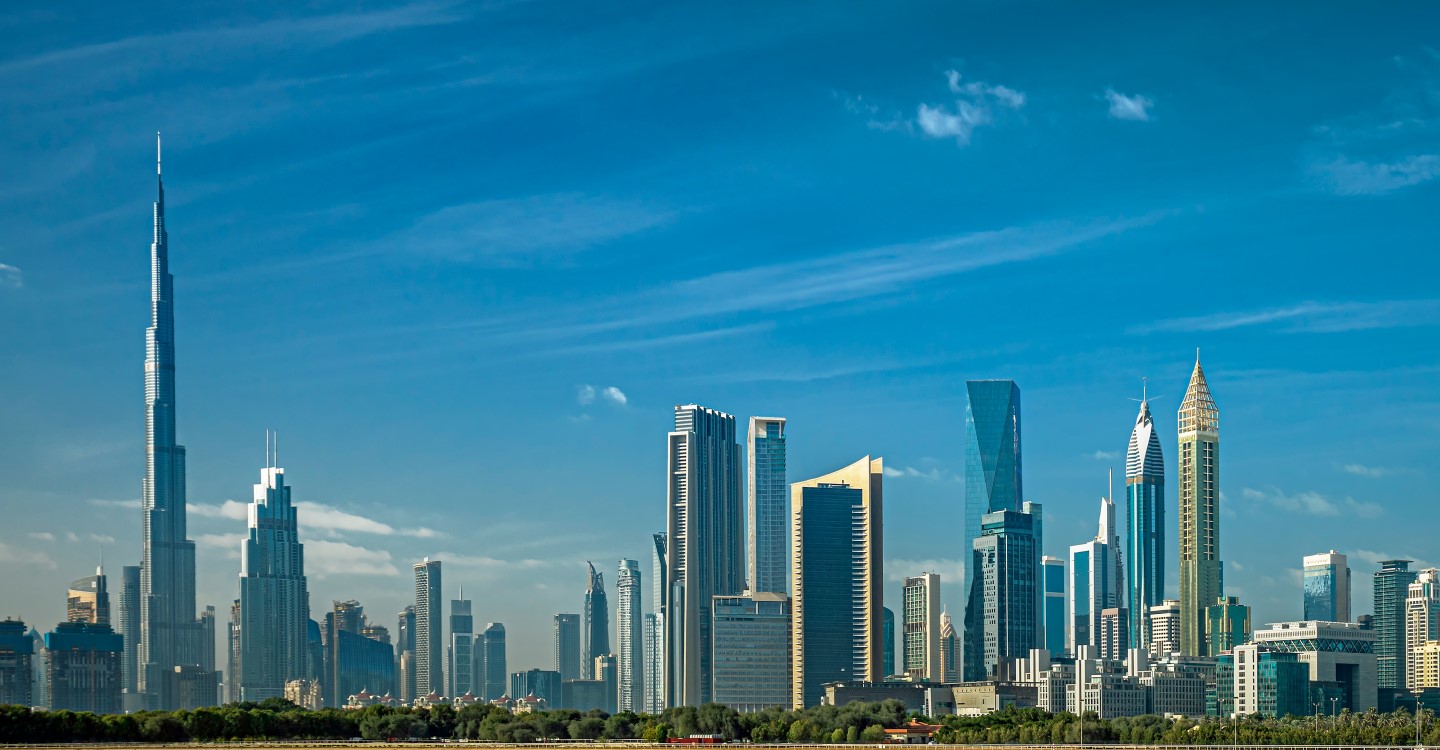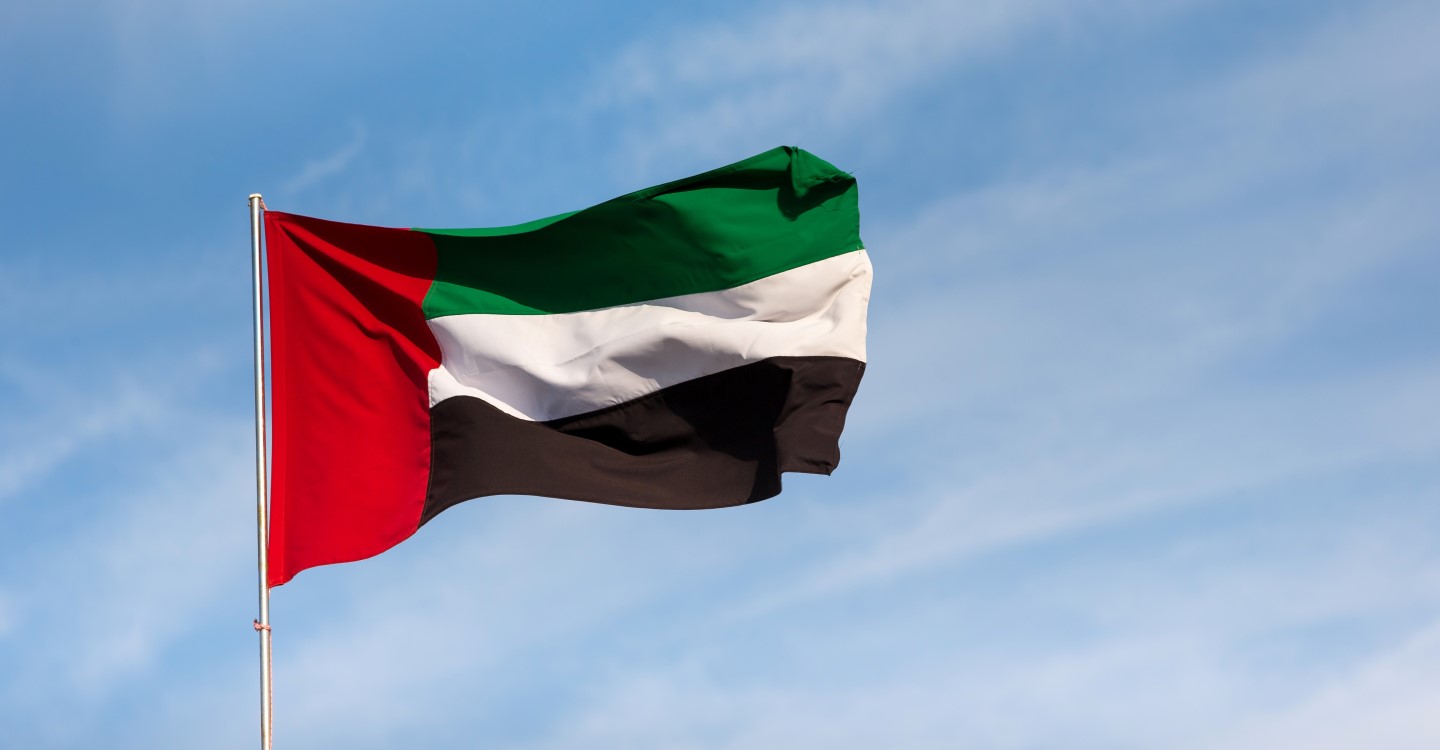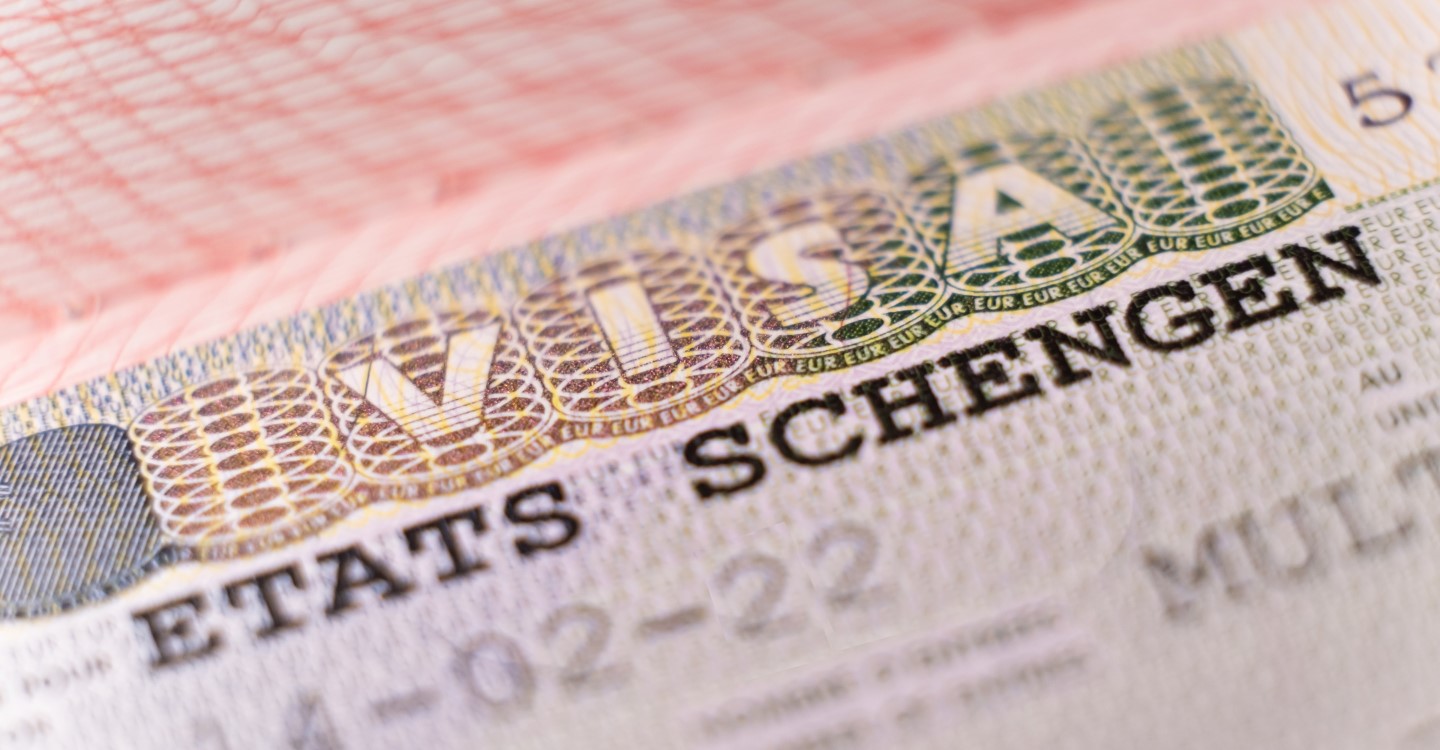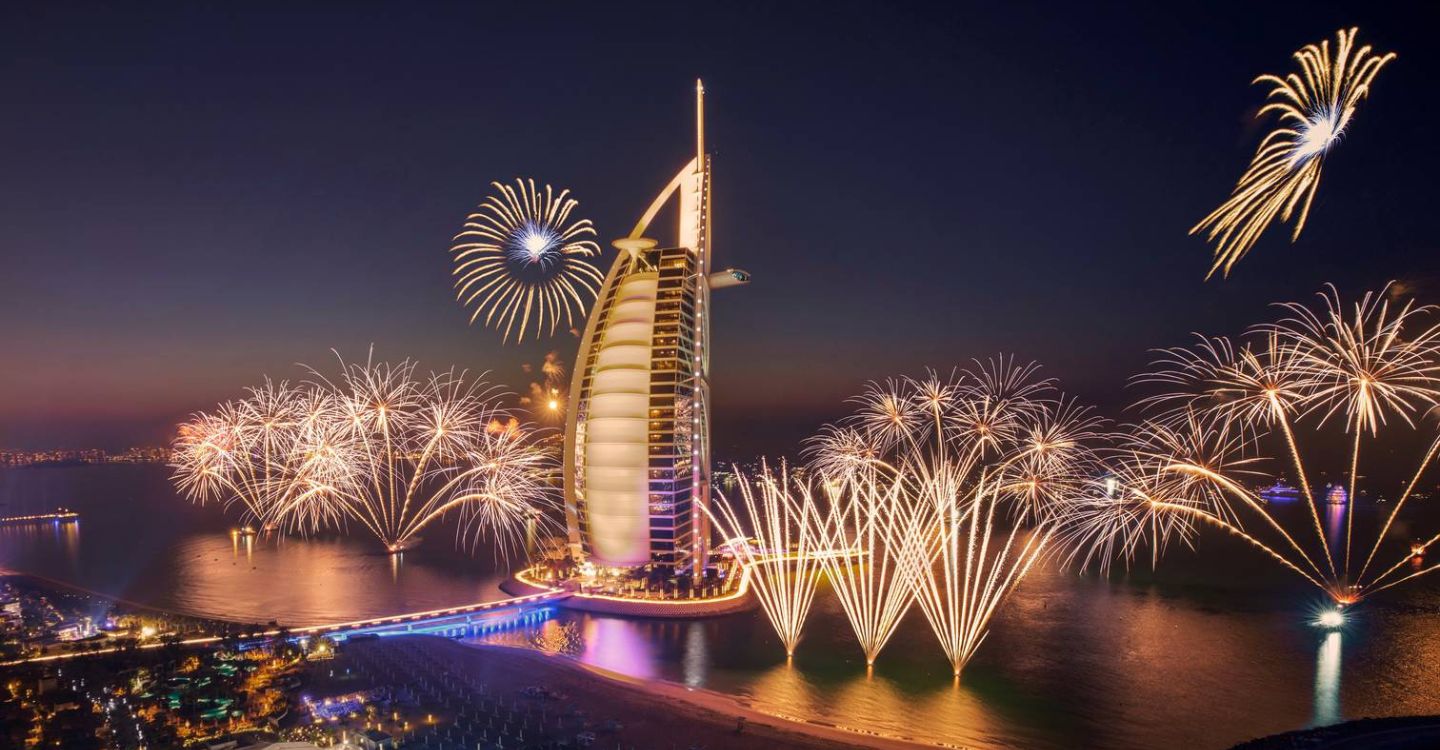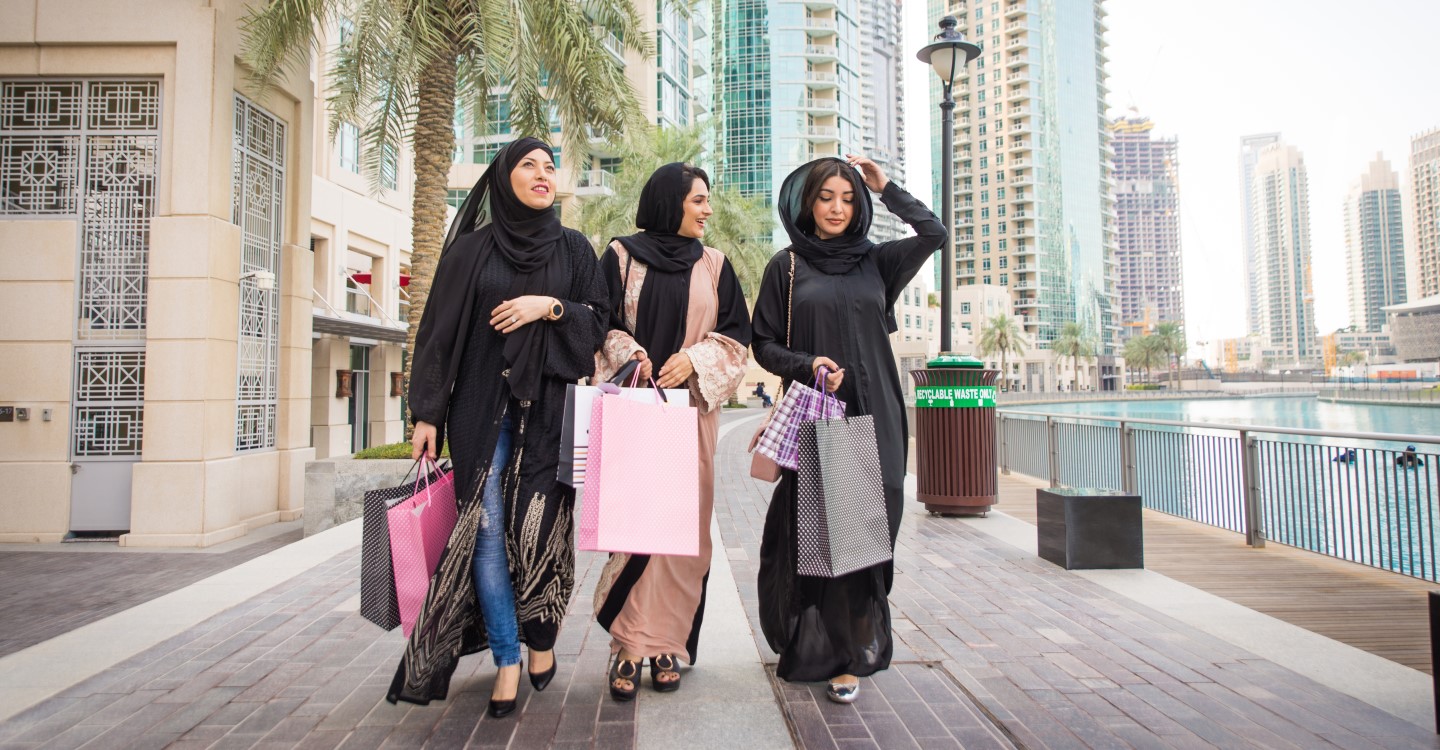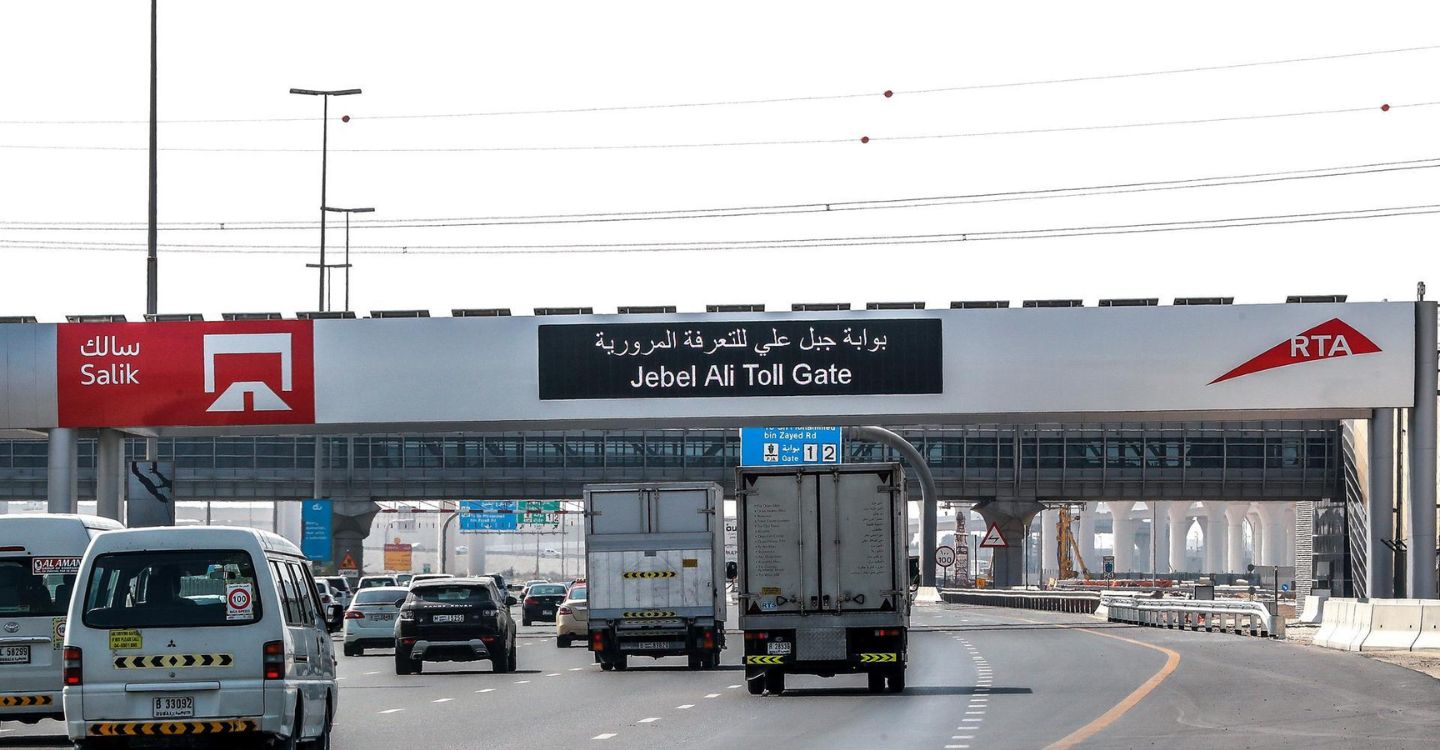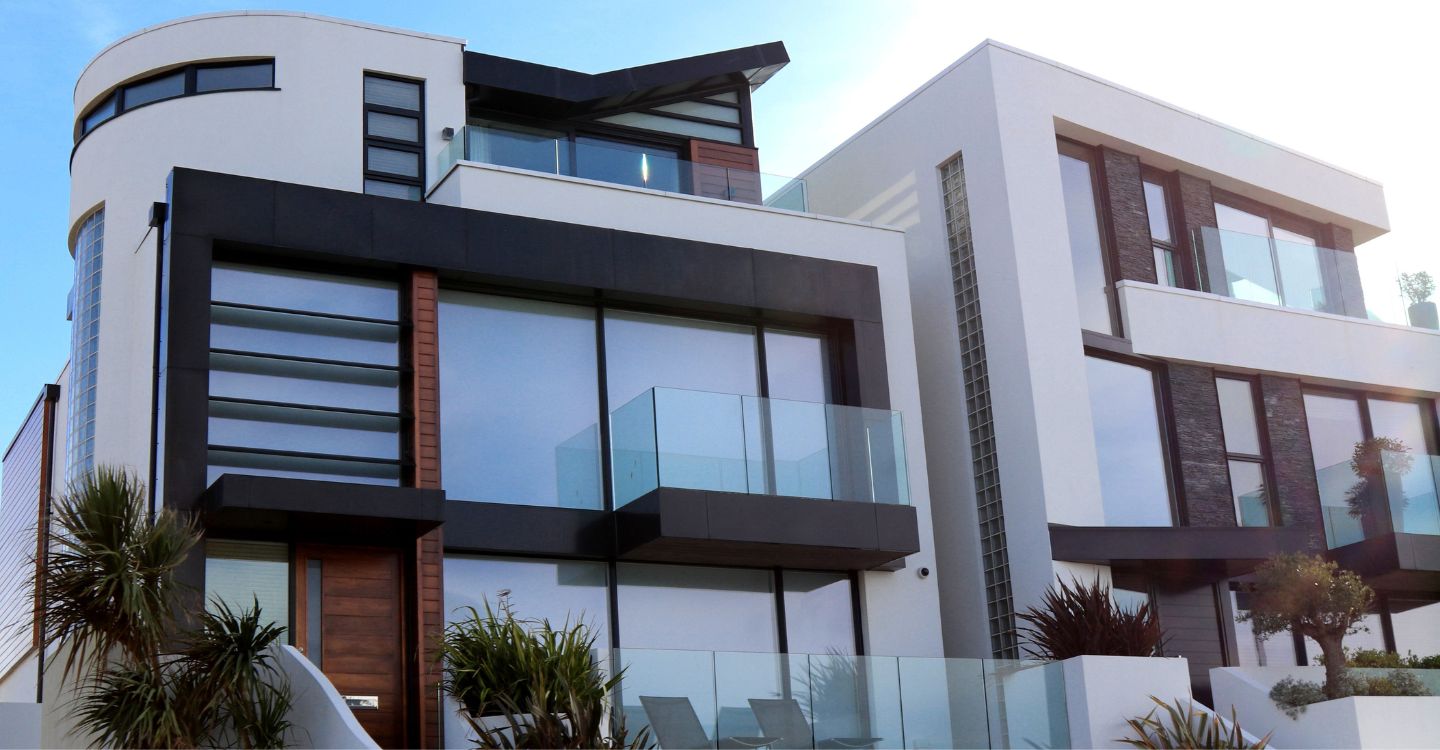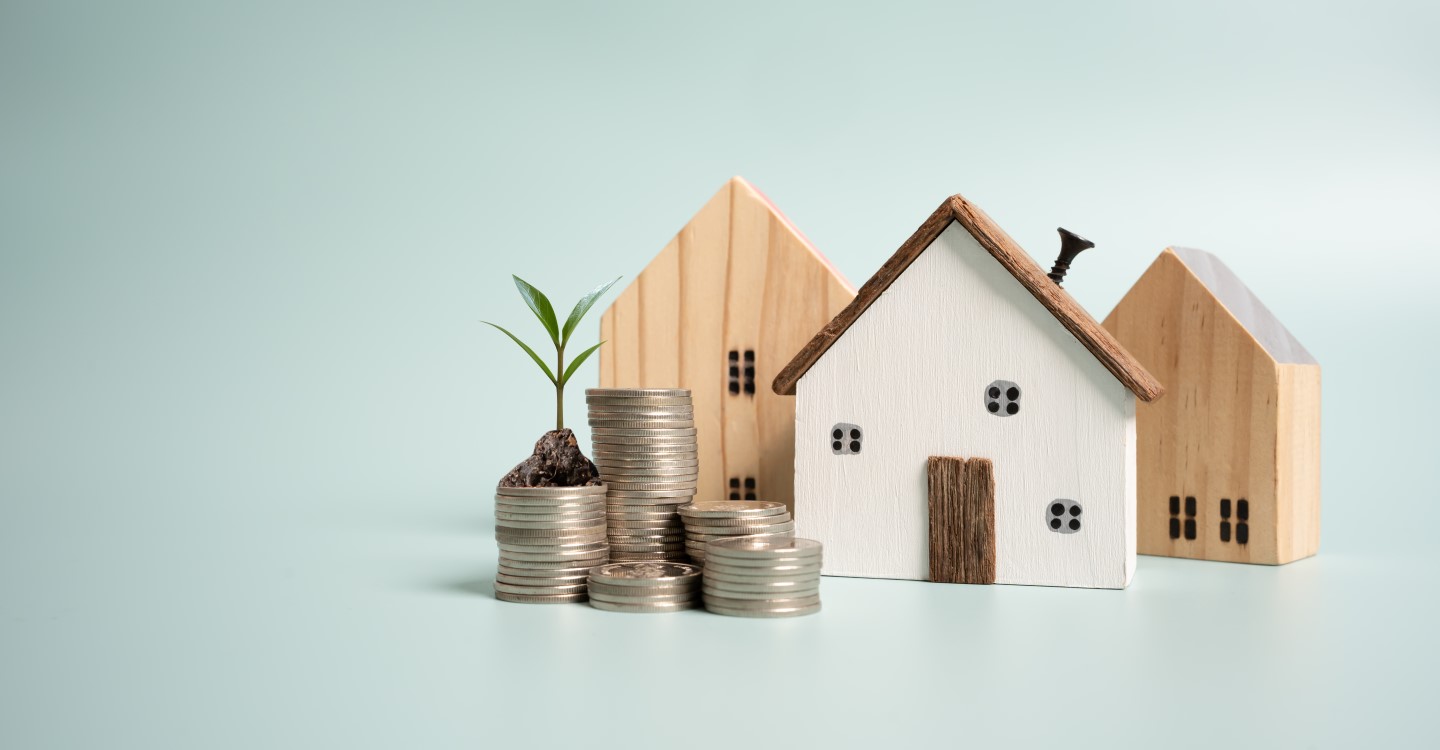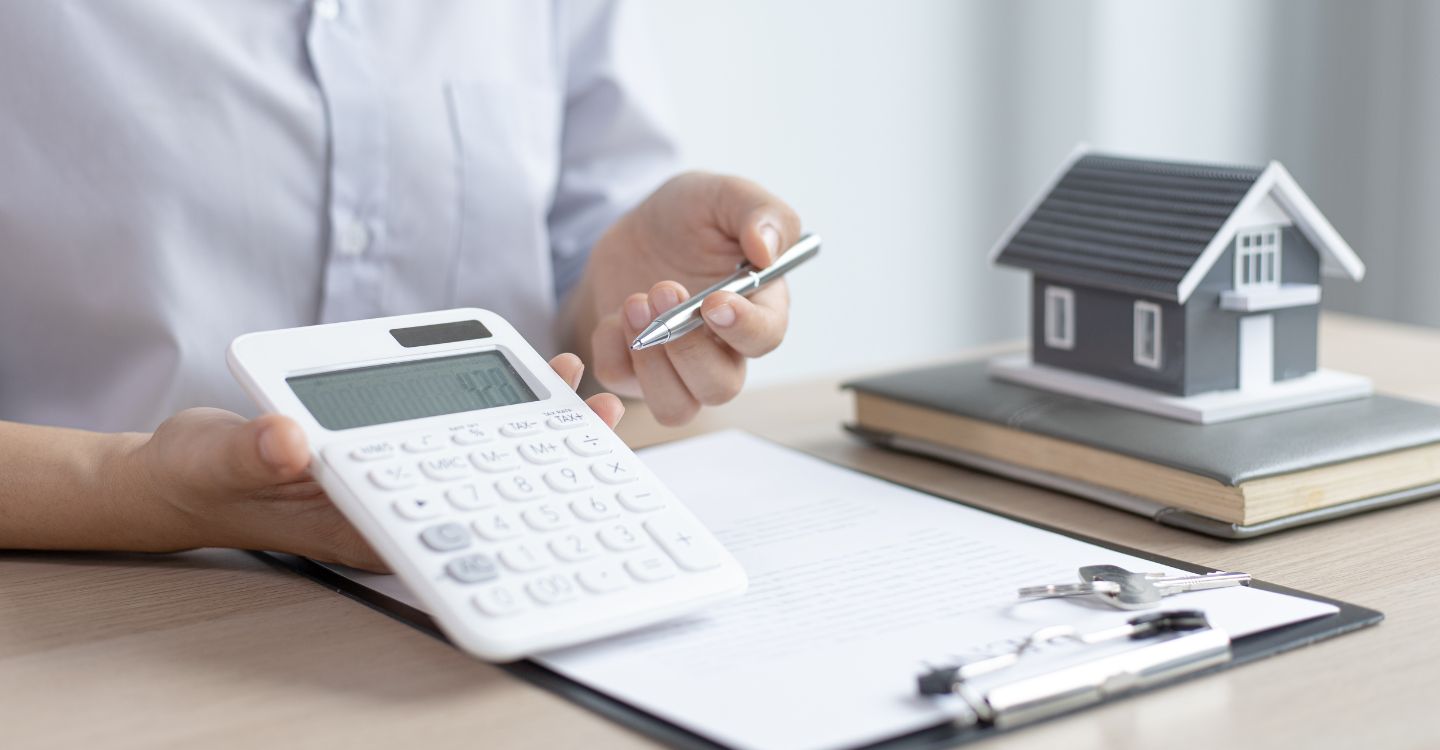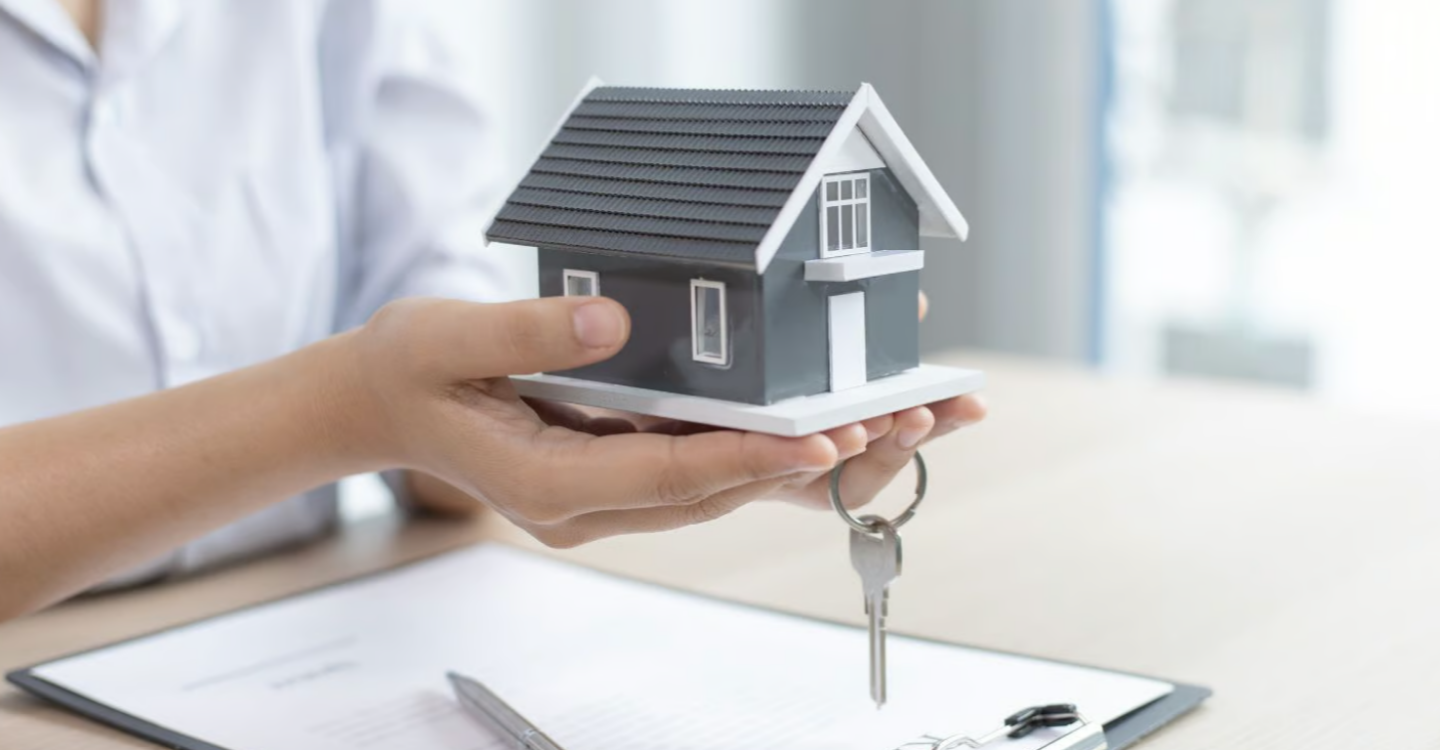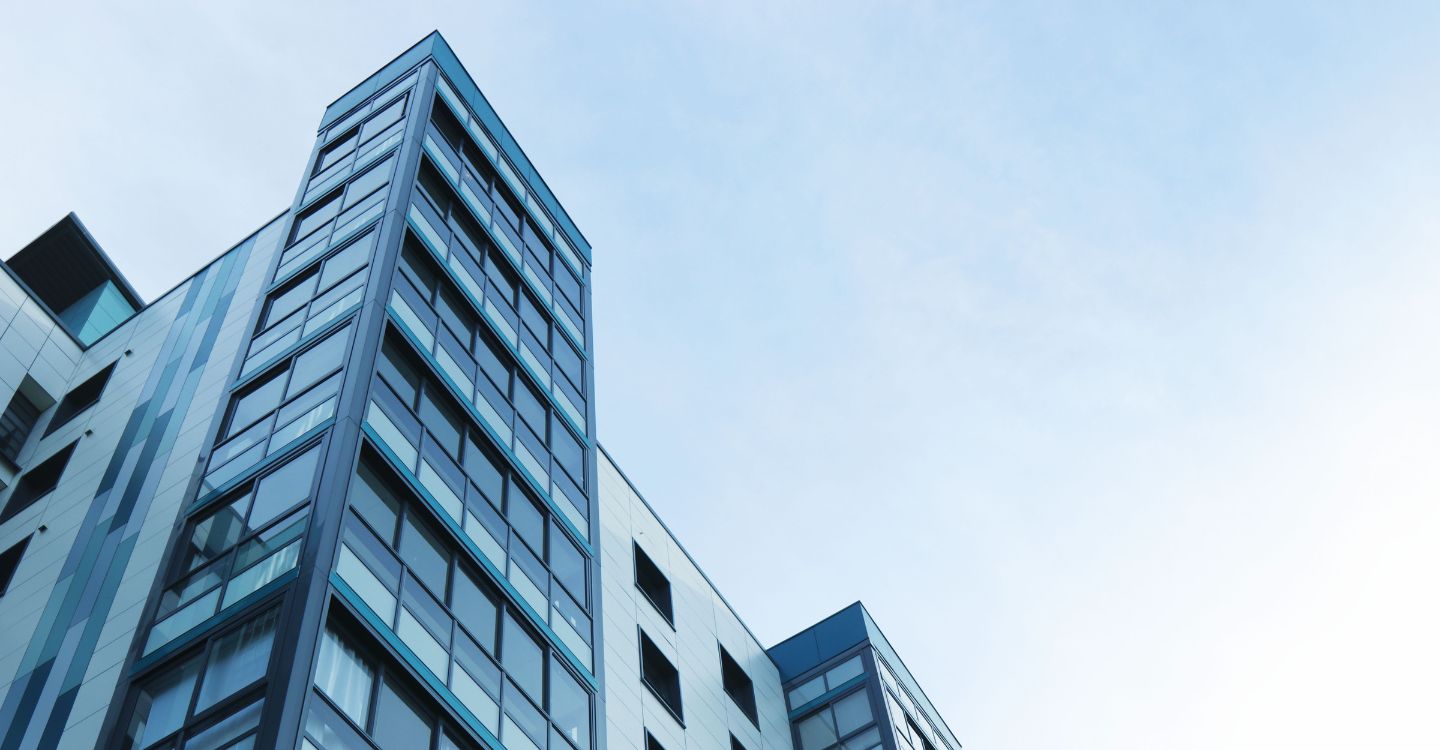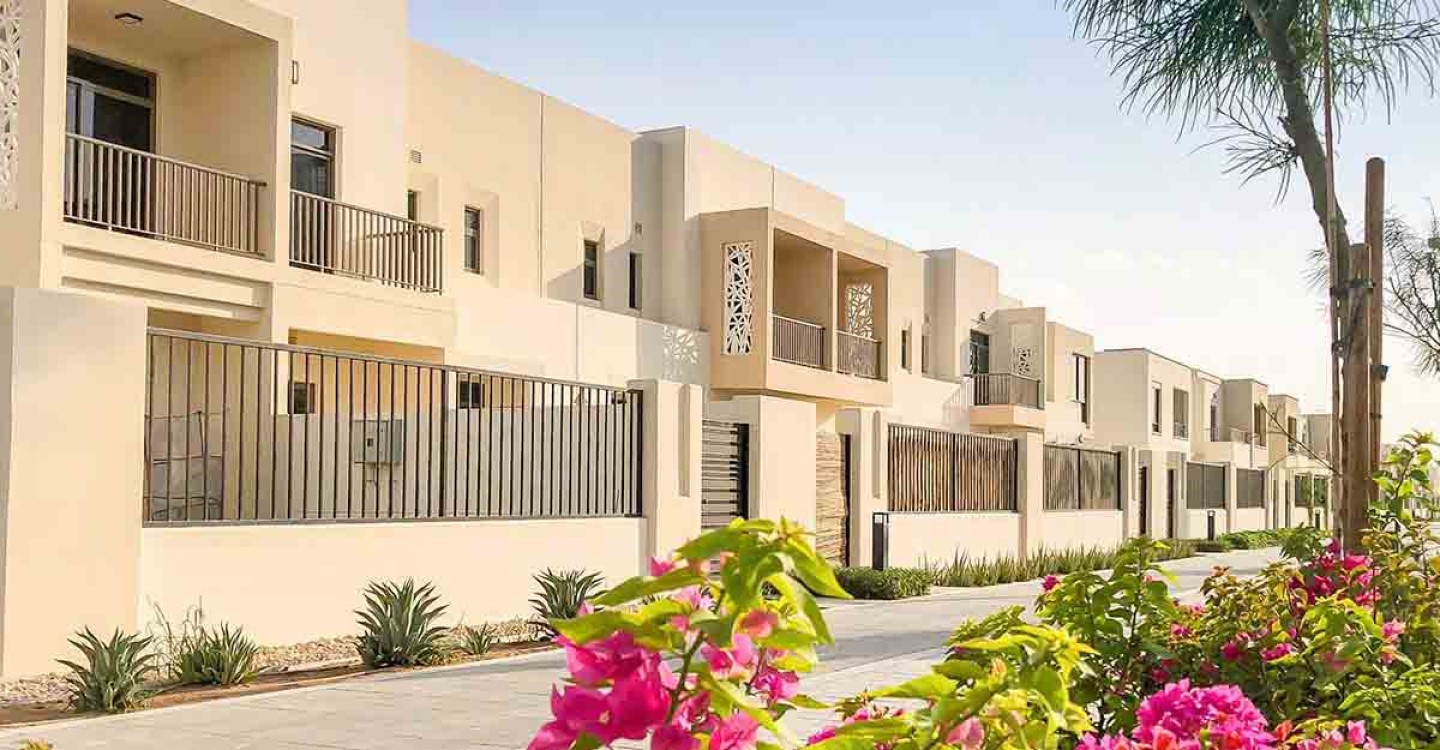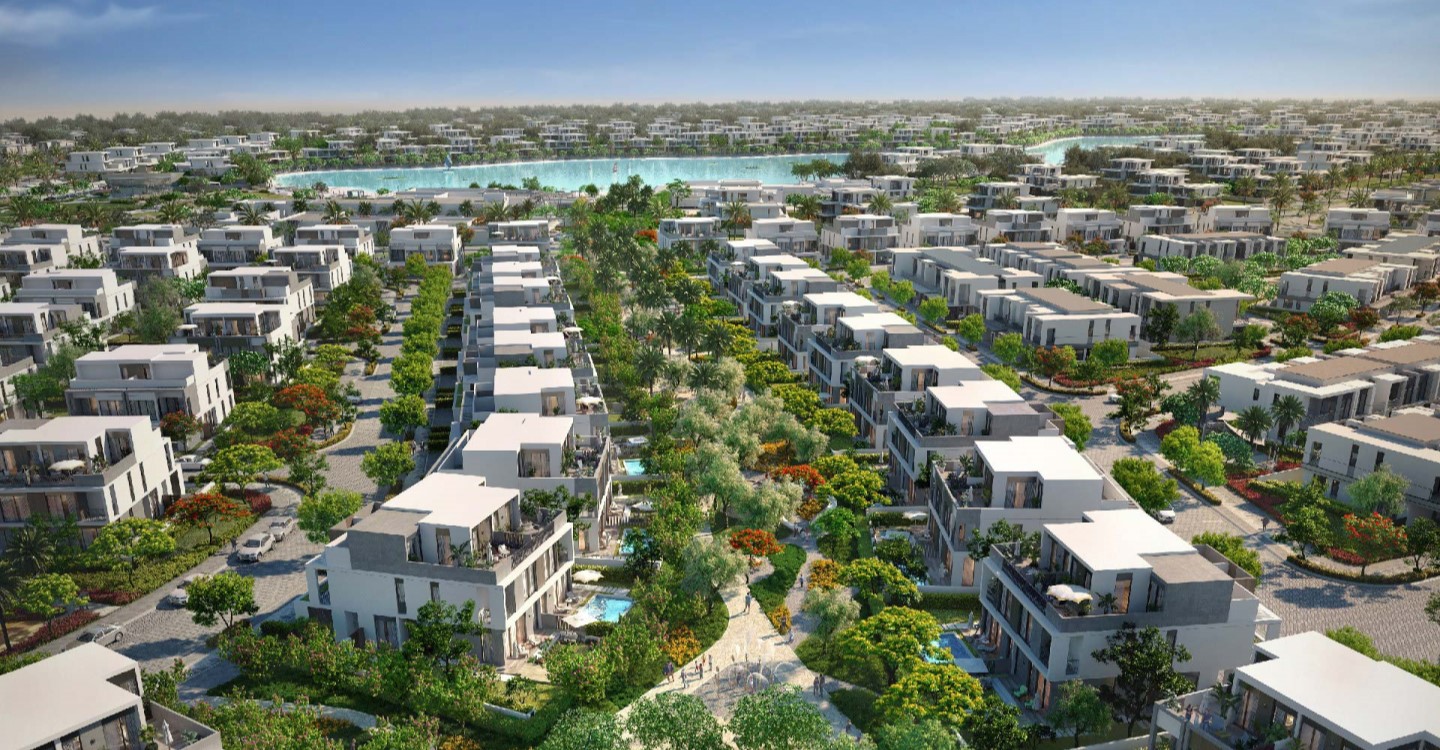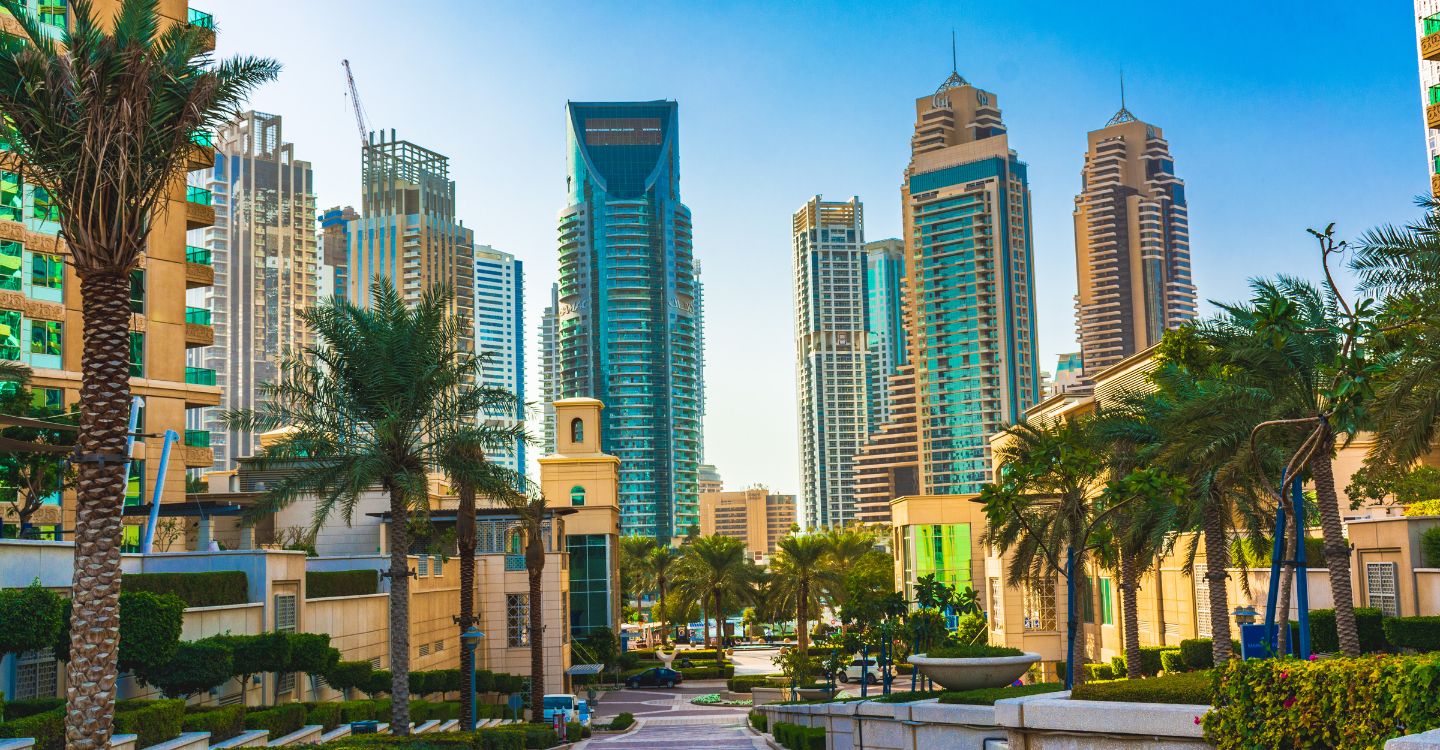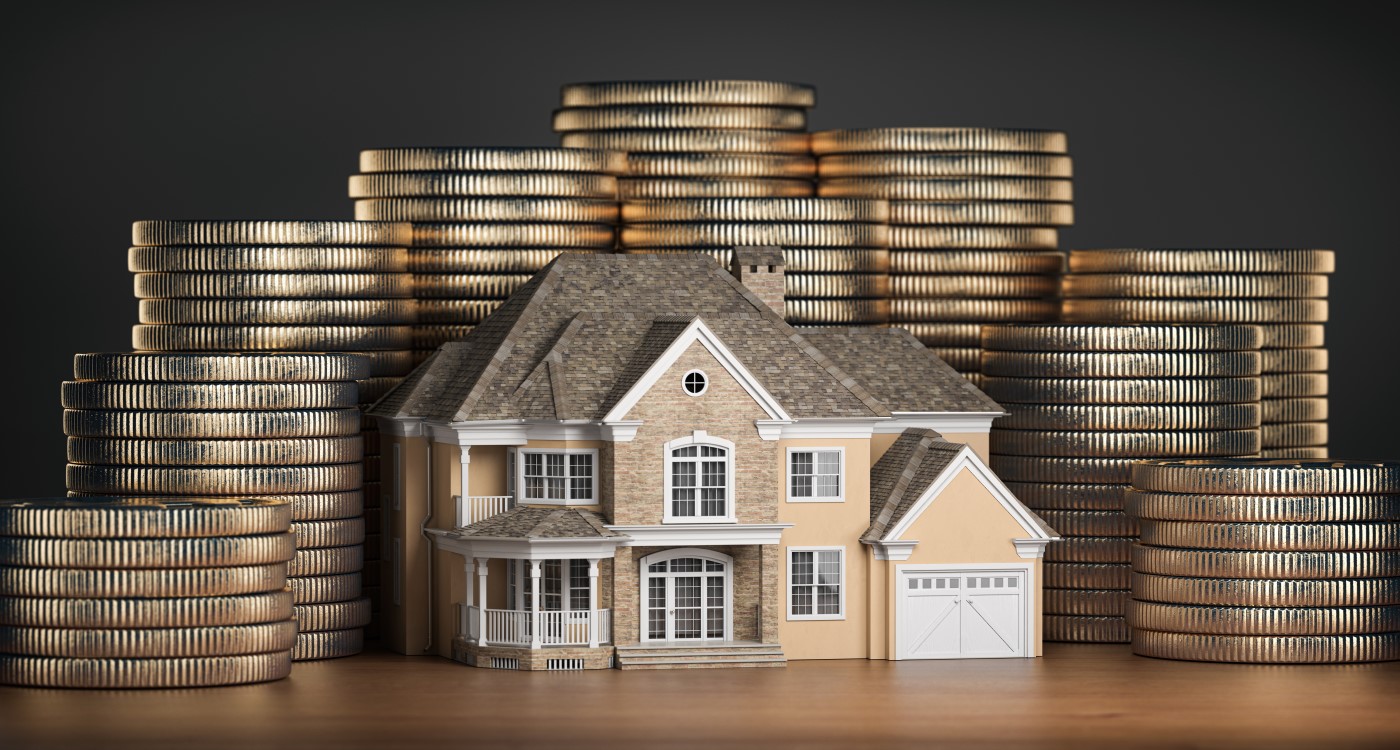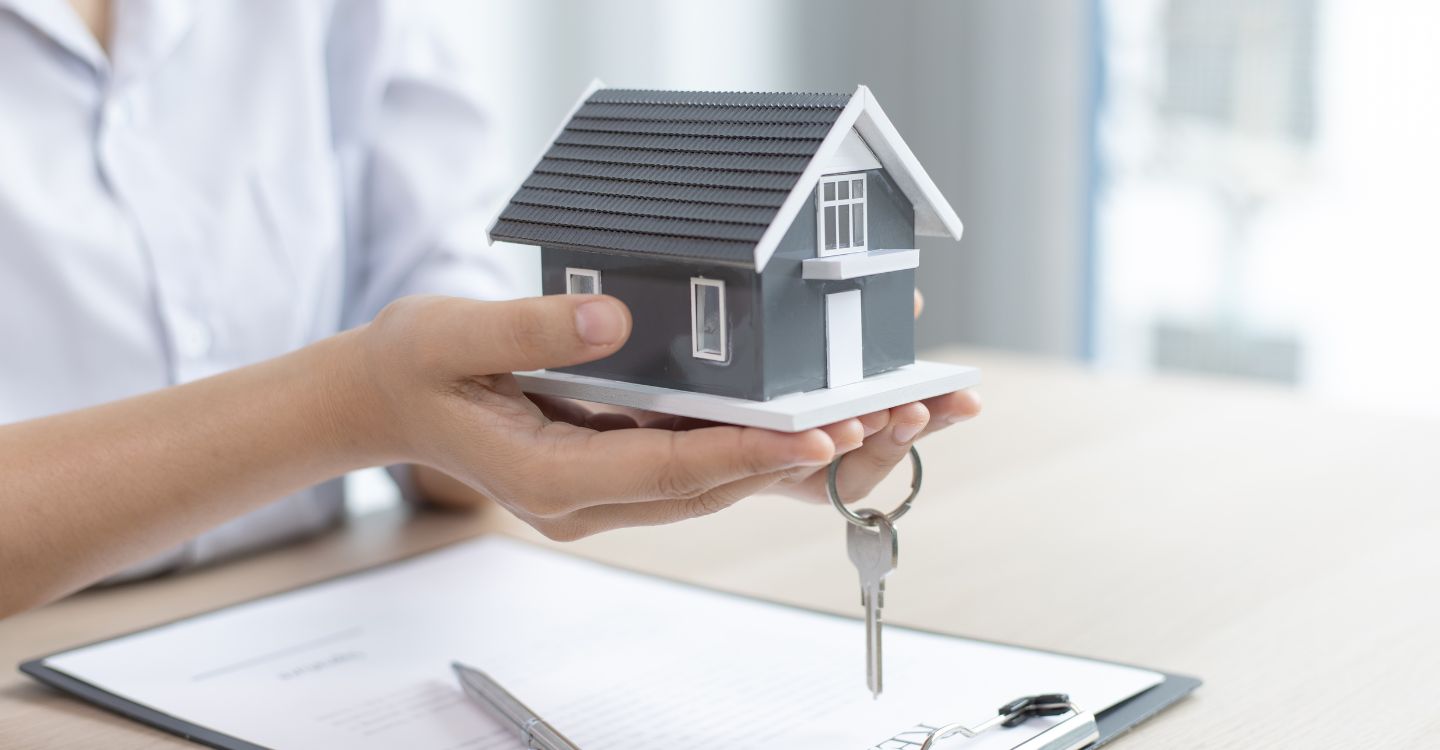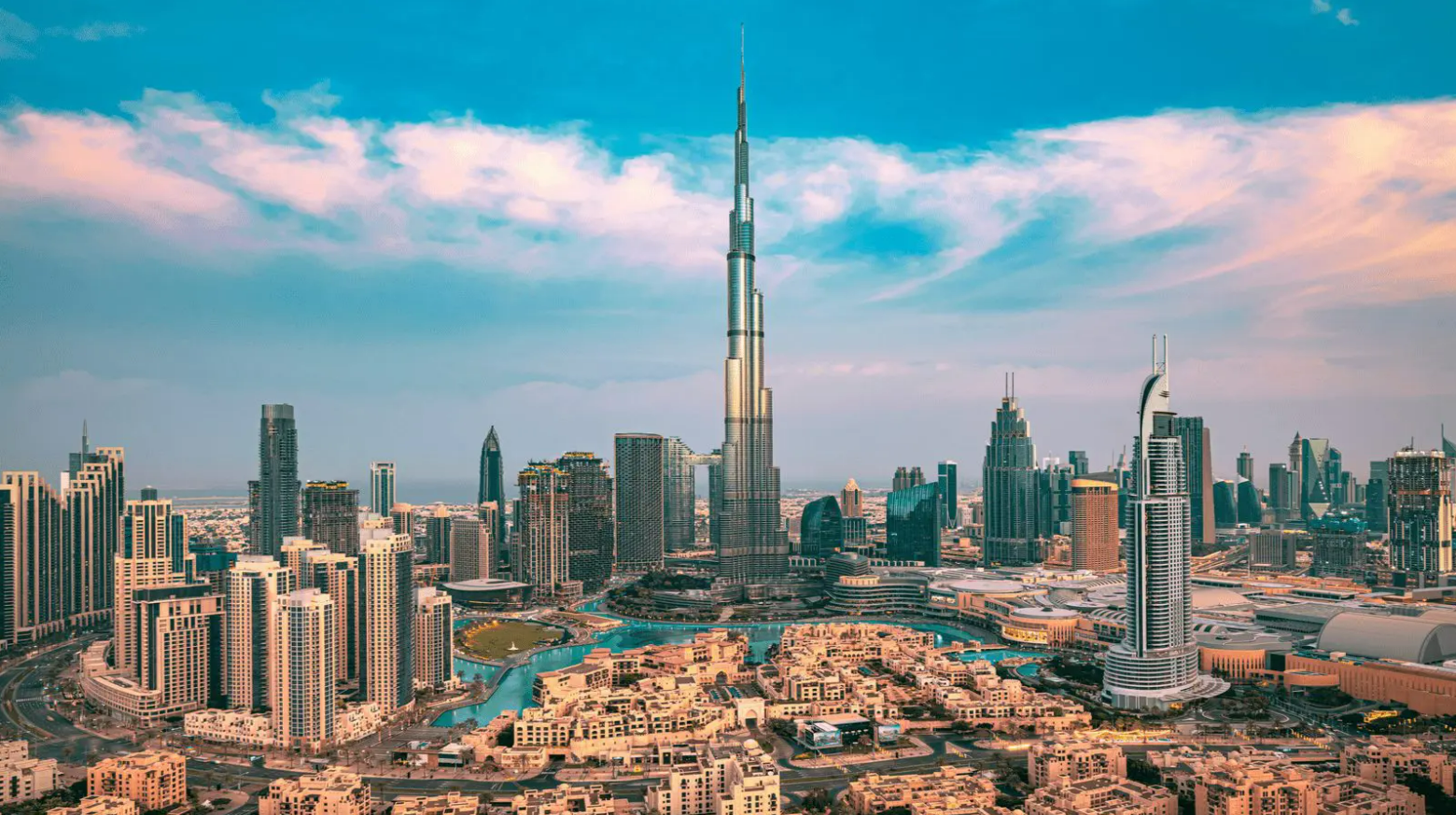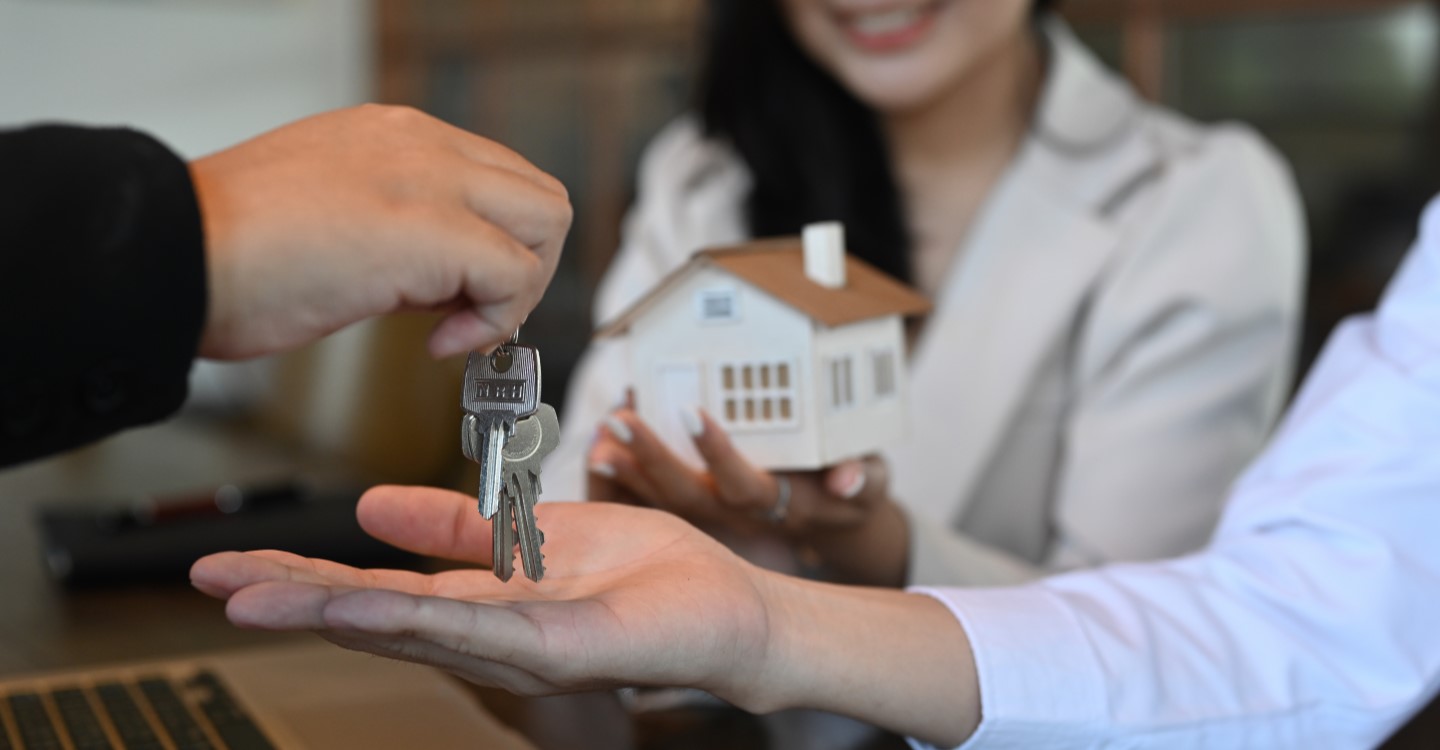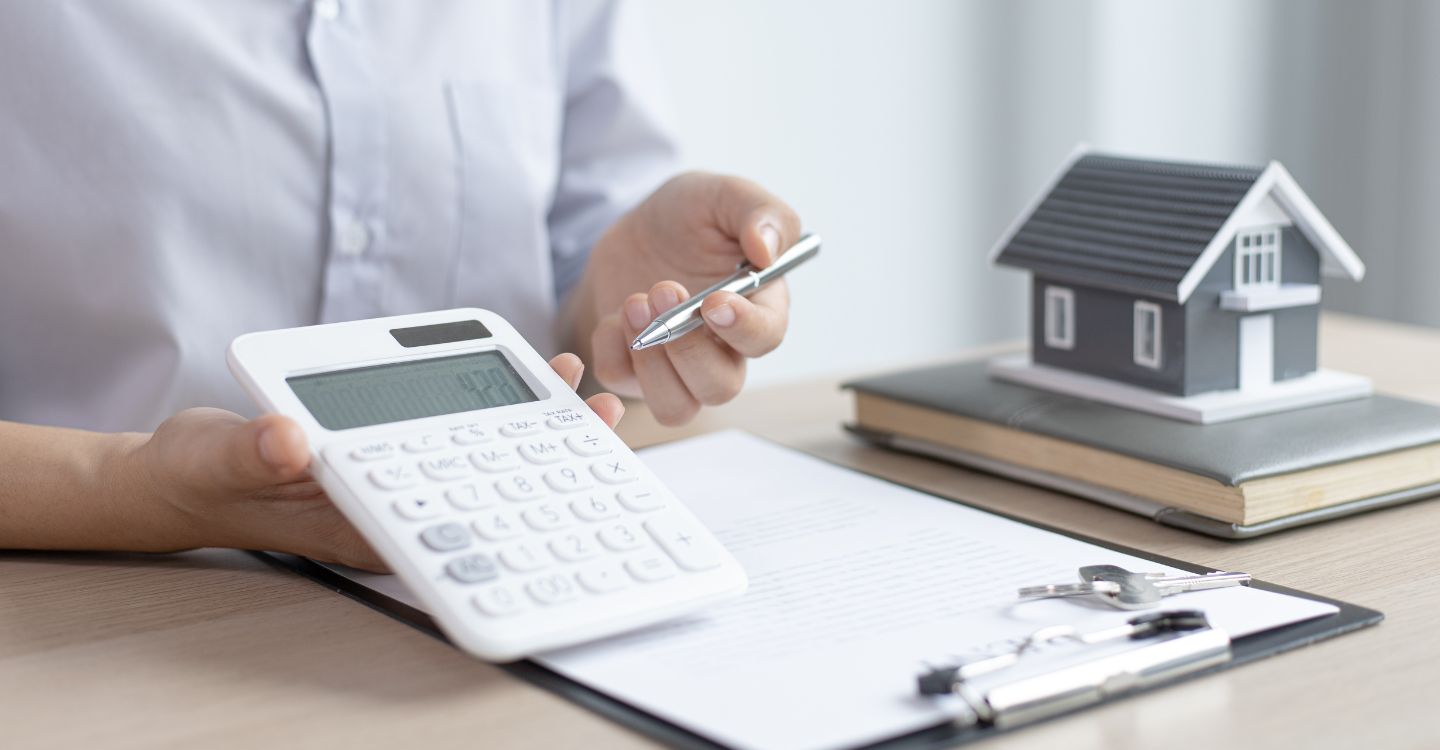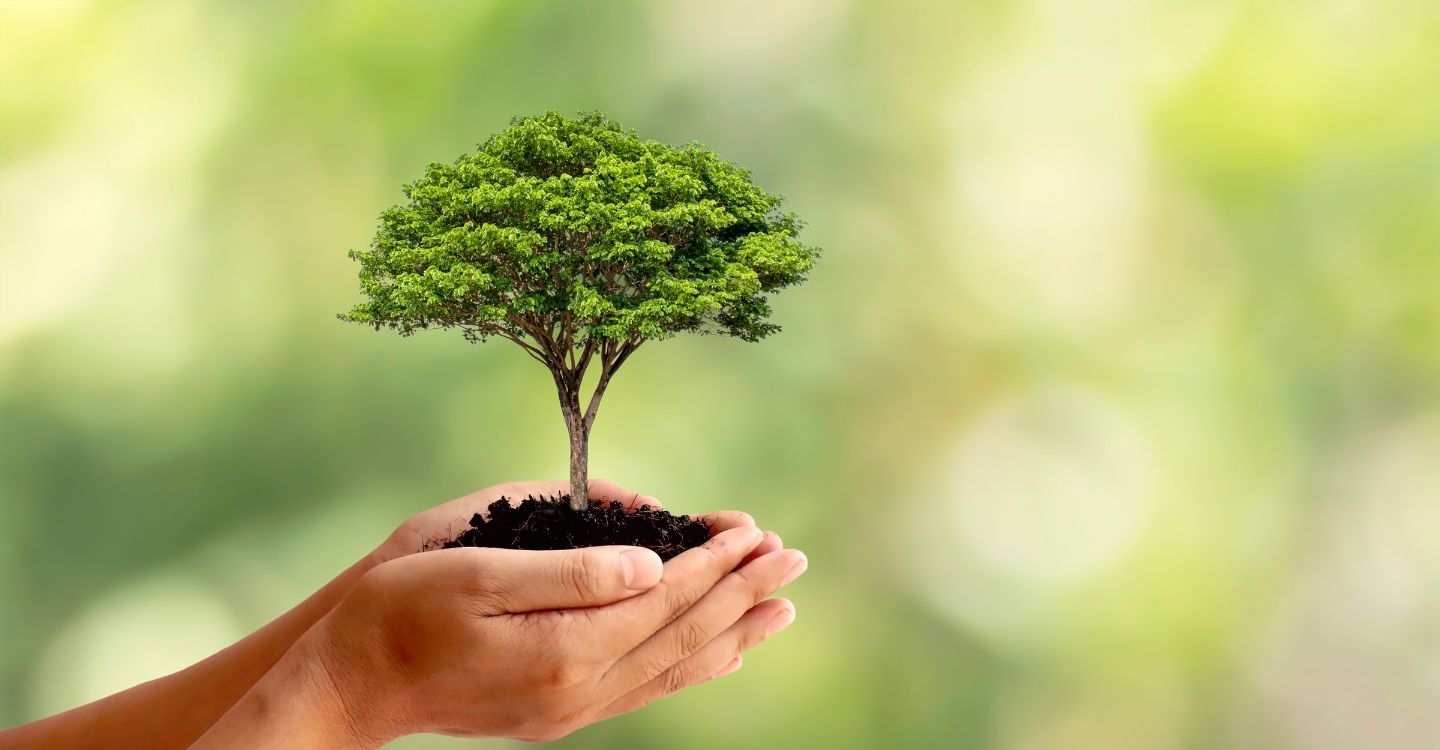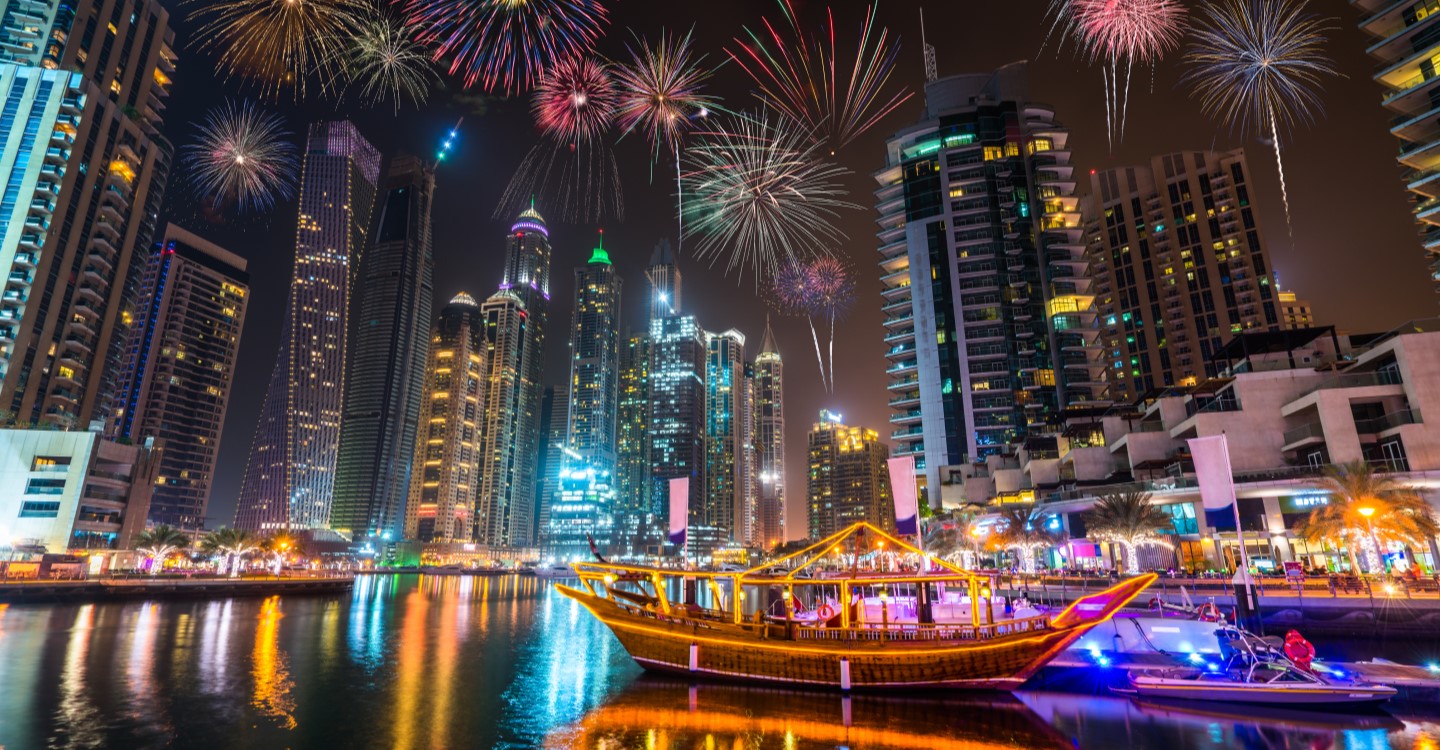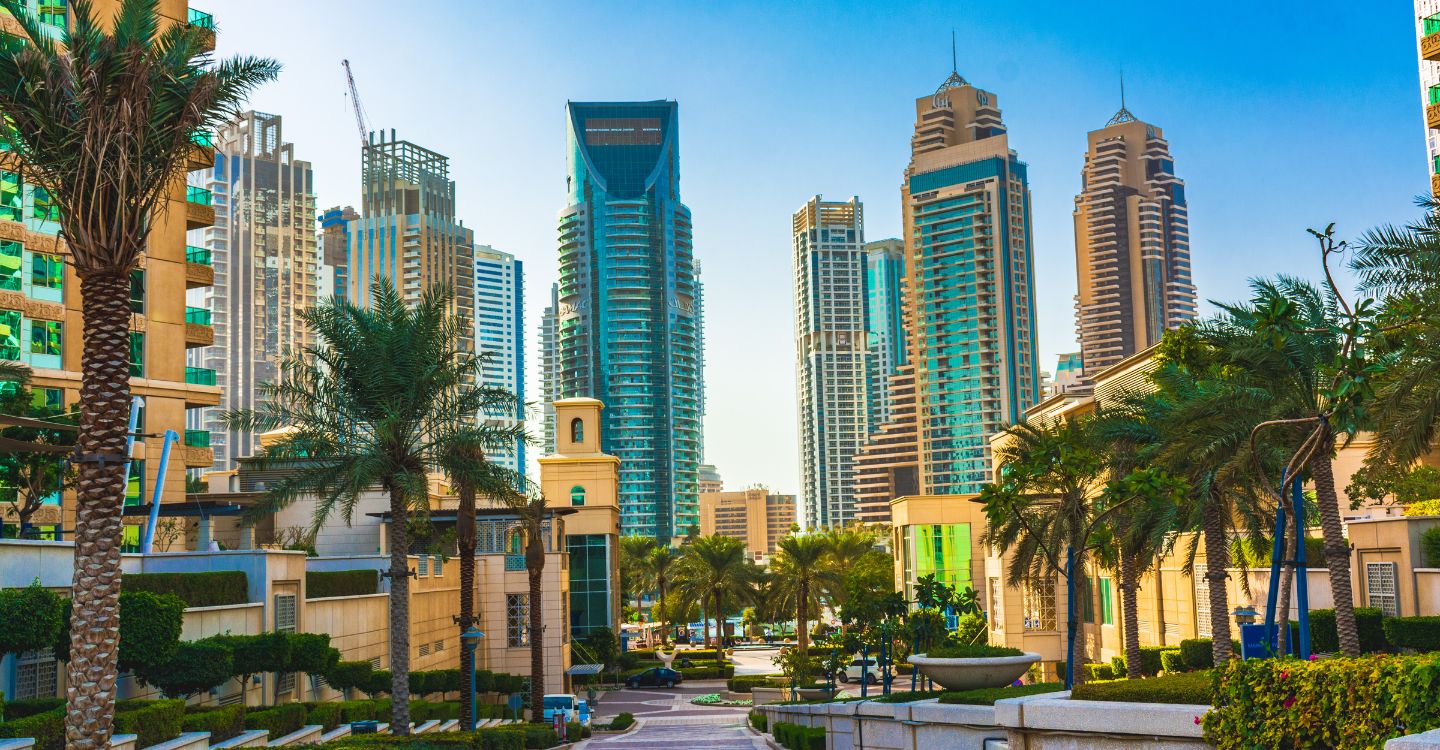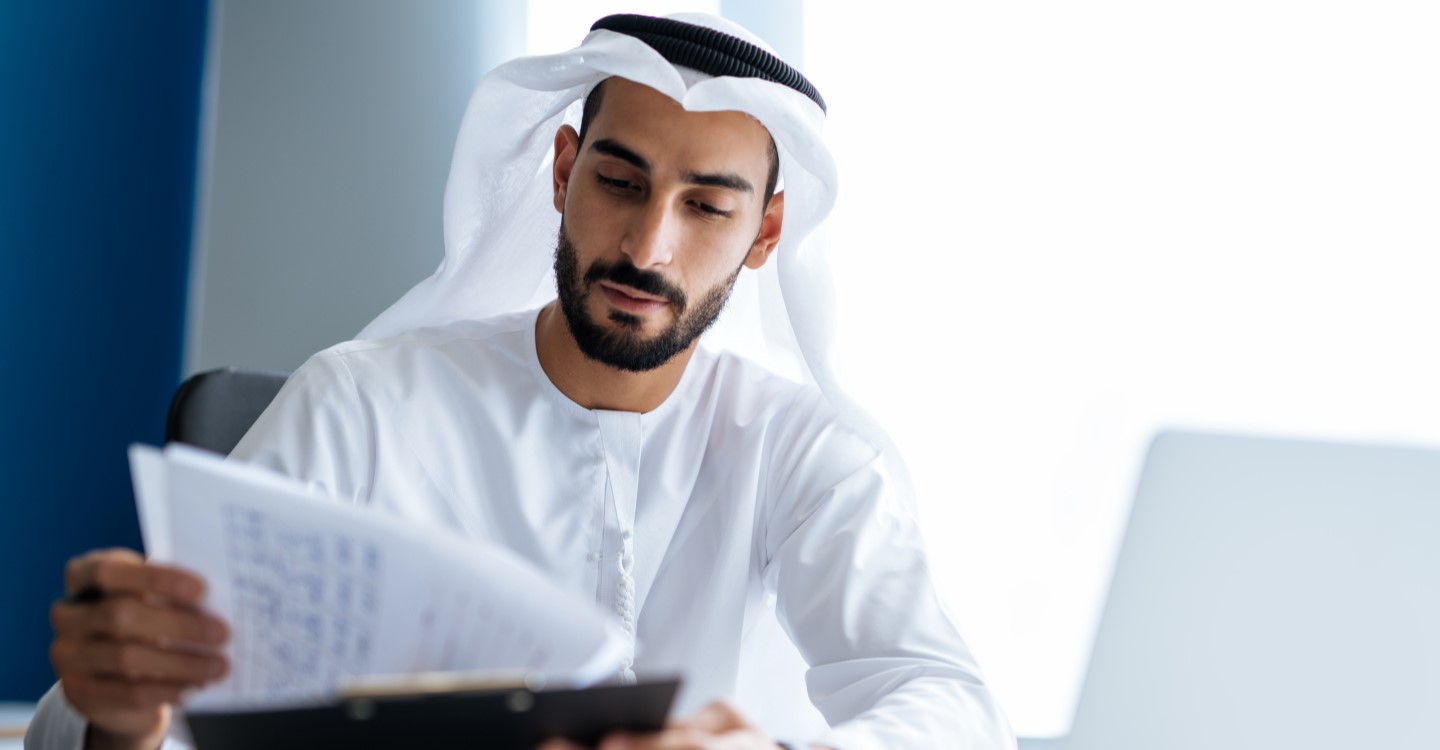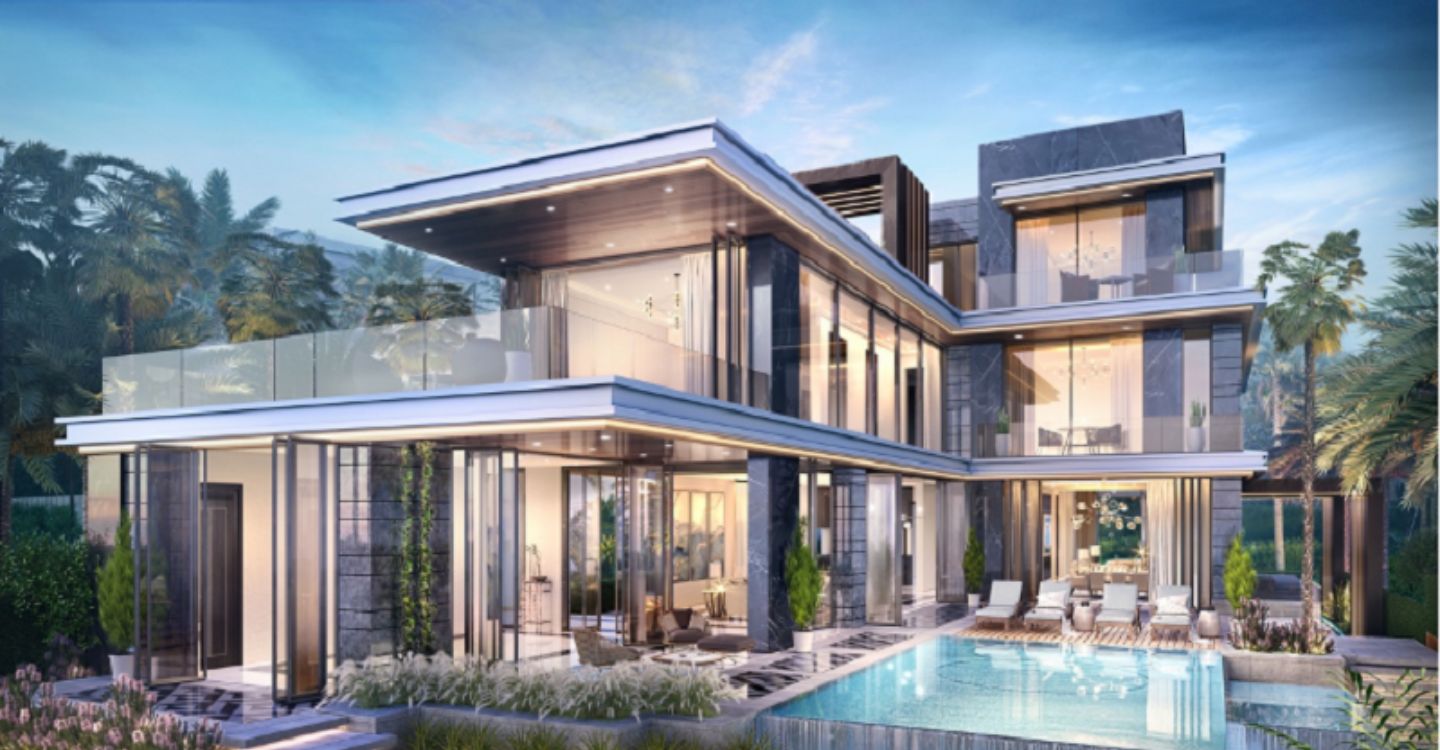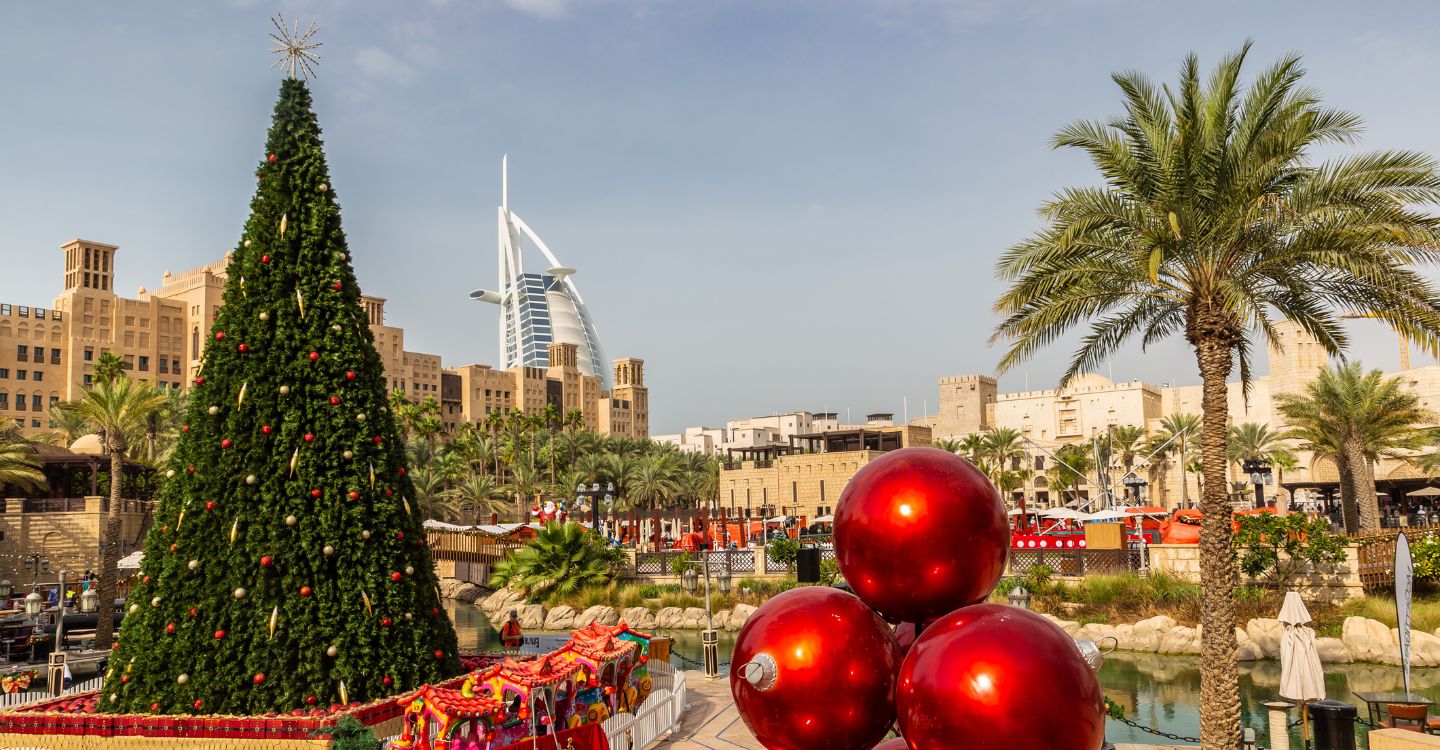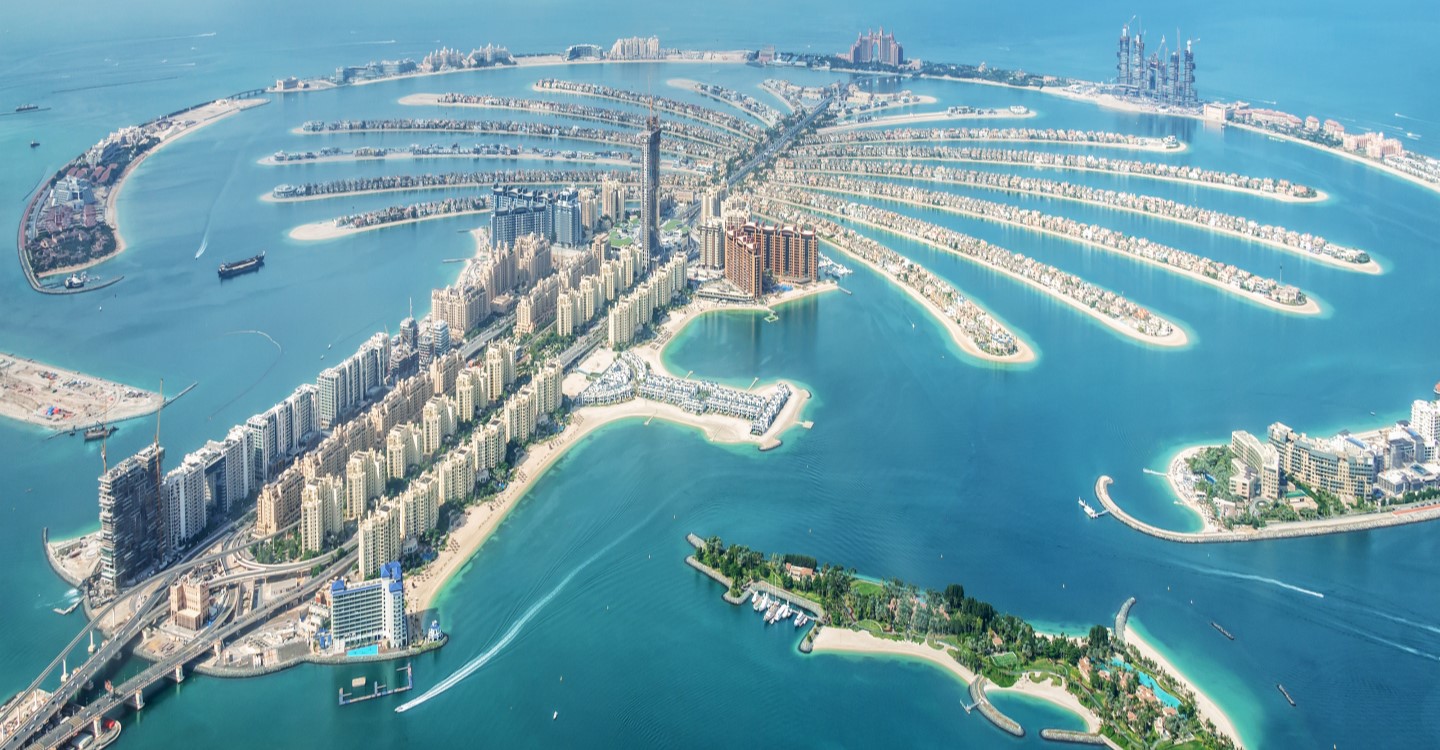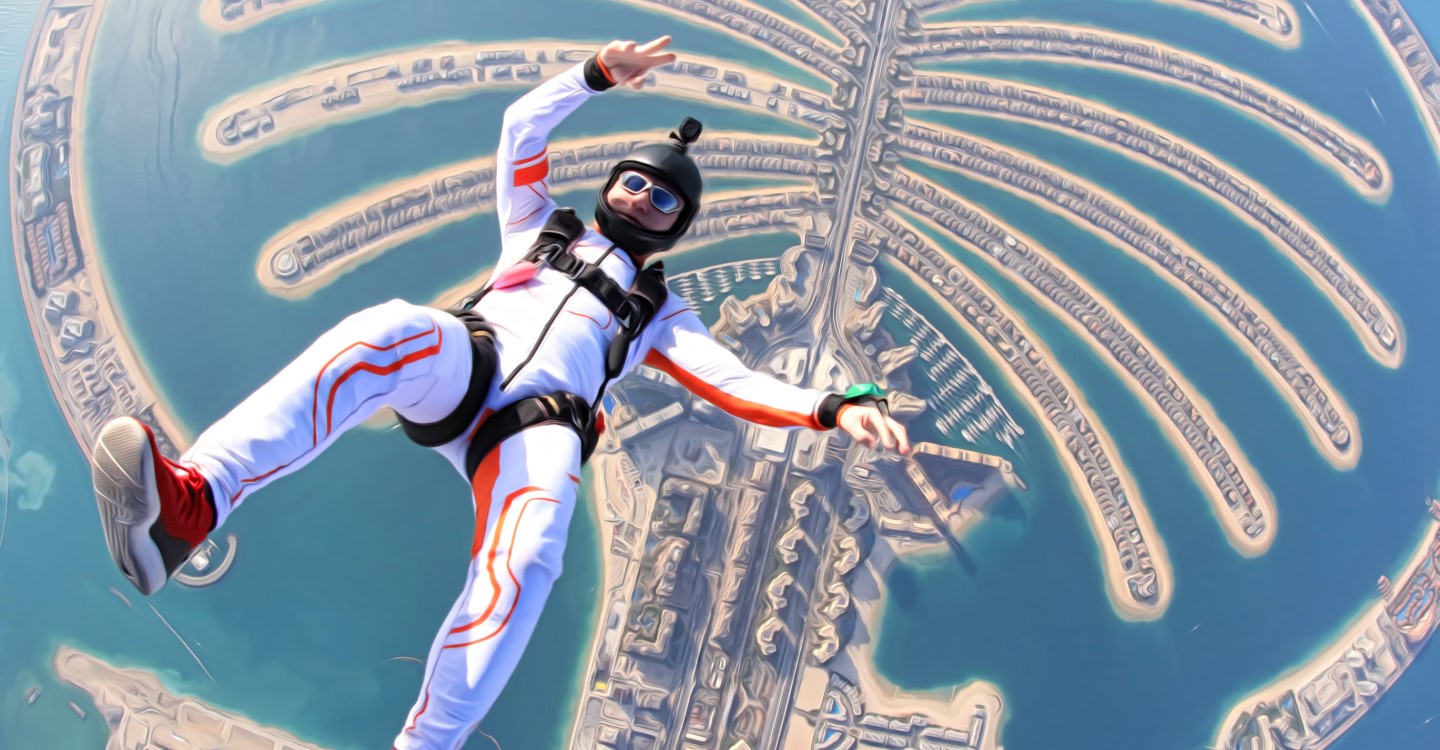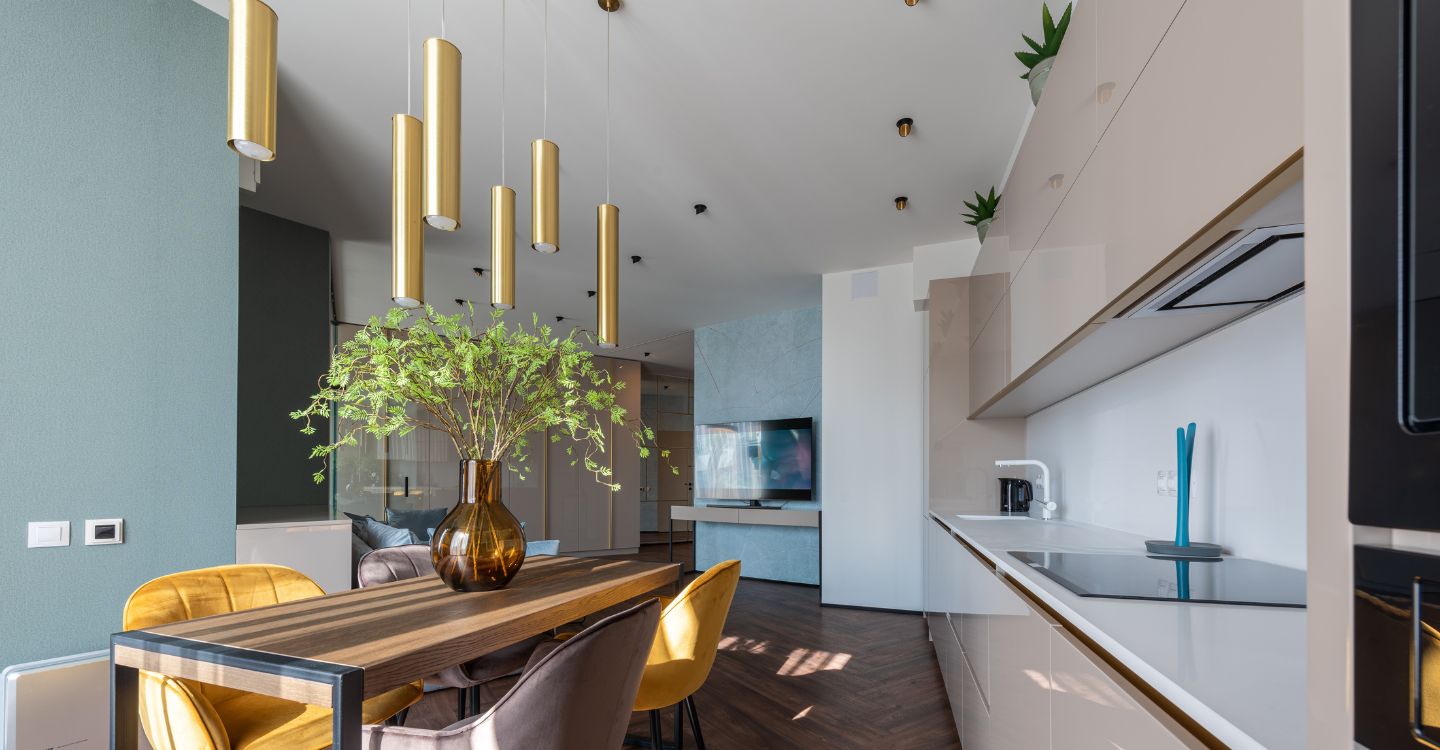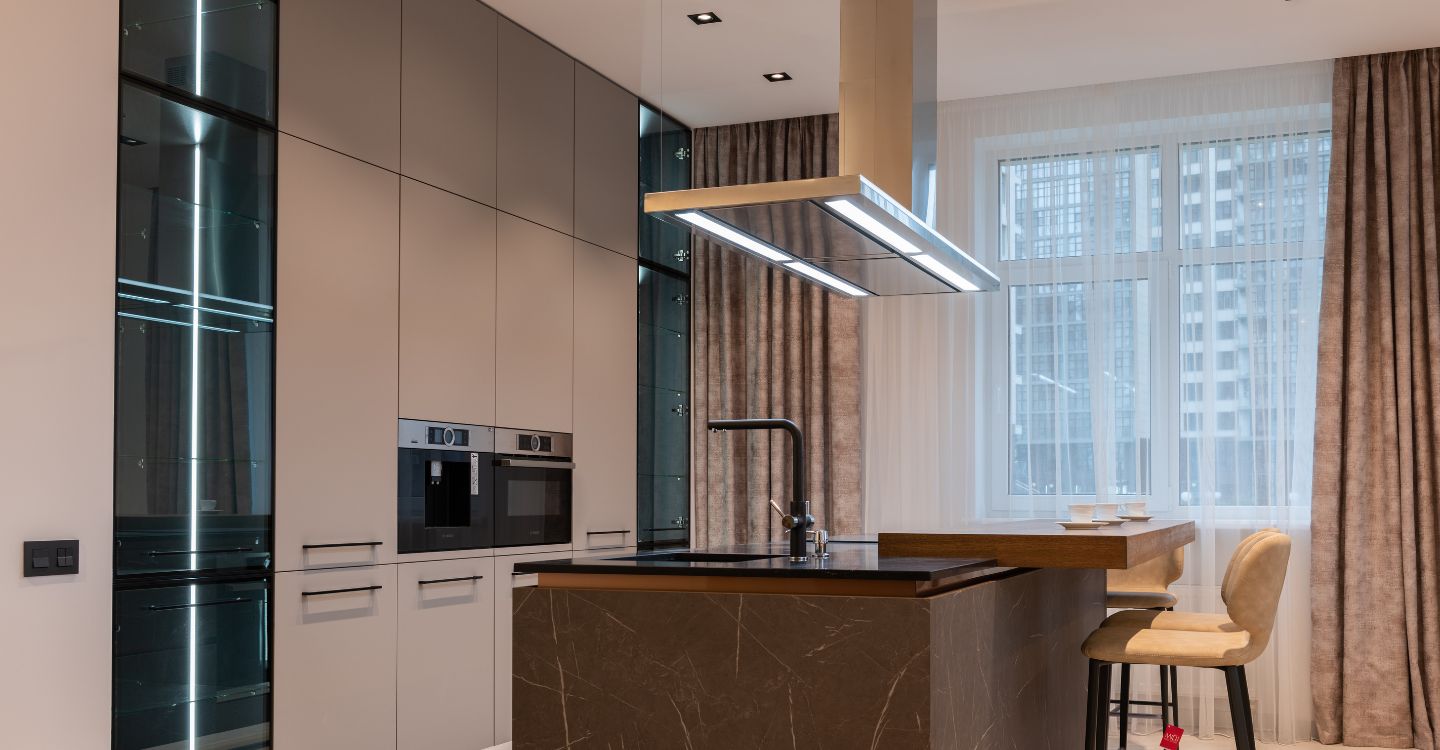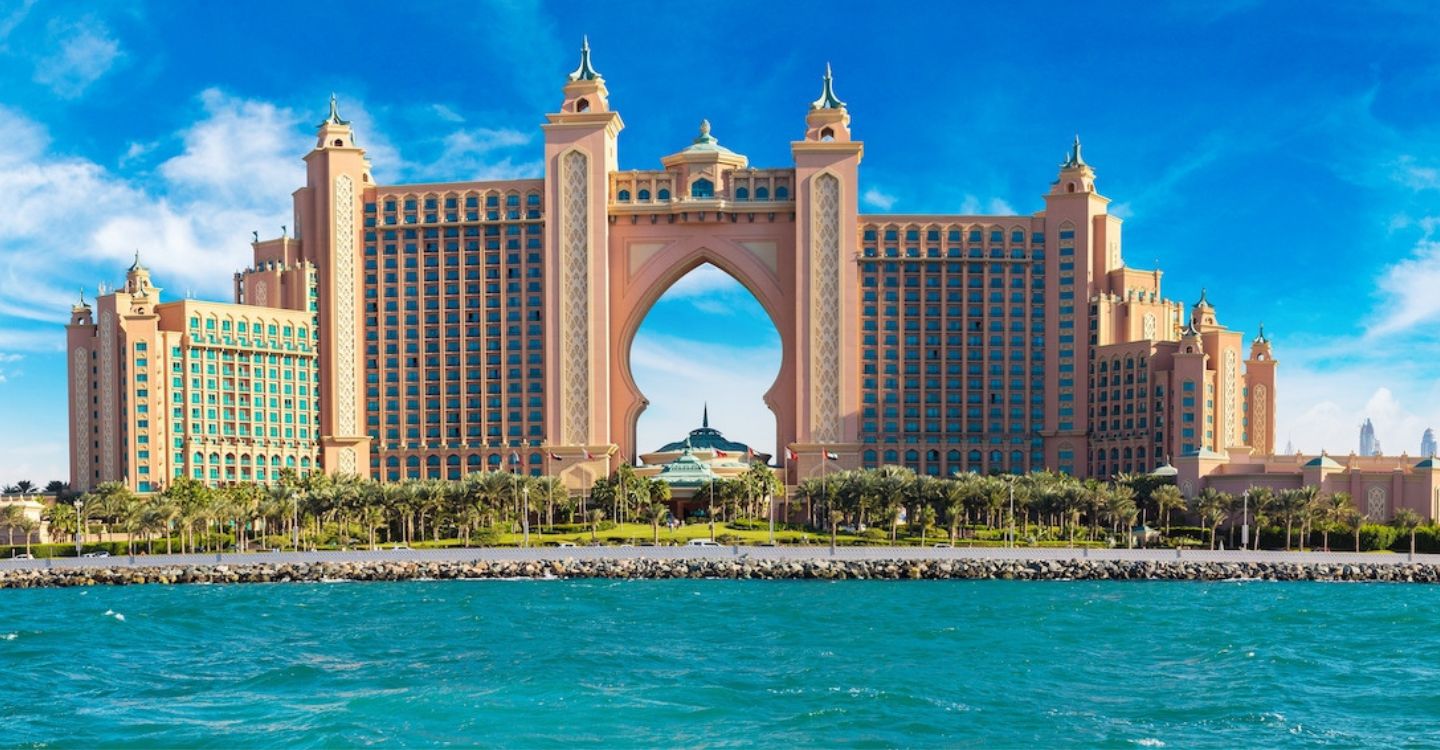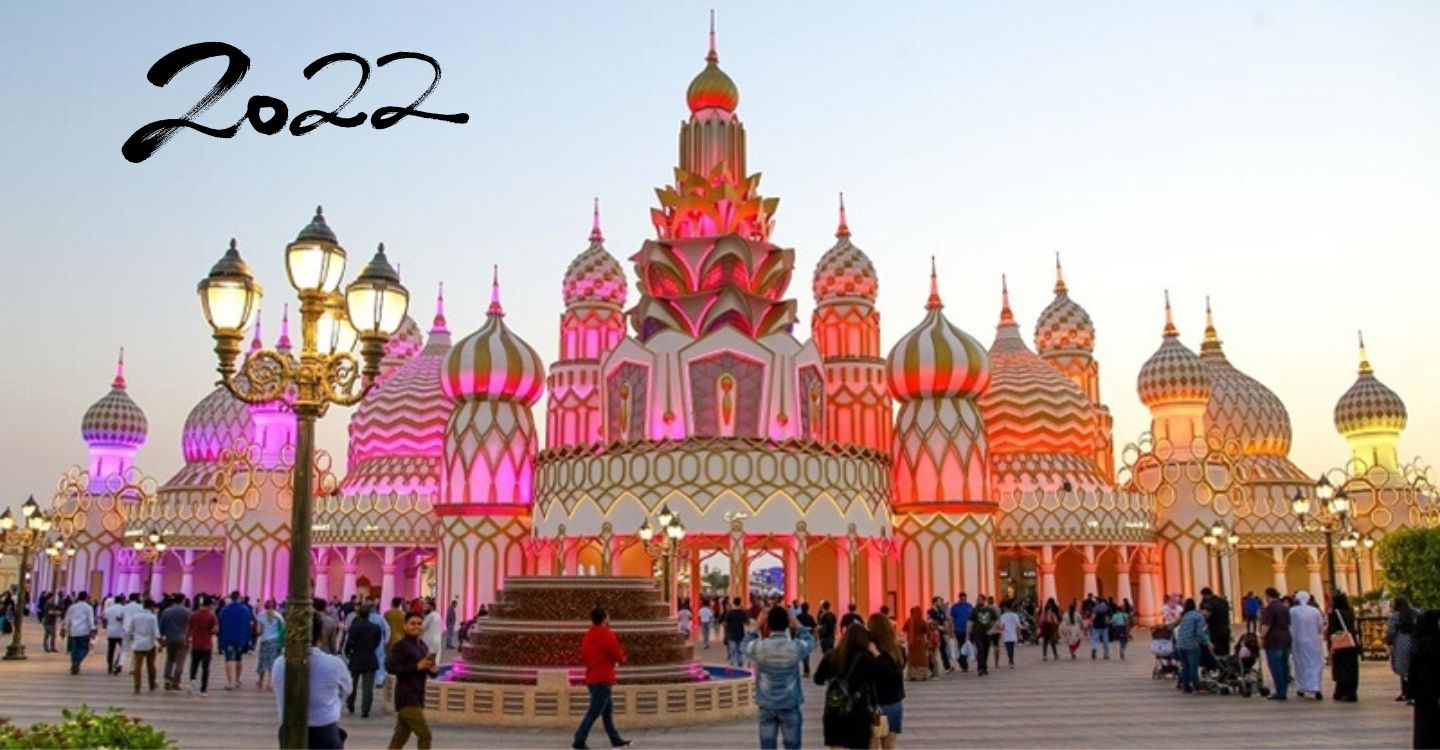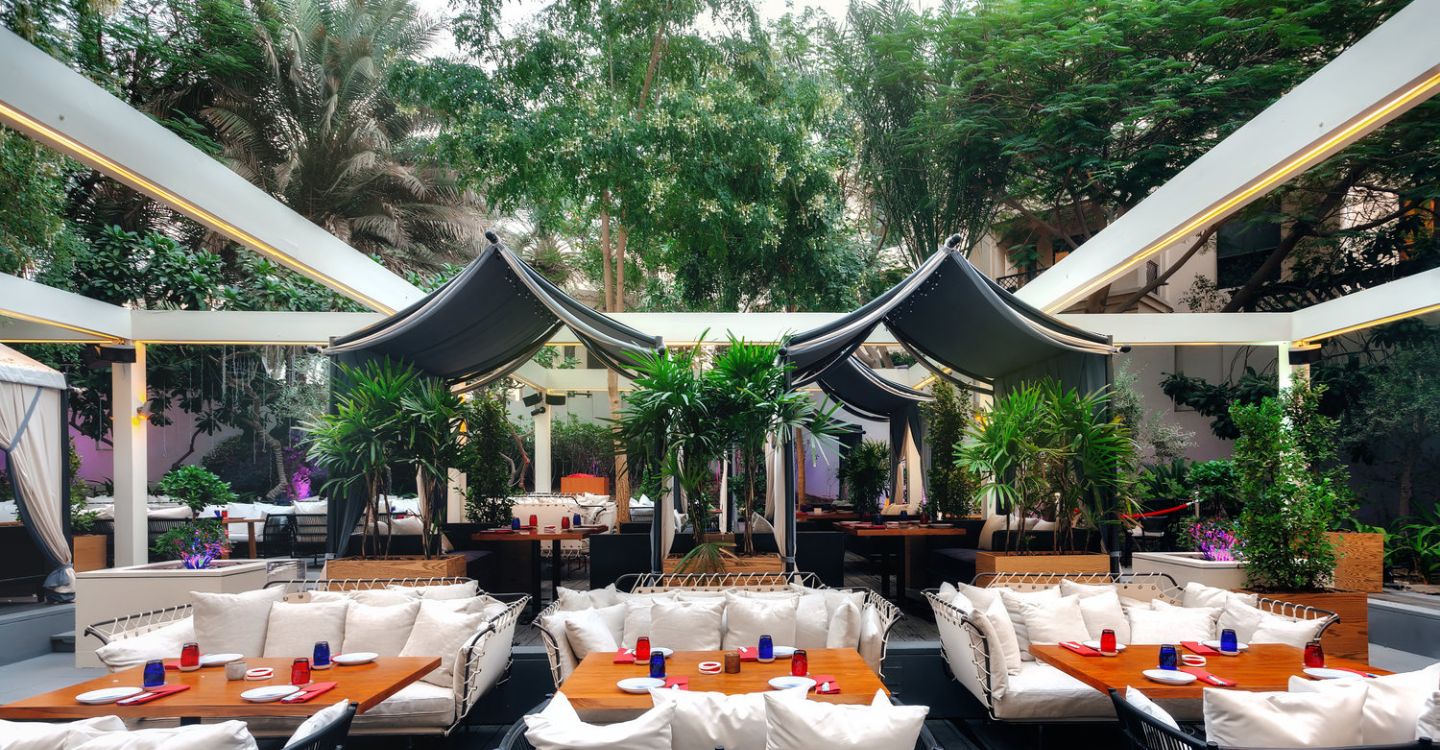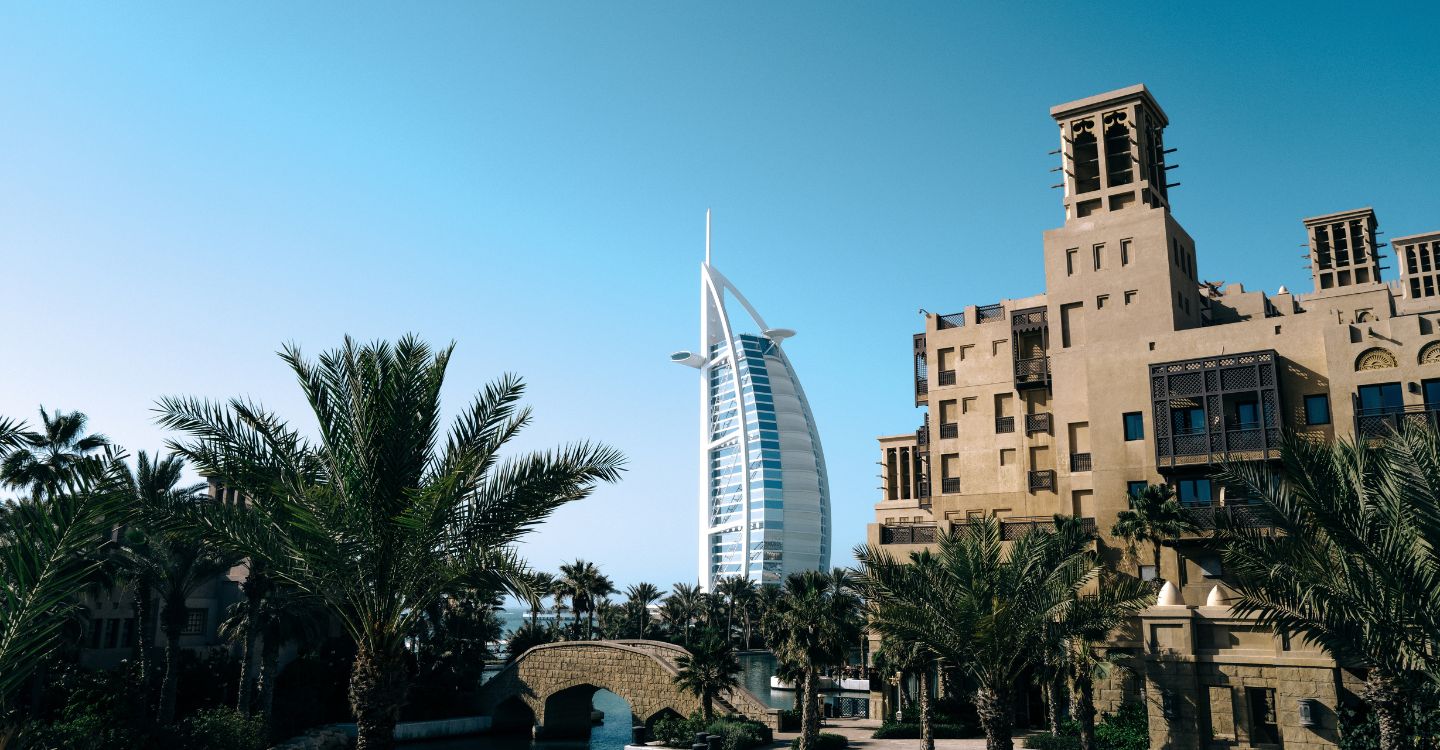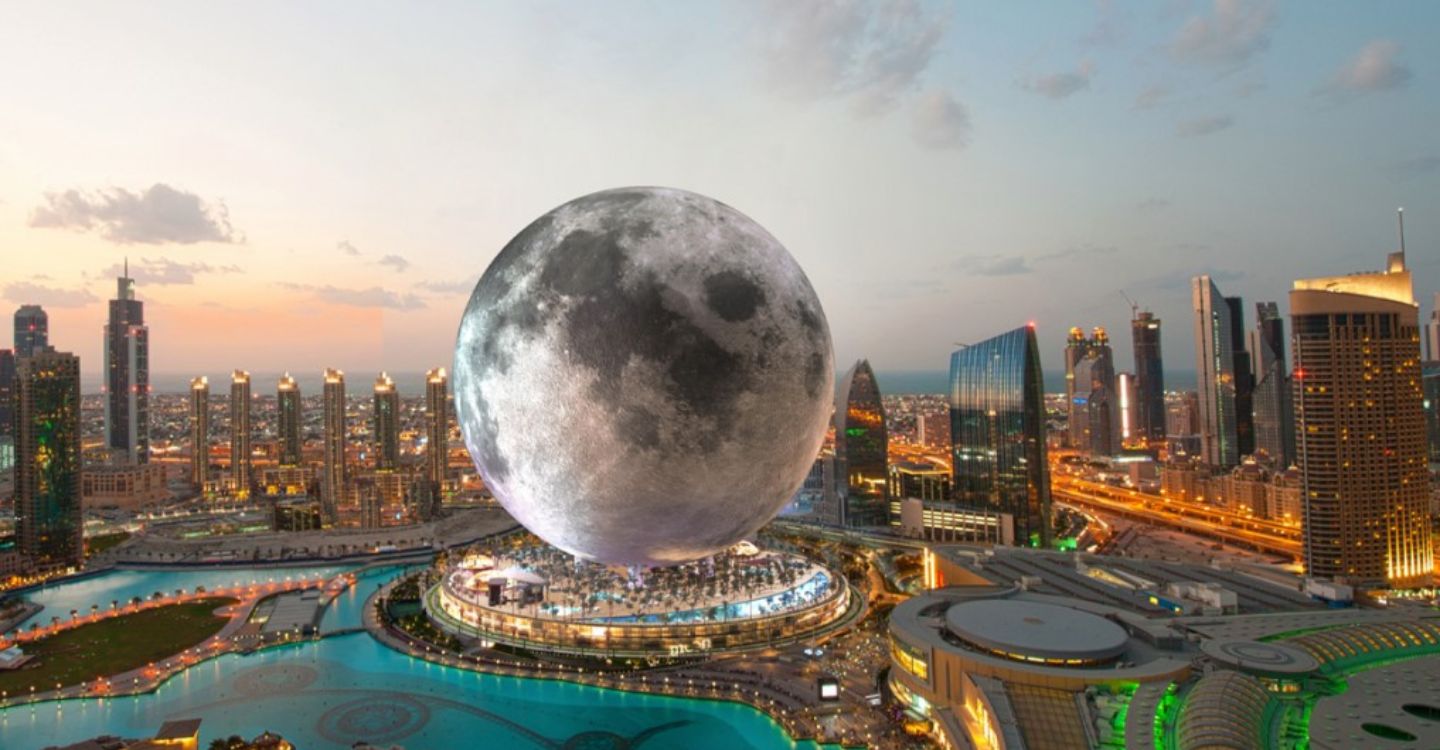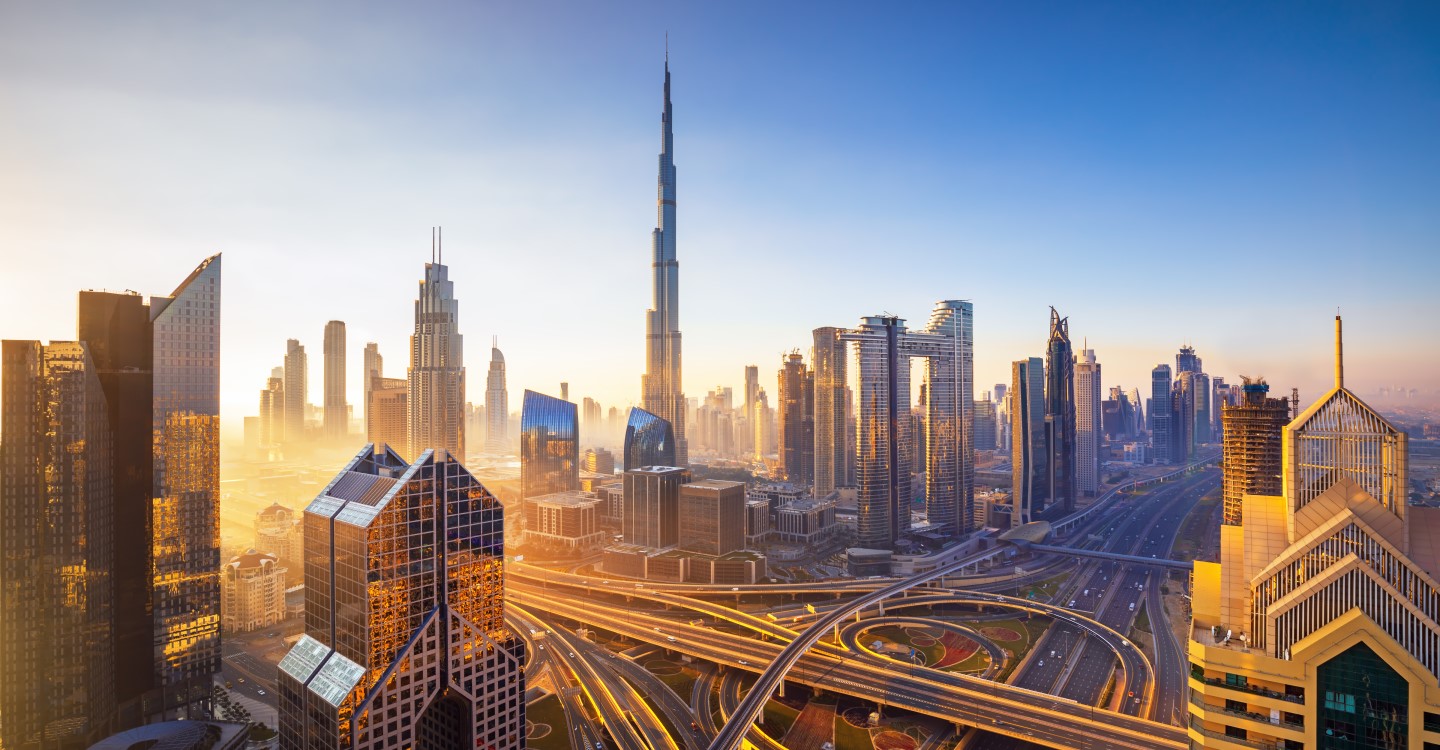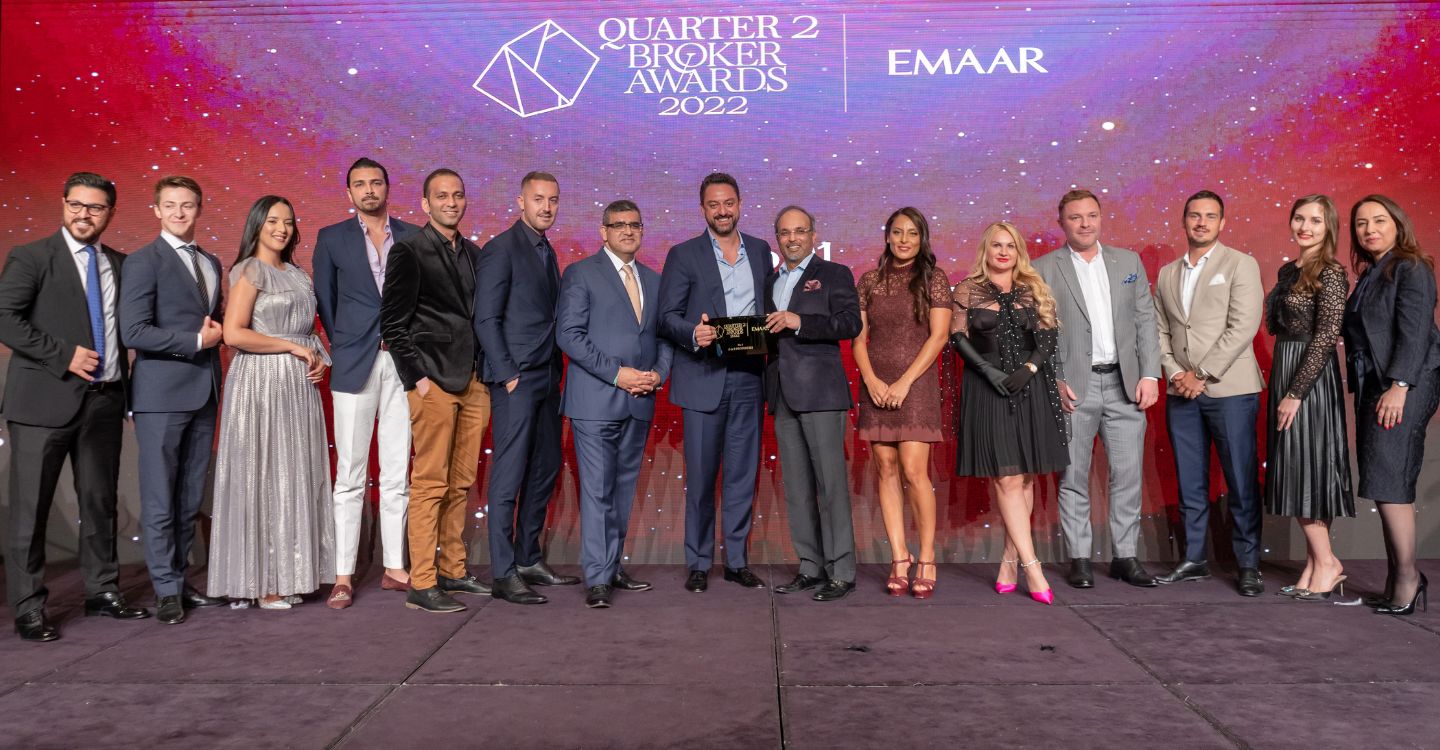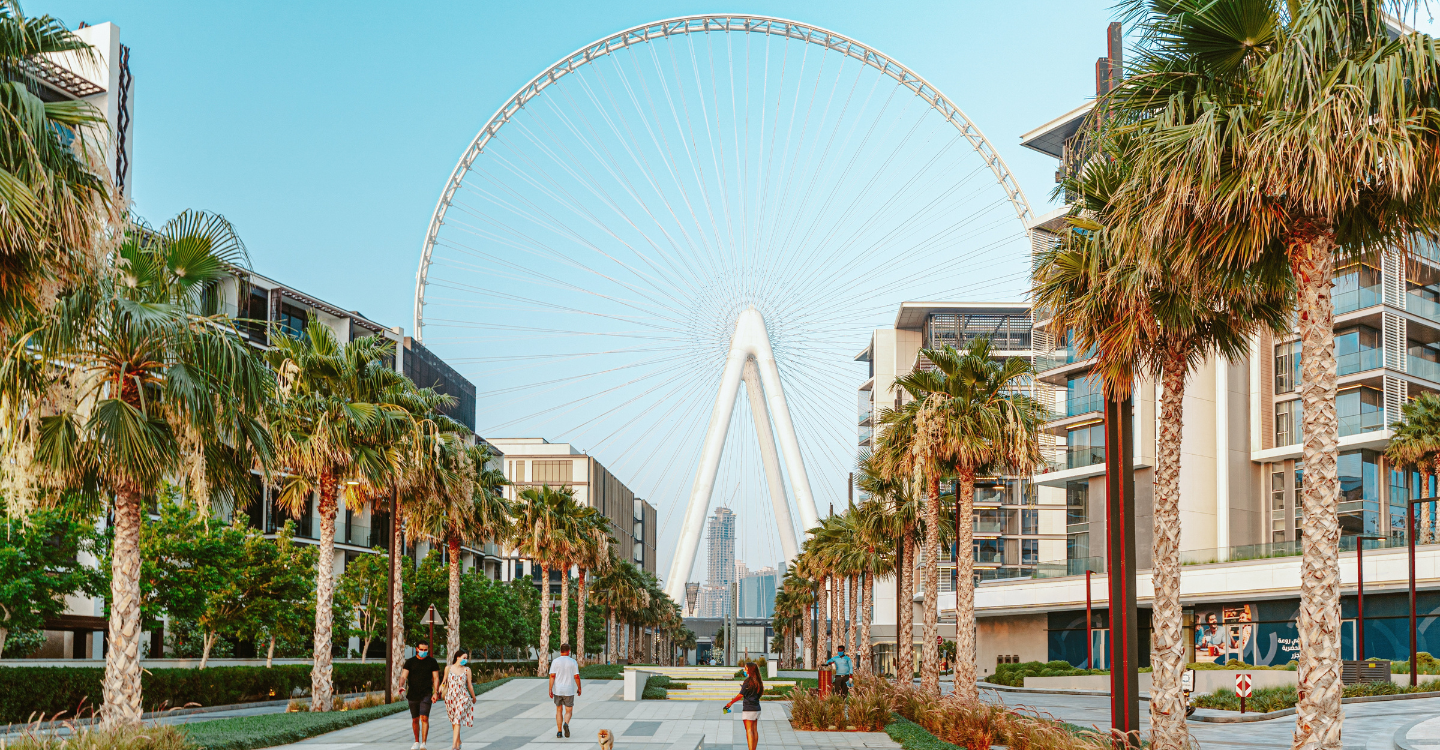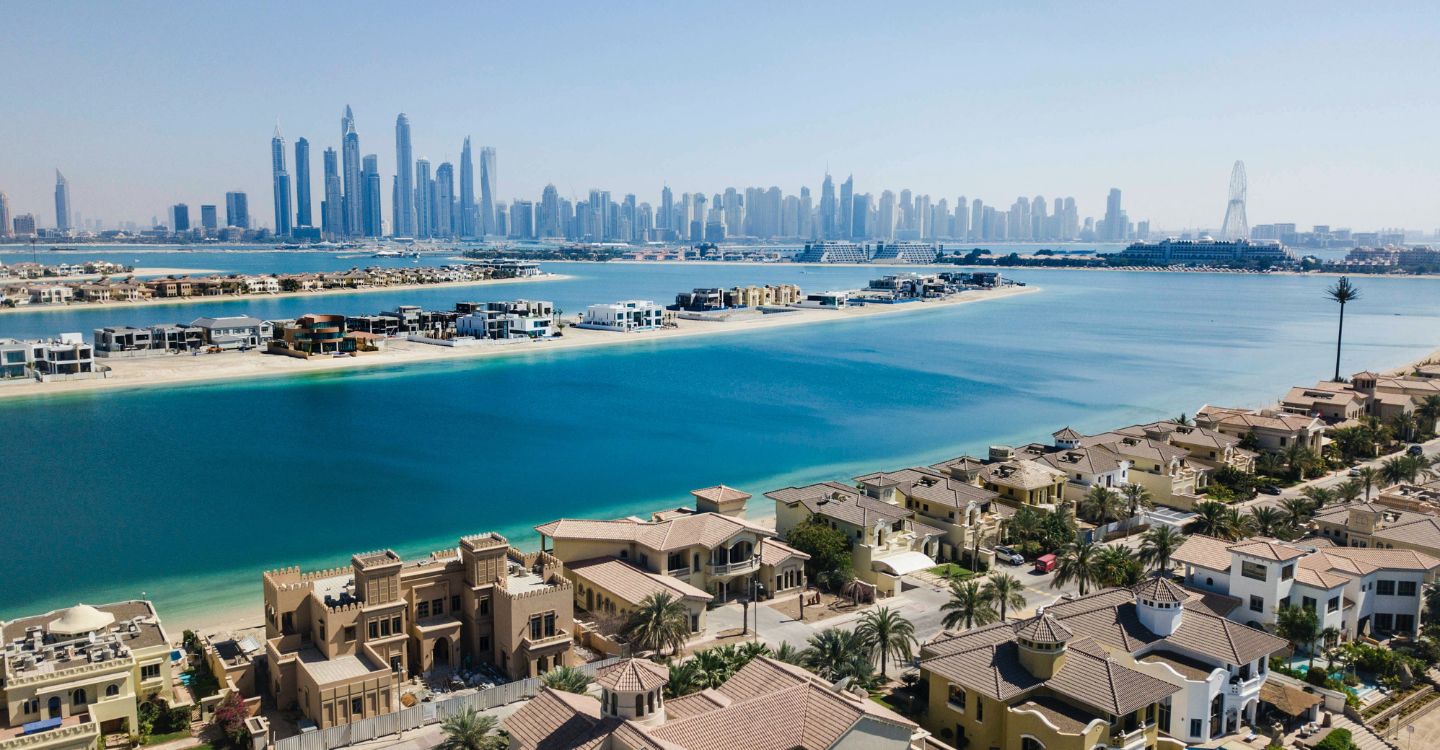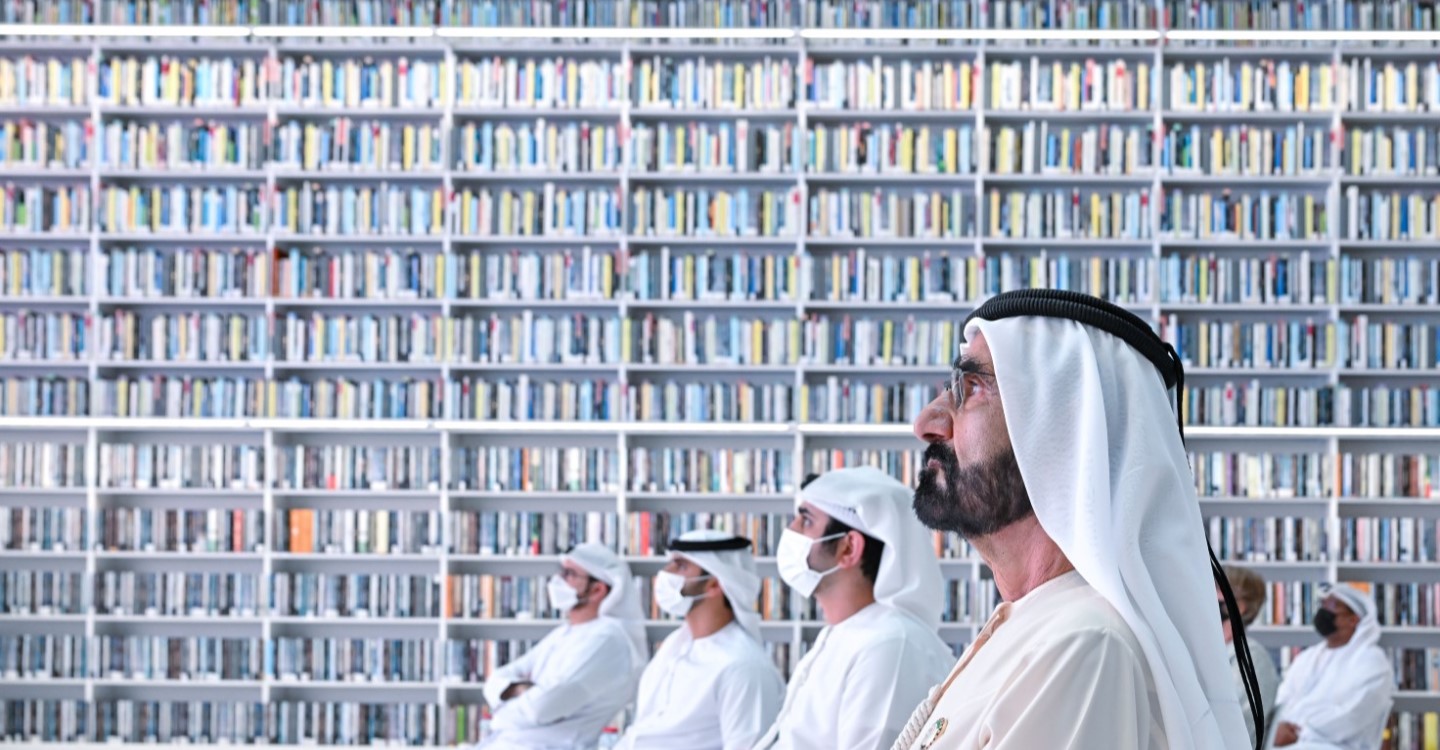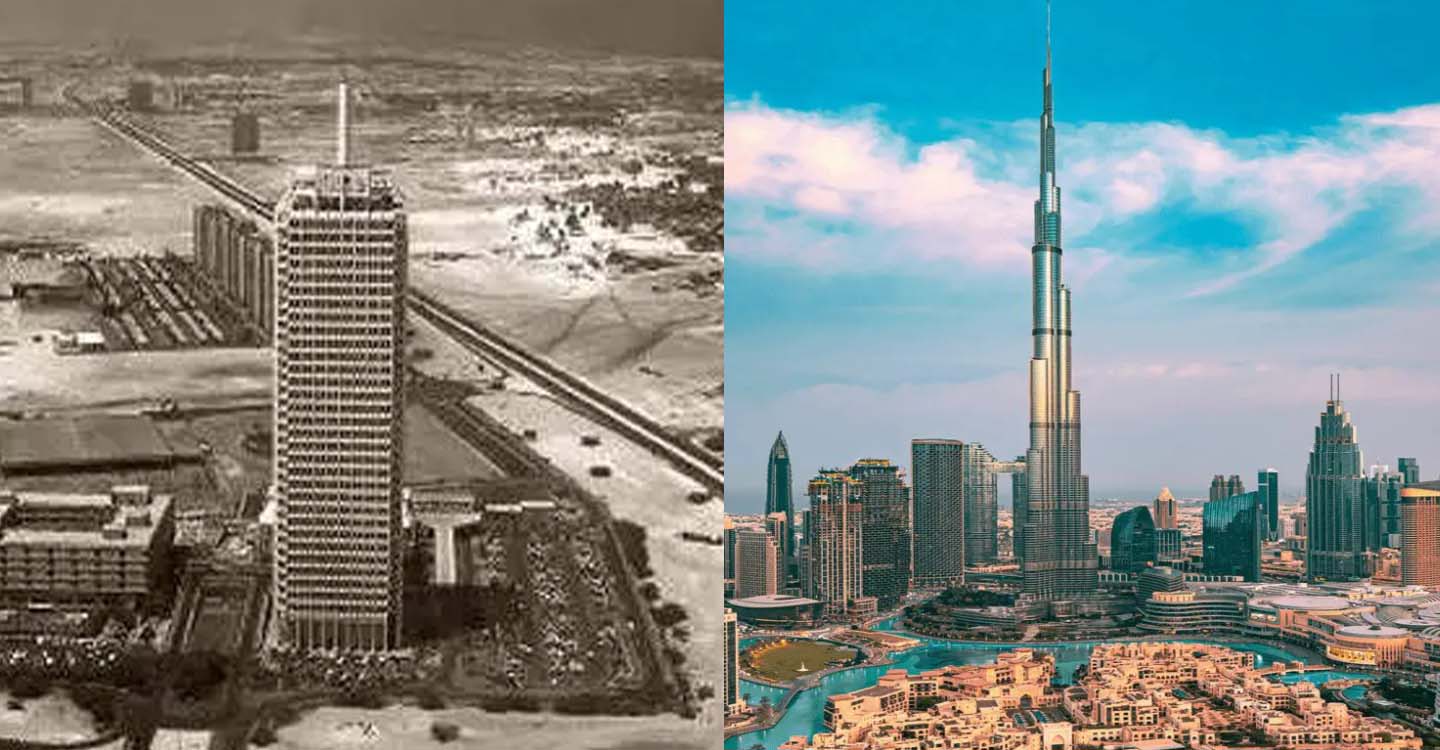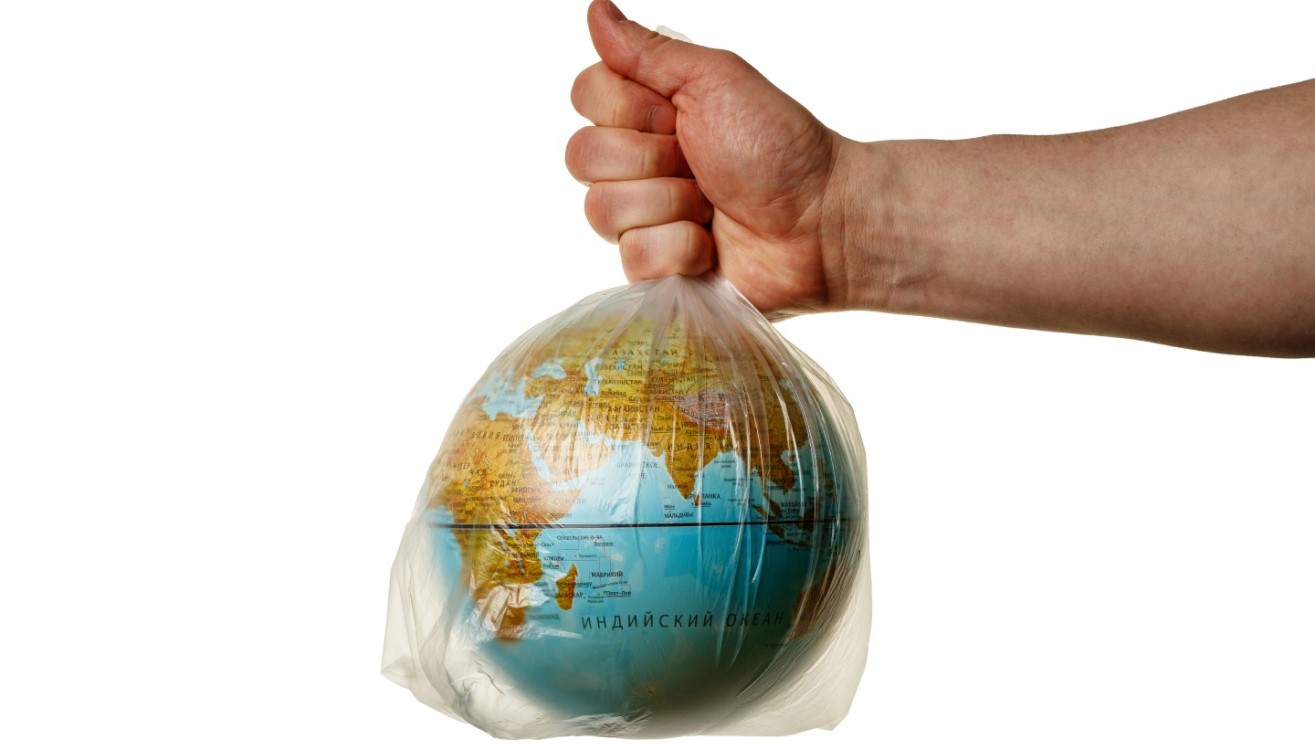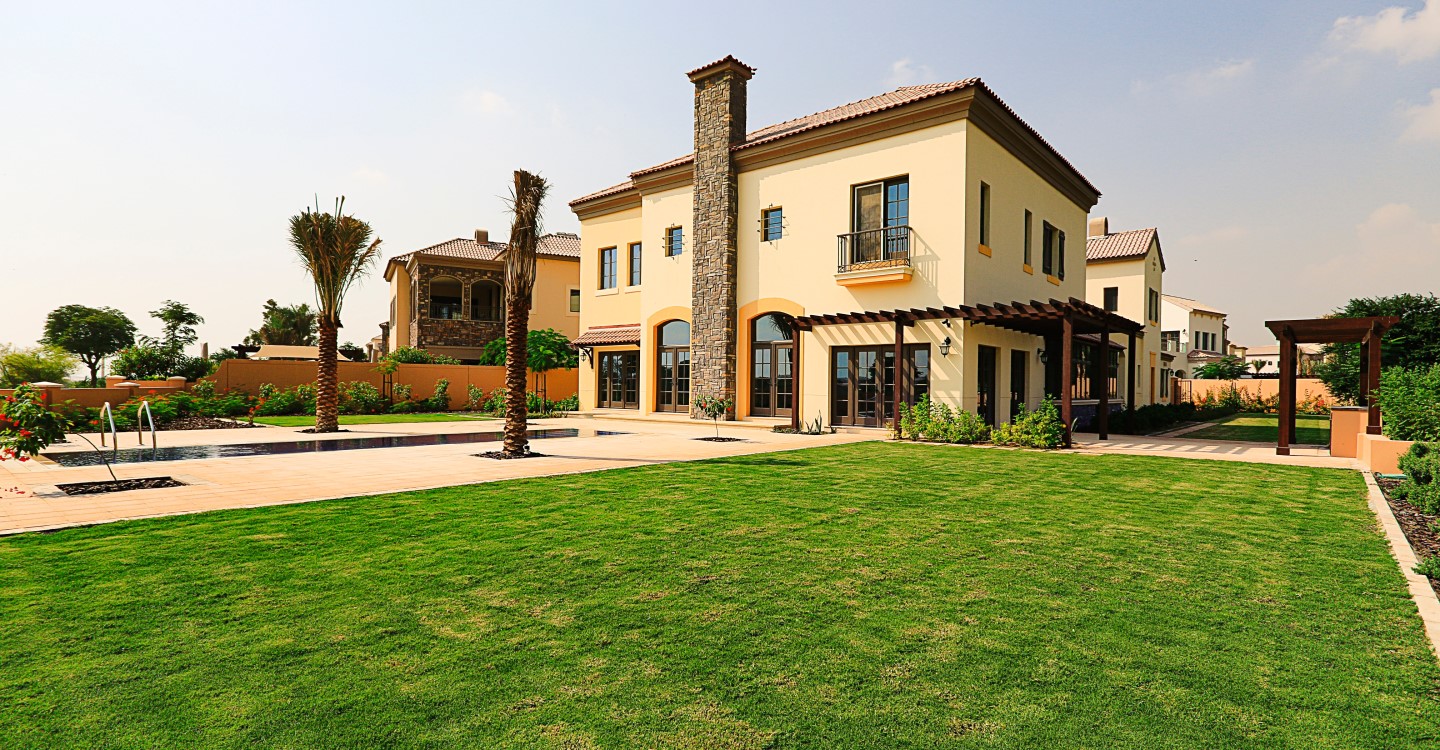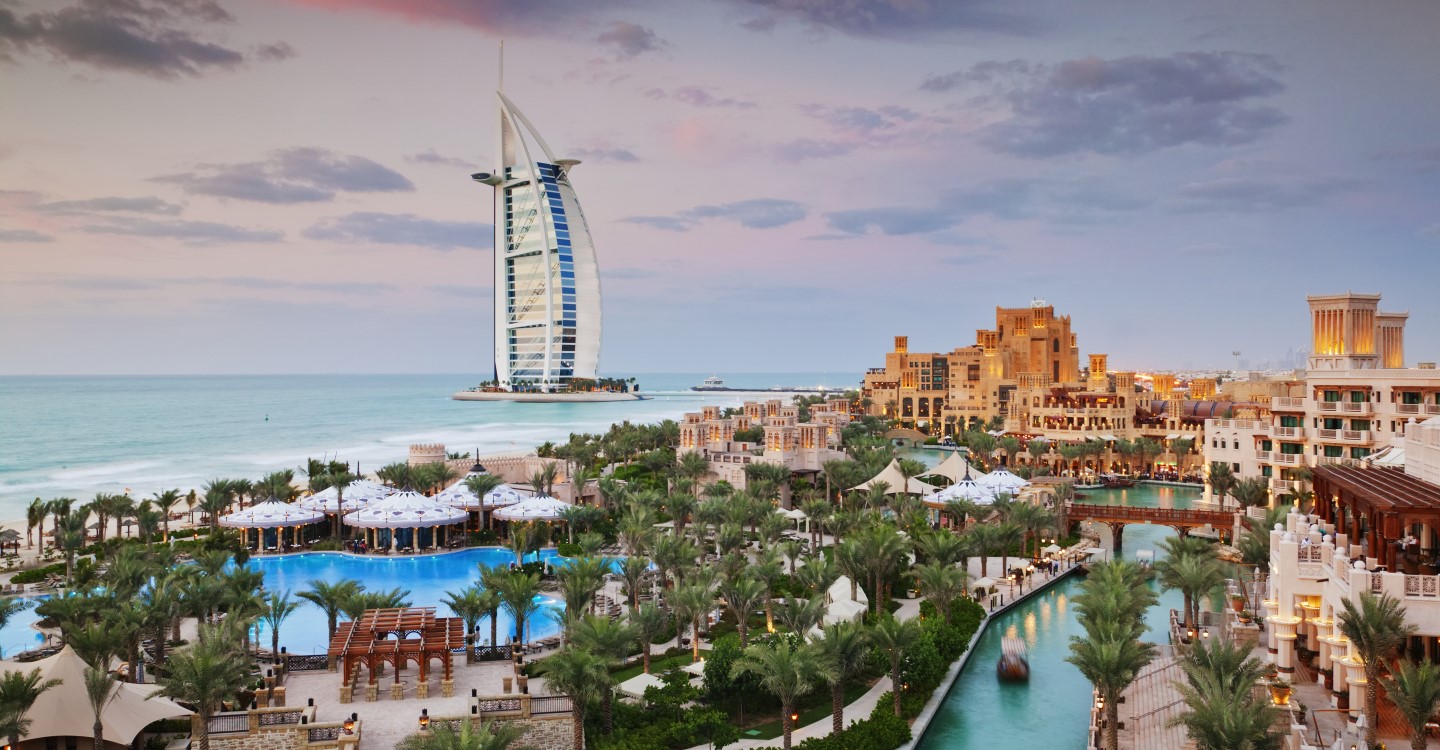
Dubai's real estate market stands as a dynamic and ever-evolving landscape, characterized by innovation, luxury, and a constant pursuit of architectural excellence. Renowned globally for its iconic skyline and ambitious urban developments, the city has positioned itself as a hub for both residential and commercial real estate.
Historically, Dubai's real estate market has been shaped by its strategic location, visionary leadership, and a commitment to diversify its economy. The market has experienced rapid growth over the past few decades, witnessing the emergence of iconic structures like the Burj Khalifa and the Palm Jumeirah. These architectural marvels, along with world-class infrastructure, have contributed to Dubai's allure for investors, residents, and tourists alike.
Dubai's real estate sector comprises a diverse range of properties, including high-end residential units, commercial spaces, and hospitality offerings. The market has been responsive to global economic trends, with various phases of growth and adjustments. Government initiatives and regulatory frameworks play a pivotal role in shaping the real estate landscape, ensuring a conducive environment for investment and sustainable development.
In recent years, the real estate market in Dubai has witnessed a shift towards more sustainable and technologically advanced projects, aligning with Dubai's commitment to environmental responsibility and innovation. Additionally, the city's strategic focus on becoming a smart city has led to the integration of advanced technologies, enhancing the overall real estate experience for investors, developers, and residents.
Despite occasional challenges and market adjustments, Dubai's real estate sector remains resilient, offering a wealth of opportunities for those looking to invest, live, or conduct business in this vibrant metropolis. As we delve into the intricacies of Dubai's real estate market trends, it becomes evident that the city continues to shape its skyline and redefine the standards of modern living.
Significance of understanding market trends
Understanding market trends is crucial in navigating the complexities of any industry, and the real estate sector in Dubai is no exception. The significance of comprehending market trends lies in the informed decision-making it enables for various stakeholders, including investors, developers, real estate professionals, and even end-users.
1. Informed Investment Decisions: Knowledge of market trends allows investors to make strategic decisions based on the current and anticipated conditions. Whether it's identifying emerging neighborhoods, recognizing shifts in demand, or predicting potential growth areas, staying informed is key to maximizing returns on investment.
2. Strategic Development Planning: For developers, understanding market trends is fundamental in planning and executing projects that align with current demands and future expectations. This includes considerations such as property types, sizes, and amenities that resonate with the evolving preferences of the target audience.
3. Risk Mitigation: Being aware of market trends helps in identifying and mitigating potential risks. Whether it's economic fluctuations, regulatory changes, or shifts in consumer behavior, a proactive approach informed by market insights allows stakeholders to navigate uncertainties more effectively.
4. Competitive Edge: Real estate professionals and agencies can gain a competitive edge by staying ahead of market trends. This includes offering clients valuable insights, tailoring services to current demands, and positioning themselves as trusted advisors in a dynamic and competitive market.
5. Consumer Empowerment: For end-users, understanding market trends provides valuable information for making informed decisions about purchasing or renting property. This empowerment allows individuals and families to align their housing choices with their lifestyle and financial goals.
6. Government and Policy Impact: Knowledge of market trends is also critical for policymakers and government entities. It helps in formulating effective regulations, incentives, and urban planning strategies that support sustainable growth and address the evolving needs of the population.
In essence, the significance of understanding market trends transcends individual interests and contributes to the overall health and sustainability of Dubai's real estate sector. It fosters a more resilient, adaptive, and forward-looking industry that can navigate challenges and capitalize on opportunities in a rapidly changing landscape.
Emerging Neighborhoods and Hotspots
Dubai's real estate market is dynamic, and as the city continues to evolve, certain neighborhoods are emerging as hotspots for investment, development, and vibrant community living. These emerging areas offer a unique blend of strategic location, amenities, and potential for future growth, making them attractive for both investors and residents. Let's explore some of the notable emerging neighborhoods and hotspots in Dubai:
1. Dubai South:
- Home to the Expo 2020 site, Dubai South has witnessed significant infrastructure development.
- Proximity to Al Maktoum International Airport enhances its appeal for businesses and logistics.
- Planned residential communities and commercial zones contribute to its potential as a thriving hub.
2. Jumeirah Village Circle (JVC):
- JVC is rapidly gaining popularity due to its central location and affordability.
- The community offers a mix of villas, townhouses, and apartments with modern amenities.
- Ongoing development projects are enhancing its infrastructure and community facilities.
3. Dubai Creek Harbour:
- Positioned near the historic Dubai Creek, this area is a mega-development project.
- The Dubai Creek Tower and the Dubai Creek Harbor Mall are key attractions.
- Waterfront living, cultural attractions, and proximity to the city center contribute to its allure.
4. Arabian Ranches III:
- Building on the success of Arabian Ranches, the third phase offers a master-planned community.
- Lush greenery, parks, and family-friendly amenities make it an attractive residential option.
- Proximity to major highways provides convenient access to the city.
5. Dubai Silicon Oasis:
- Known as the technology hub, Dubai Silicon Oasis is evolving into a residential and commercial destination.
- A mix of apartments and villas, along with tech-focused business zones, creates a diverse community.
- Educational institutions and recreational facilities contribute to its appeal.
6. Dubai Hills Estate:
- A joint venture between Emaar and Meraas, Dubai Hills Estate is a multi-purpose development.
- Golf courses, parks, and upscale residential options attract investors seeking a luxury lifestyle.
- Proximity to key areas like Downtown Dubai adds to its value.
7. Al Furjan:
- Al Furjan is gaining popularity for its well-planned residential communities.
- Proximity to key locations like Jebel Ali and easy access to major highways enhance its connectivity.
- Ongoing infrastructure developments contribute to its potential for long-term growth.
These emerging neighborhoods and hotspots showcase Dubai's commitment to urban development and innovation. For investors and residents seeking promising opportunities, these areas present a spectrum of choices ranging from affordable living to luxurious lifestyle options. As Dubai continues to shape its future, these emerging neighborhoods stand as testament to the city's dedication to providing diverse and vibrant living experiences.
Effects of Global and Economic Influences
Global and economic influences exert a profound impact on Dubai's real estate market, influencing investment patterns, property values, and overall market dynamics. Key considerations include:
1. Global Economic Trends:
Economic fluctuations globally can affect investor confidence, financial markets, and demand for real estate in Dubai.
2. Currency Exchange Rates:
Fluctuations in exchange rates impact the purchasing power of international investors, shaping their decisions to invest in Dubai's real estate.
3. Oil Prices and Regional Stability:
Dubai's economy is closely tied to global oil prices, and regional geopolitical stability influences investor confidence and the economic climate.
4. Interest Rates:
Changes in global interest rates affect borrowing costs, influencing the affordability of real estate for investors and end-users.
5. Global Investment Flows:
Changes in global investment trends impact the flow of capital into Dubai's real estate sector, influenced by political and economic developments in major investor countries.
6. Pandemics and Global Crises:
Unforeseen global events, such as pandemics or economic crises, can reshape real estate trends, as seen with the COVID-19 pandemic altering remote work preferences and housing demands.
7. Trade Agreements and Policies:
International trade agreements and policies influence economic activities, impacting demand for commercial properties and businesses.
8. Global Migration Patterns:
Dubai's real estate market is influenced by global migration trends, and changes in these patterns affect population growth and housing demand.
Stakeholders in Dubai's real estate sector must remain adaptable to navigate the dynamic interplay of these global factors, ensuring informed decision-making in response to the evolving market landscape.
Sustainability and Green Initiatives
Sustainability is a cornerstone of Dubai's real estate evolution, shaping projects to align with global environmental goals. Key elements include:
1. Green Building Standards:
Adherence to certification systems like LEED ensures environmentally friendly construction practices.
2. Renewable Energy Integration:
Projects increasingly incorporate solar power and other renewables to reduce reliance on conventional energy.
3. Smart Home Solutions:
Energy-efficient appliances and automated systems contribute to reduced energy consumption.
4. Green Spaces and Urban Planning:
Dubai prioritizes green spaces within urban planning for recreational use and improved air quality.
5. Waste Reduction and Recycling:
Sustainable developments implement waste reduction, recycling programs, and eco-friendly materials.
6. Water Conservation Practices:
Water-efficient landscaping and recycled water usage address the challenges of the arid climate.
7. Environmental Certifications:
Certifications such as Dubai Sustainable City and Estidama validate a project's commitment to sustainability.
8. Government Regulations and Incentives:
Dubai's government supports sustainable initiatives through regulations and incentives for developers.
As Dubai advances, the integration of these sustainable practices not only fosters environmental responsibility but also ensures long-term value for real estate investments.
Impact of Government Initiatives
Government initiatives in Dubai's real estate sector wield a significant impact on its growth and sustainability. These initiatives, ranging from investor confidence measures to regulatory frameworks, sustainable development incentives, and infrastructure projects, collectively contribute to a transparent, efficient, and thriving real estate market. The government's focus on affordable housing, smart city integration, and incentives for developers aligns with Dubai's commitment to innovation and sustainable growth, making it an attractive destination for real estate investment.
Conclusion:
Dubai's real estate market has witnessed dynamic trends, reflecting the city's commitment to innovation, sustainability, and meeting diverse housing needs. Key trends include the integration of smart technologies, a surge in sustainable developments, a focus on affordable housing initiatives, and strategic infrastructure projects shaping urban landscapes. The market has adapted to global influences, emphasizing resilience and responsiveness.
The future of Dubai's real estate appears promising, marked by continued growth, technological advancements, and sustainability. Government initiatives, investor confidence, and strategic planning position the market for resilience amid global shifts. The emphasis on innovation, affordability, and smart city solutions aligns with Dubai's vision for a forward-thinking and inclusive real estate sector. As the city evolves, its real estate landscape is poised to set new benchmarks on the global stage.
